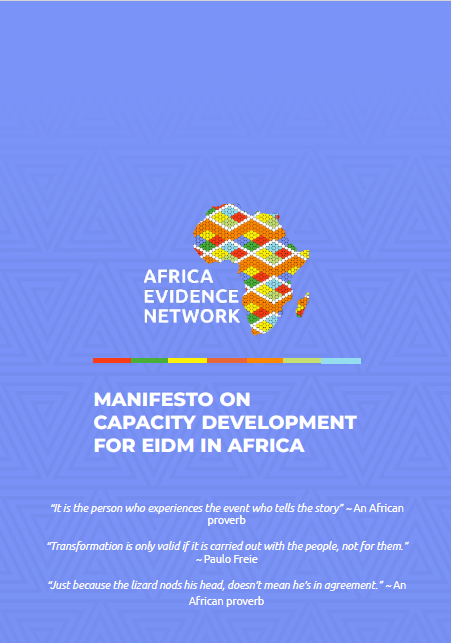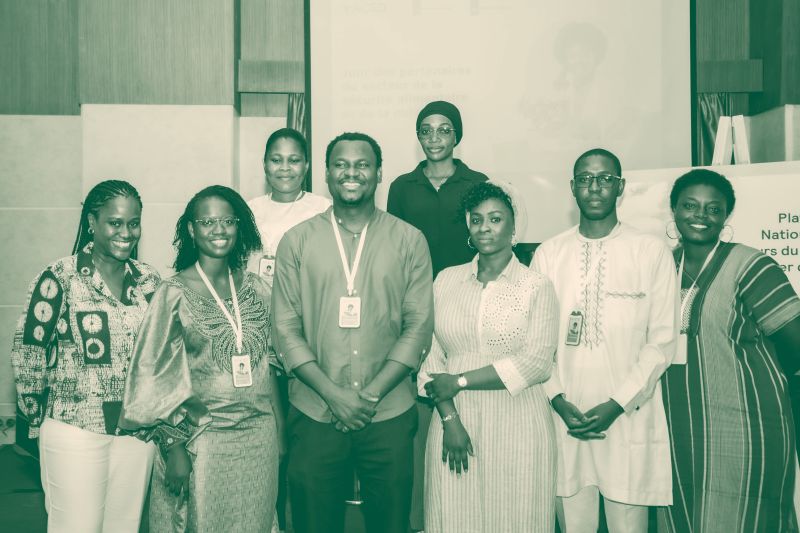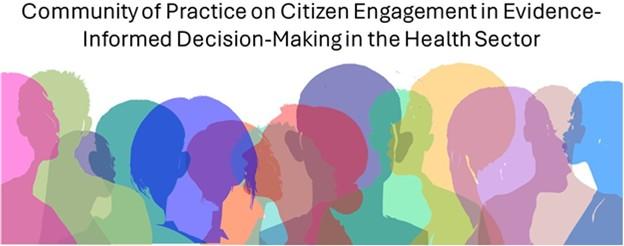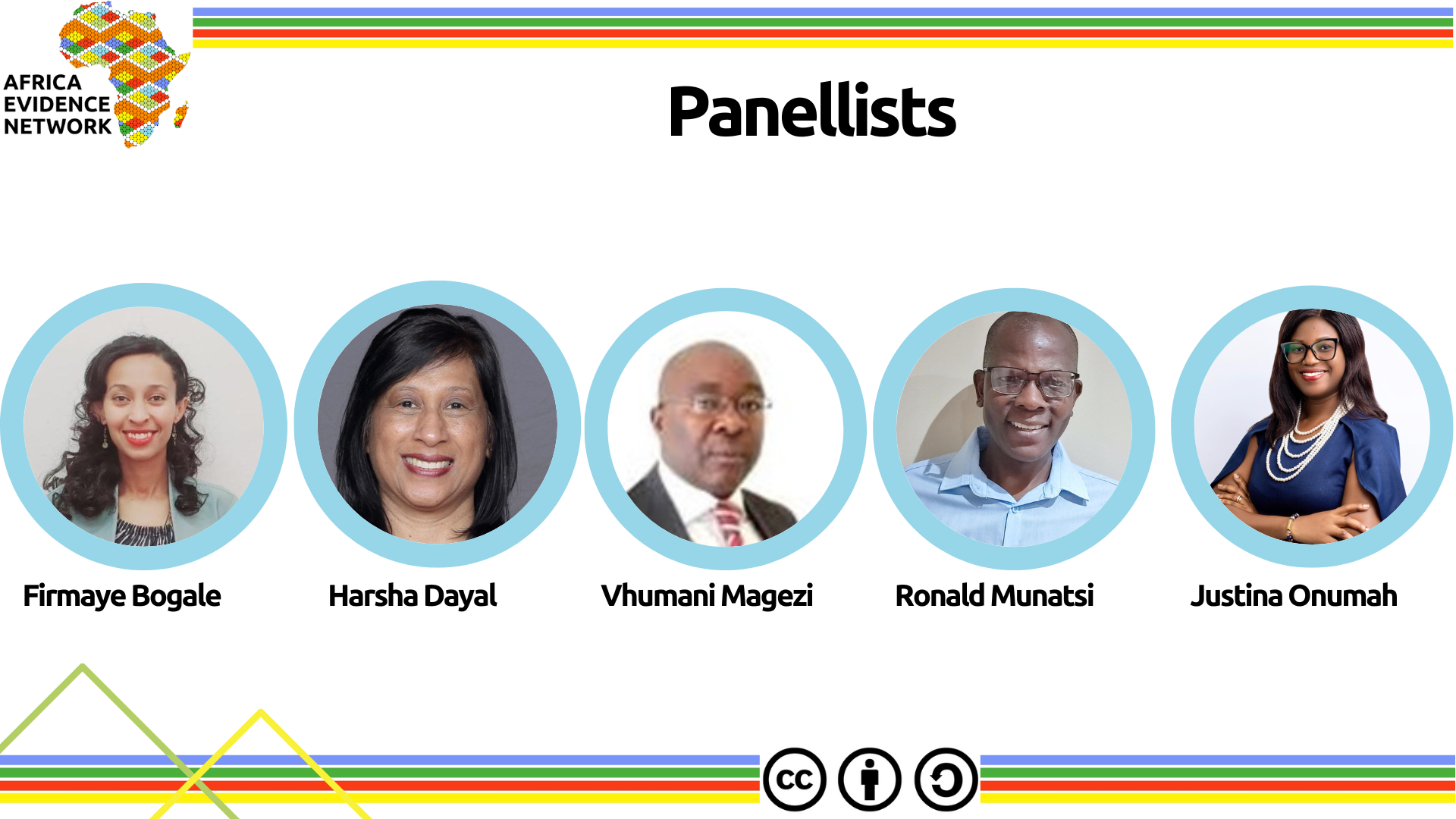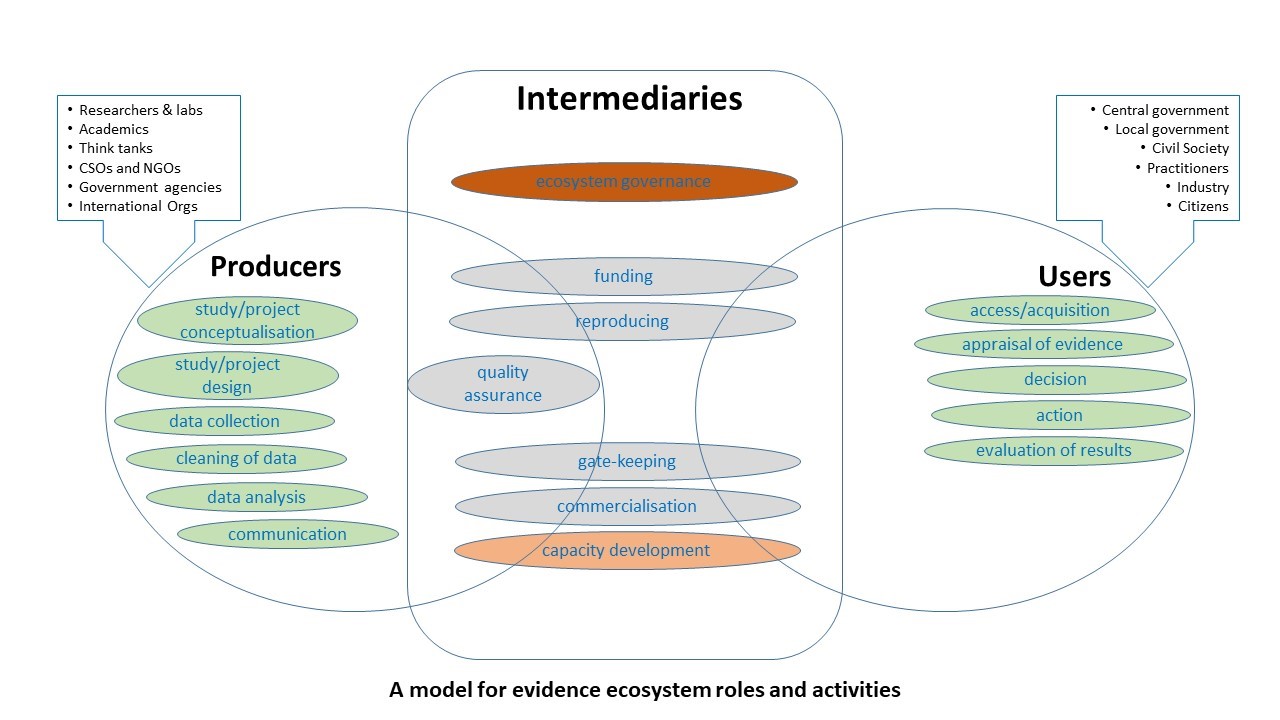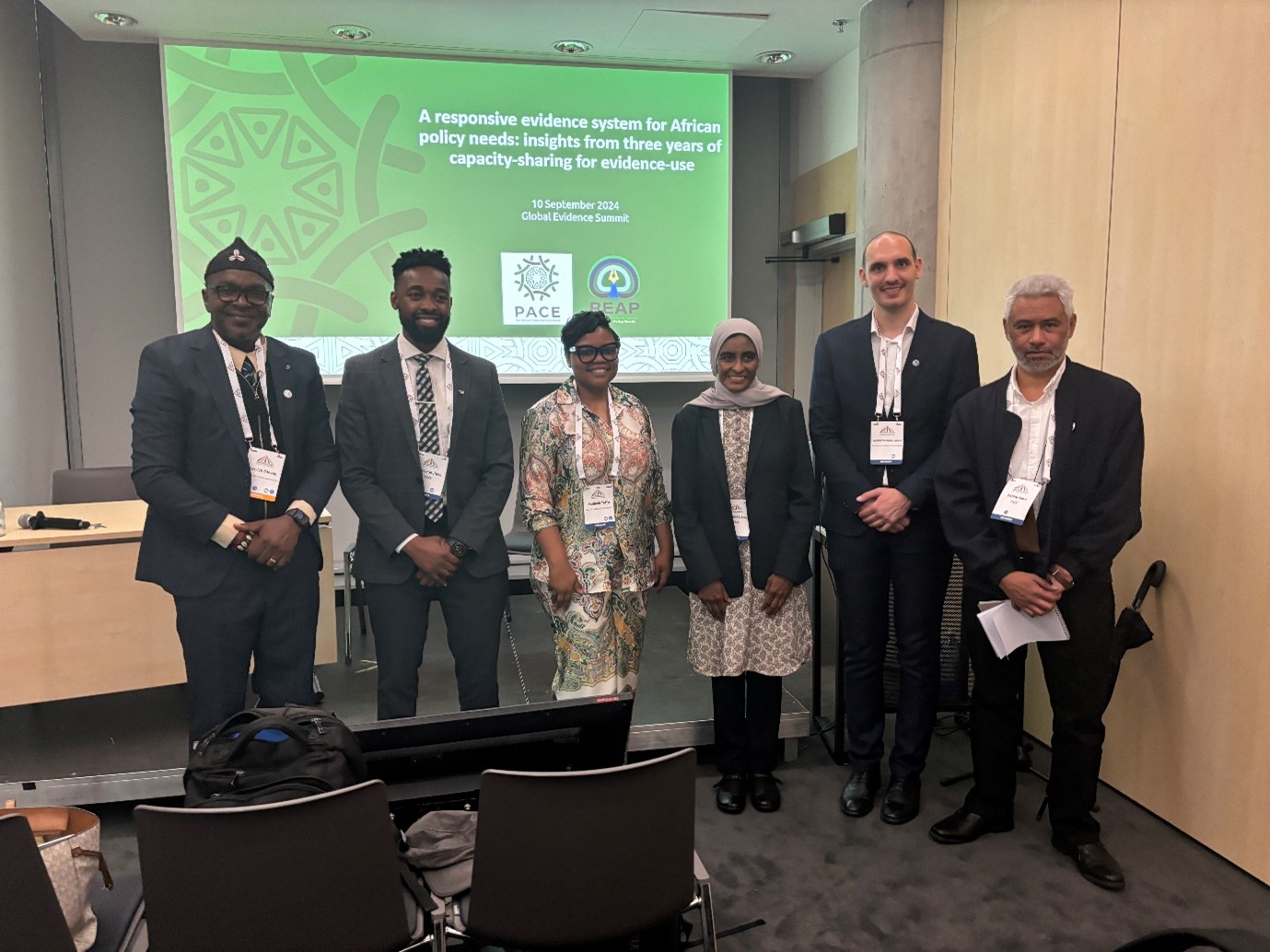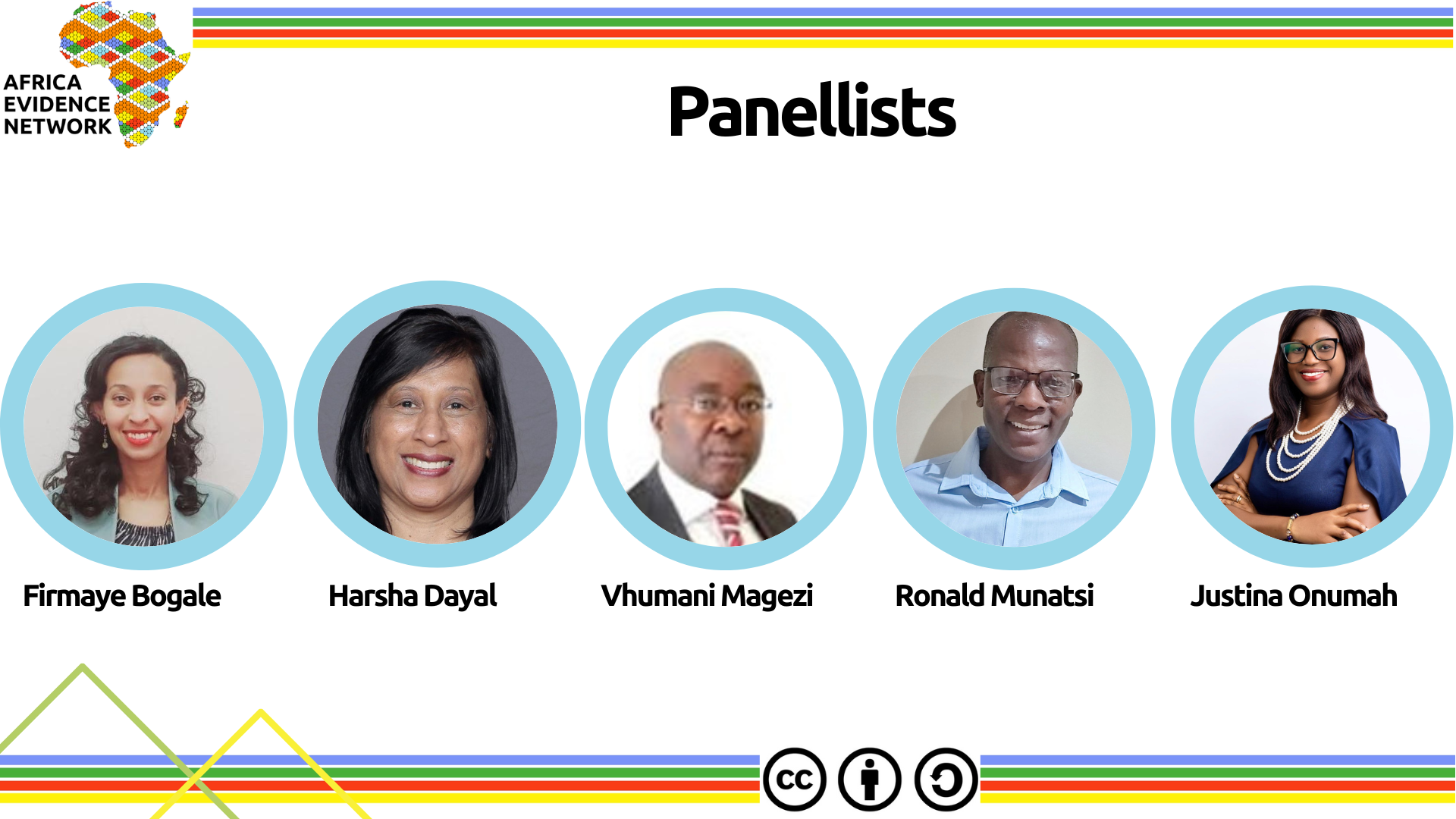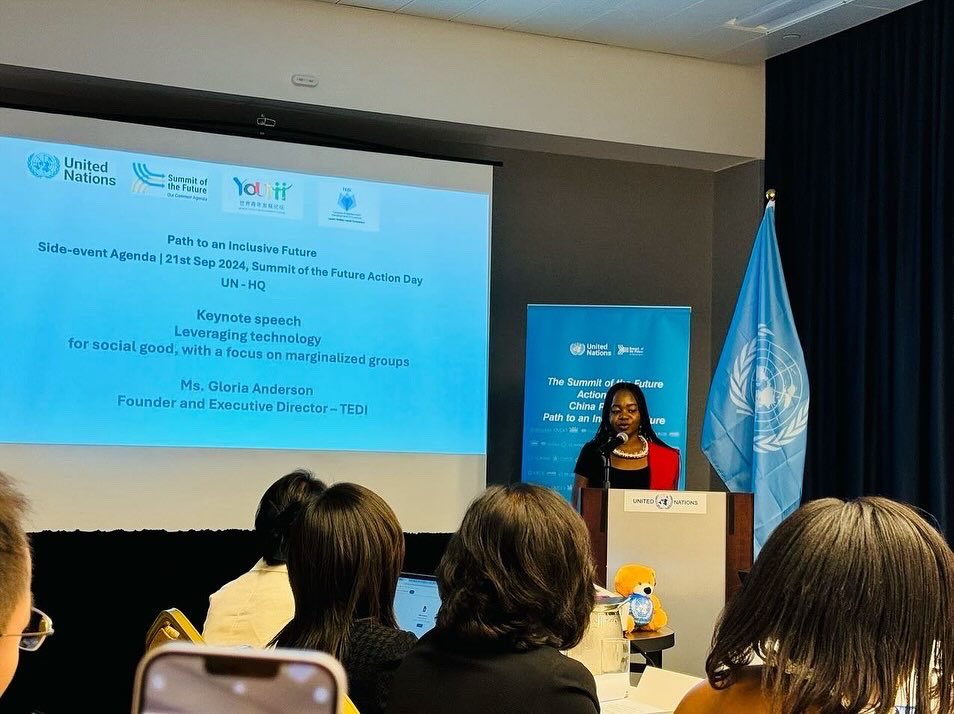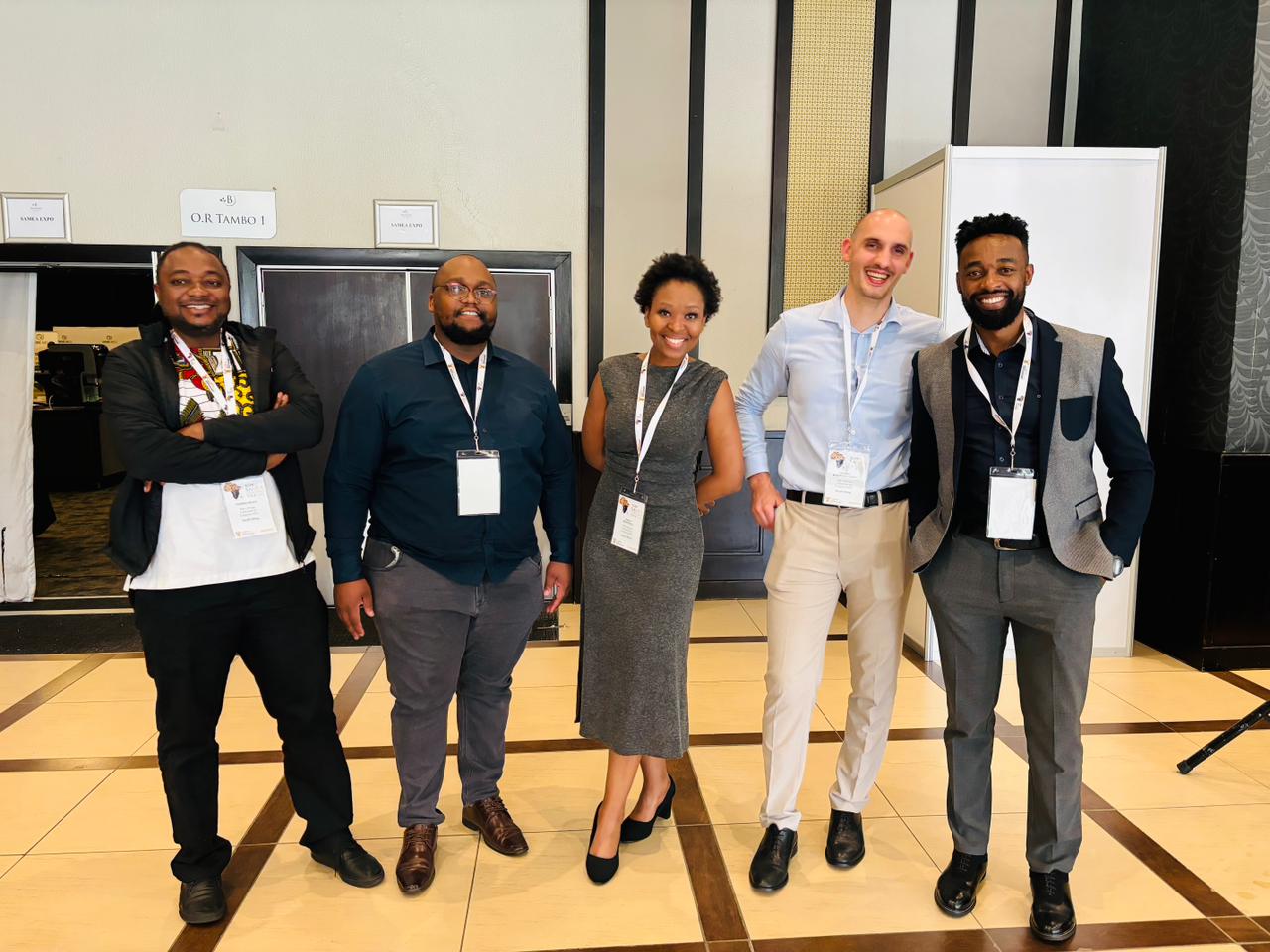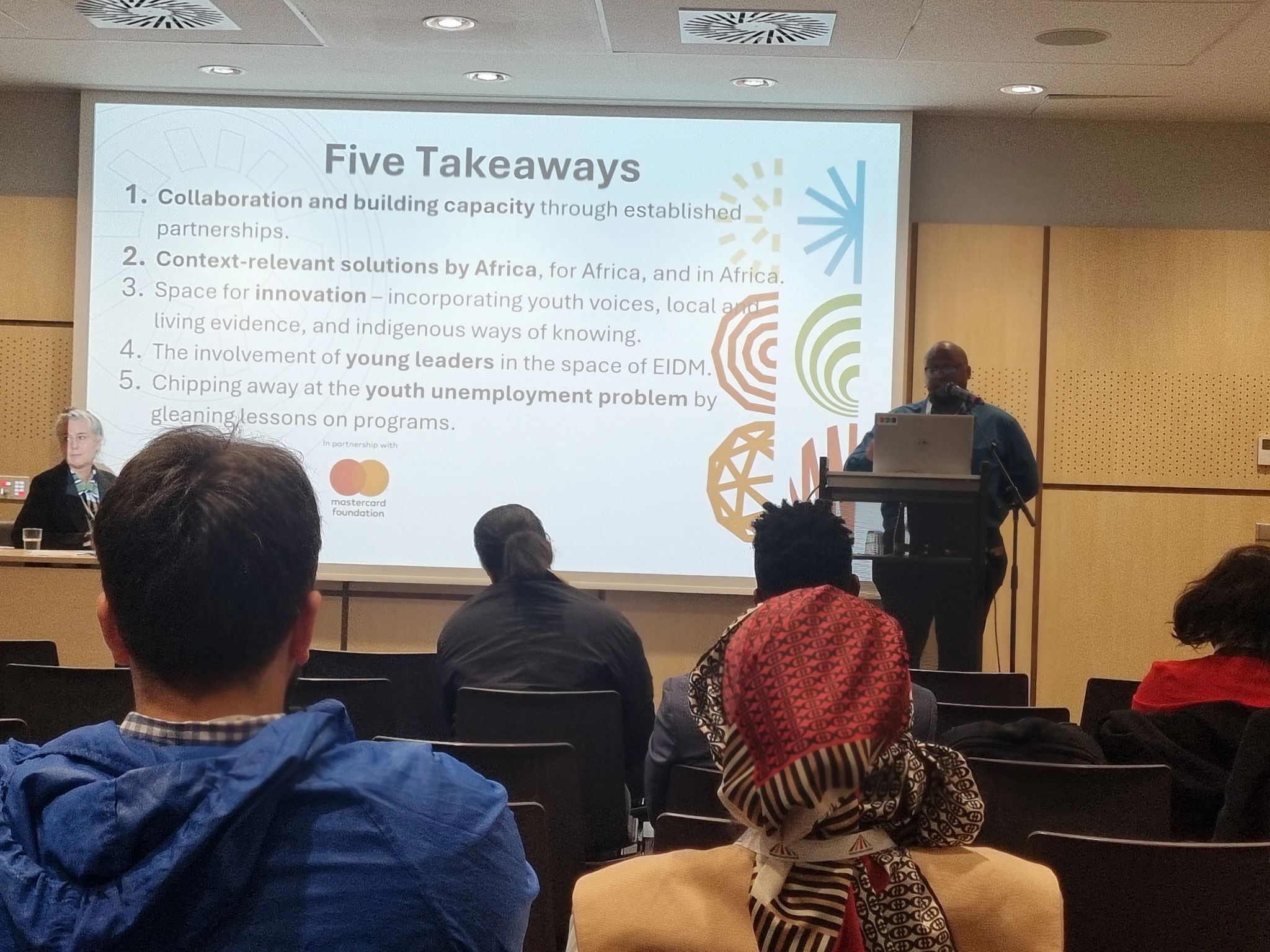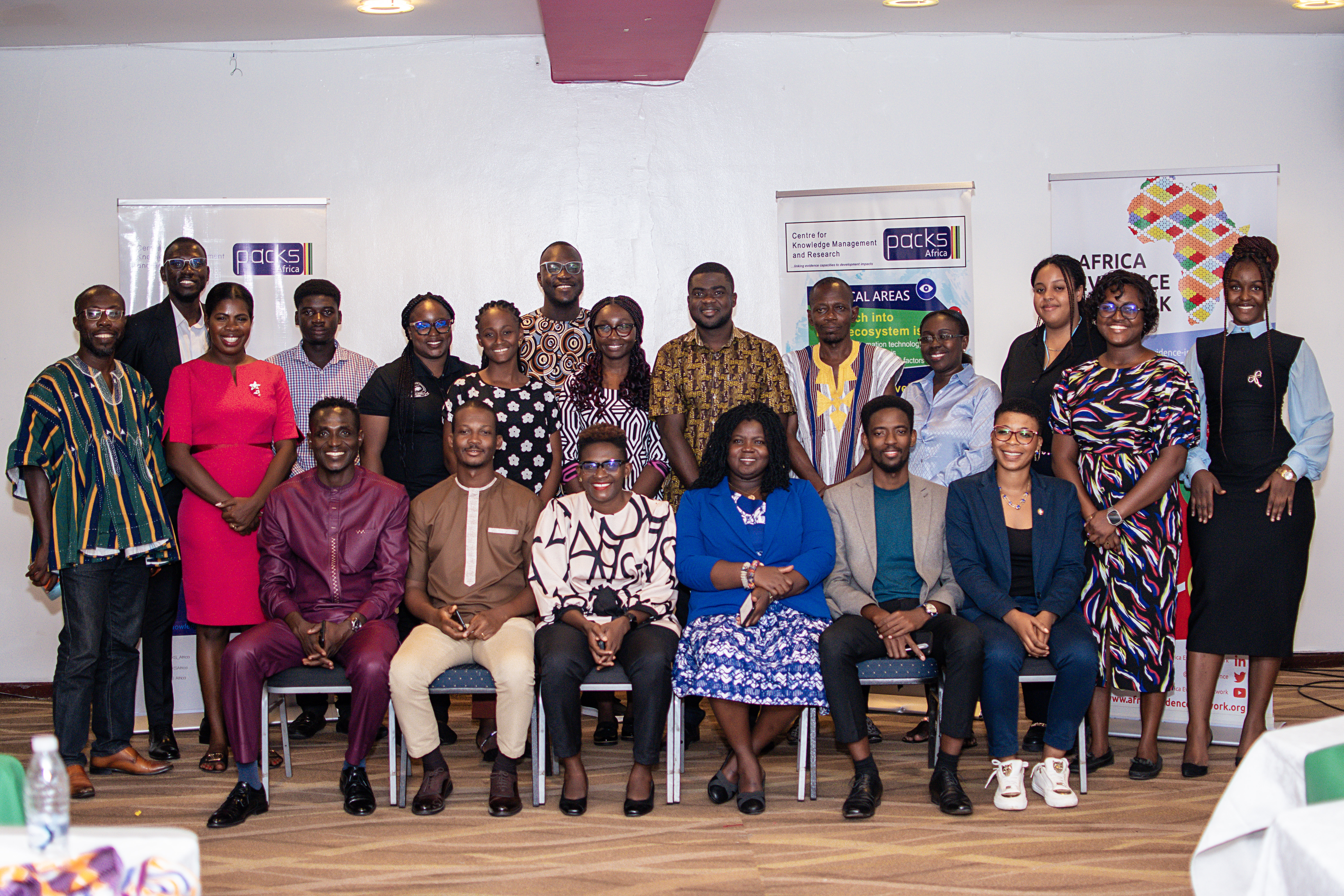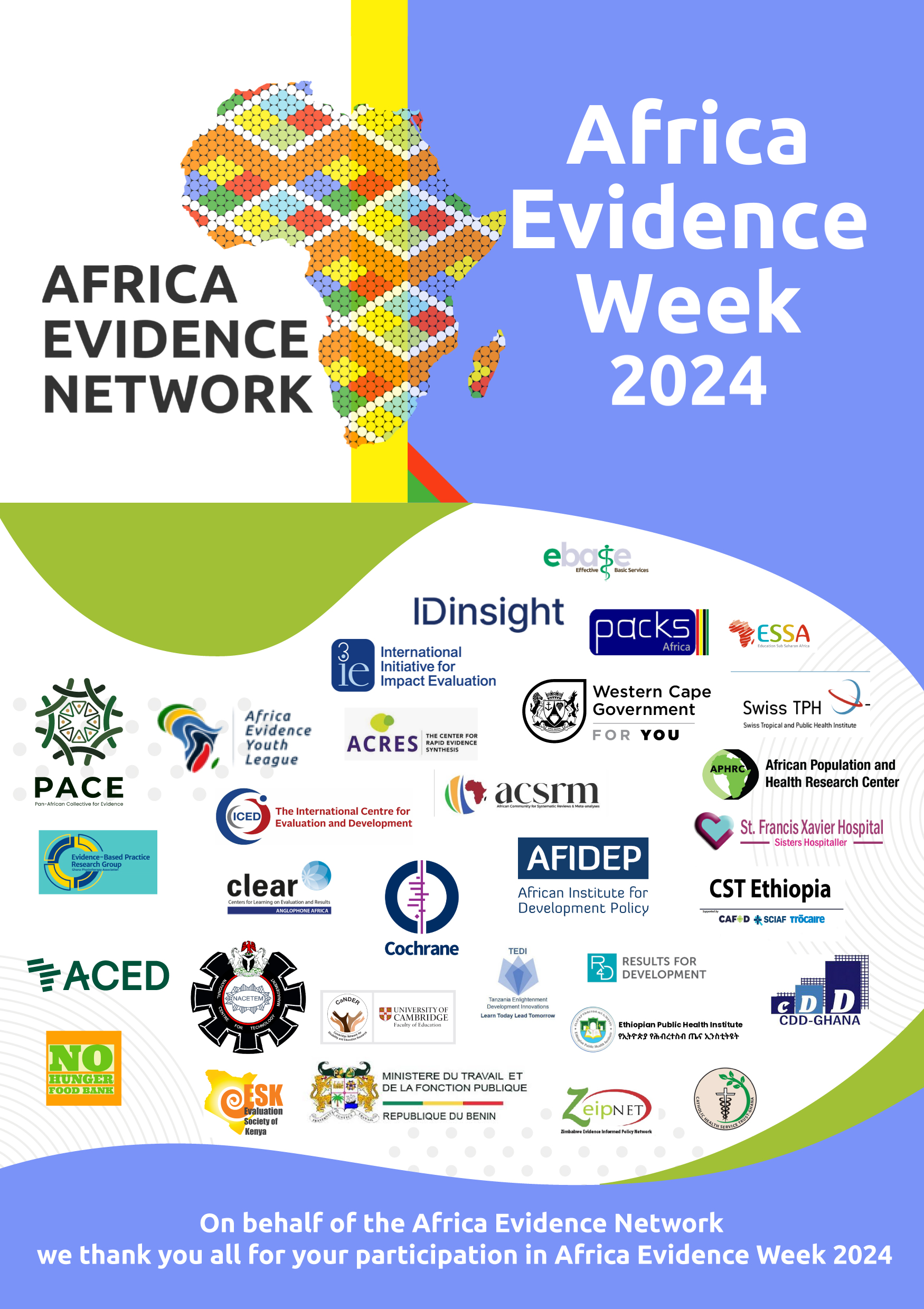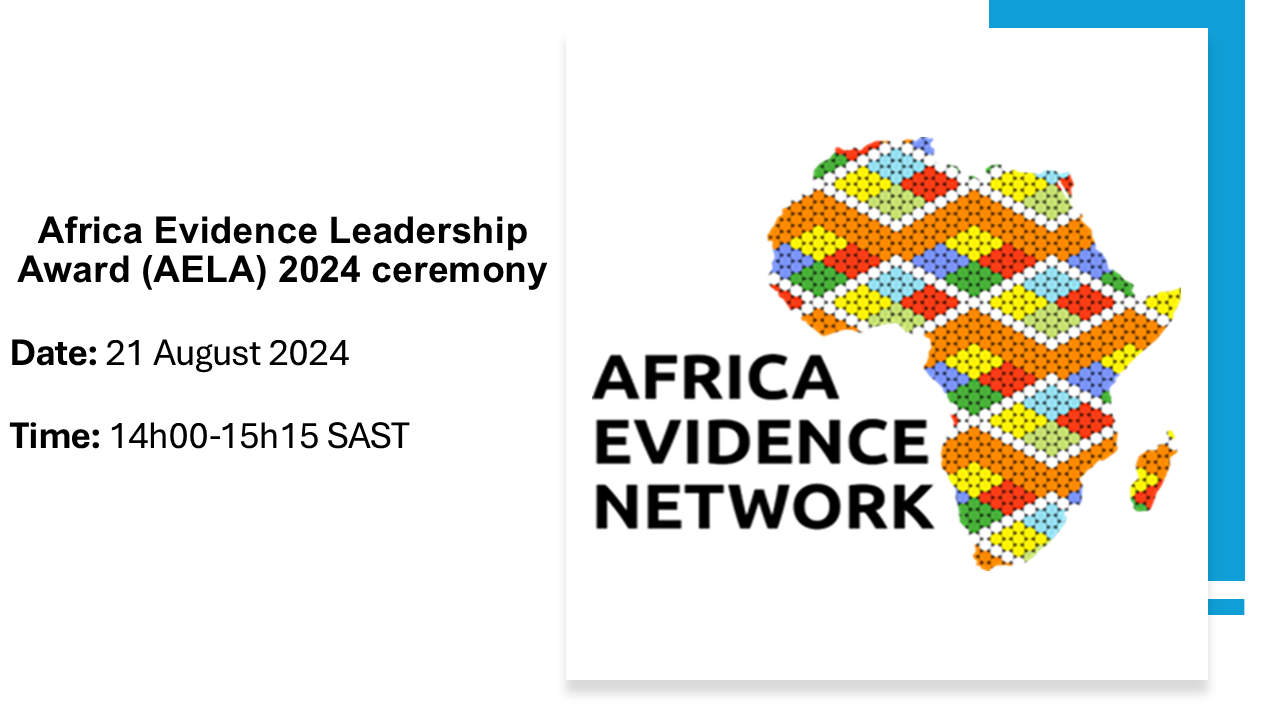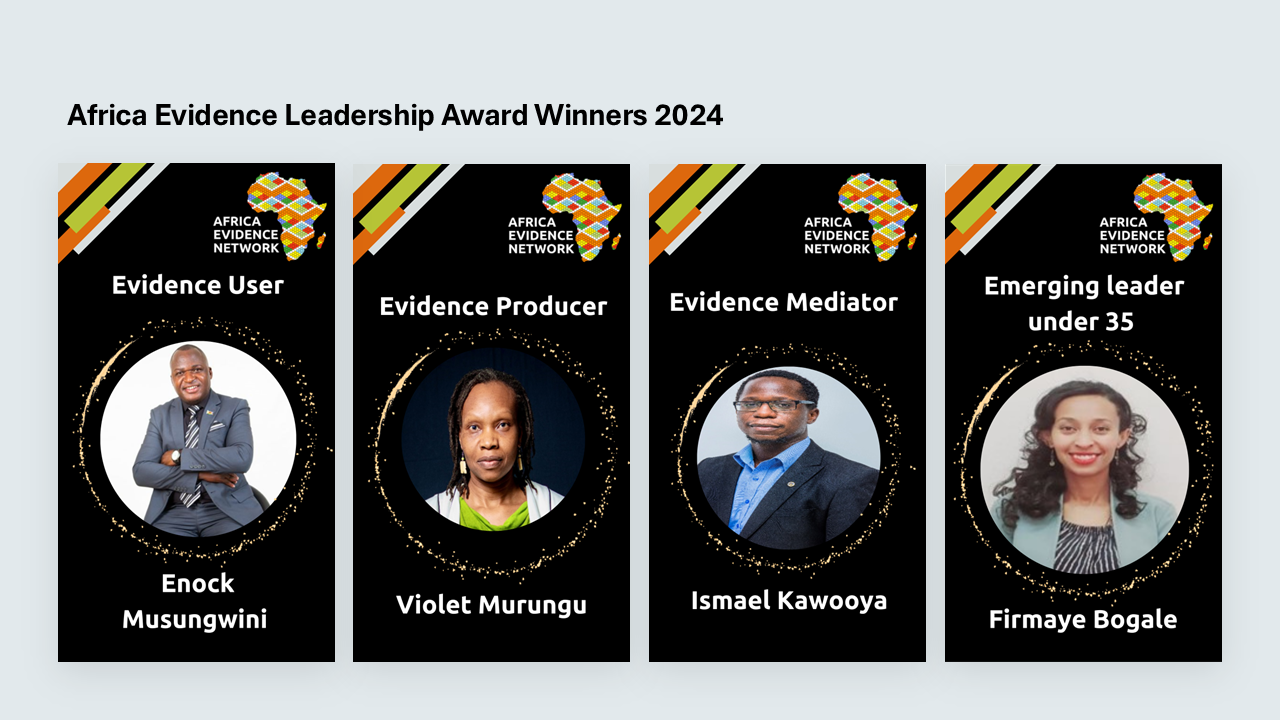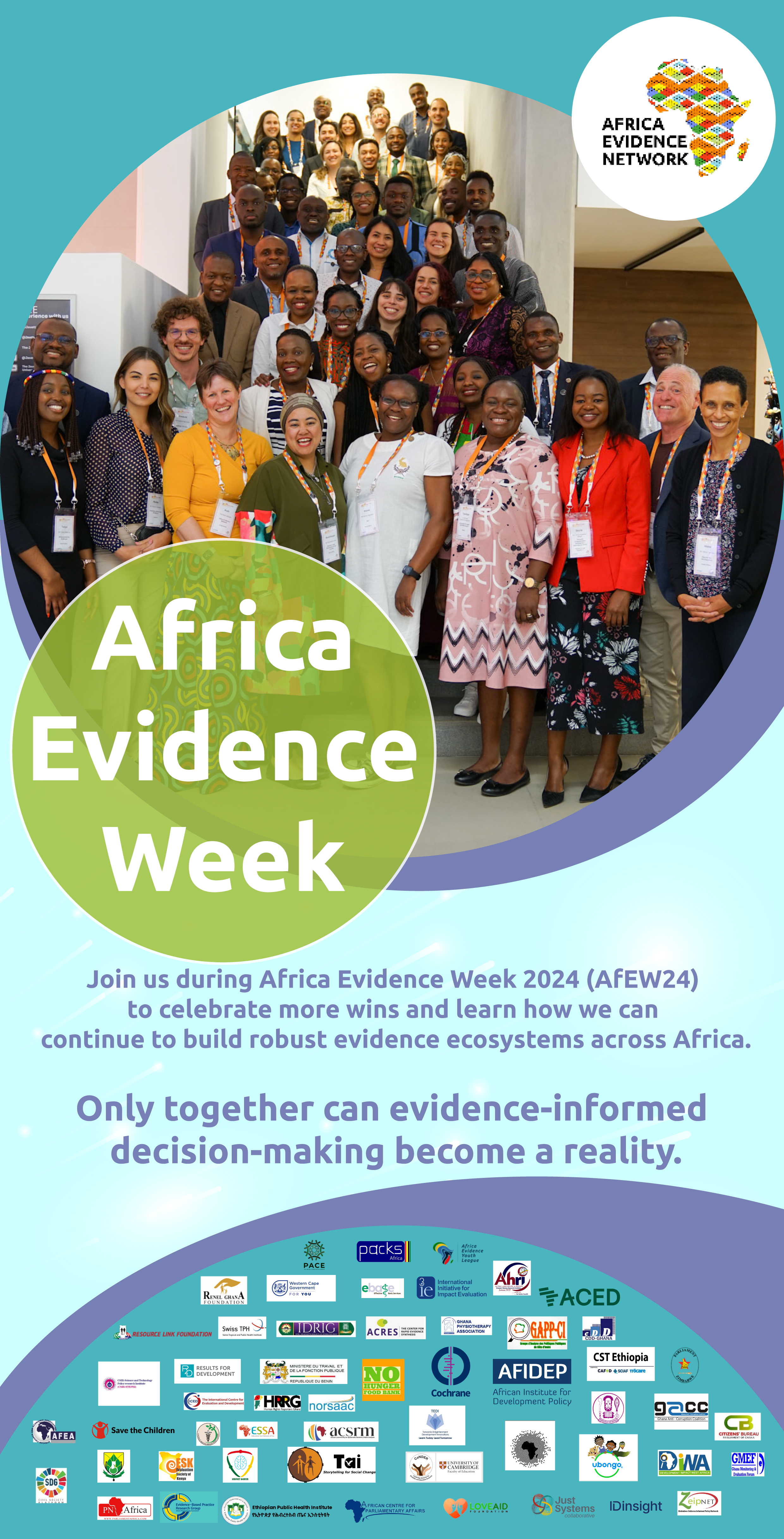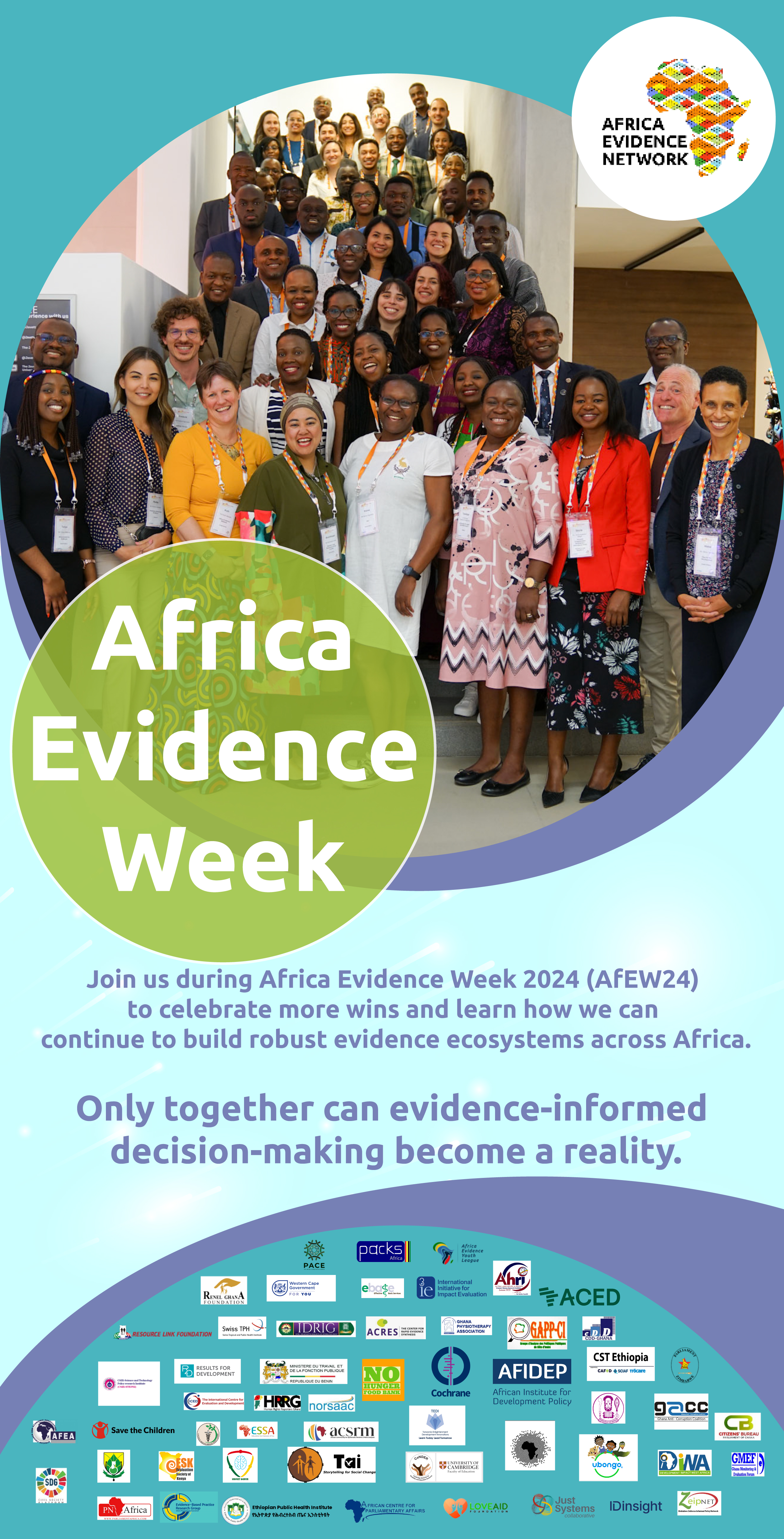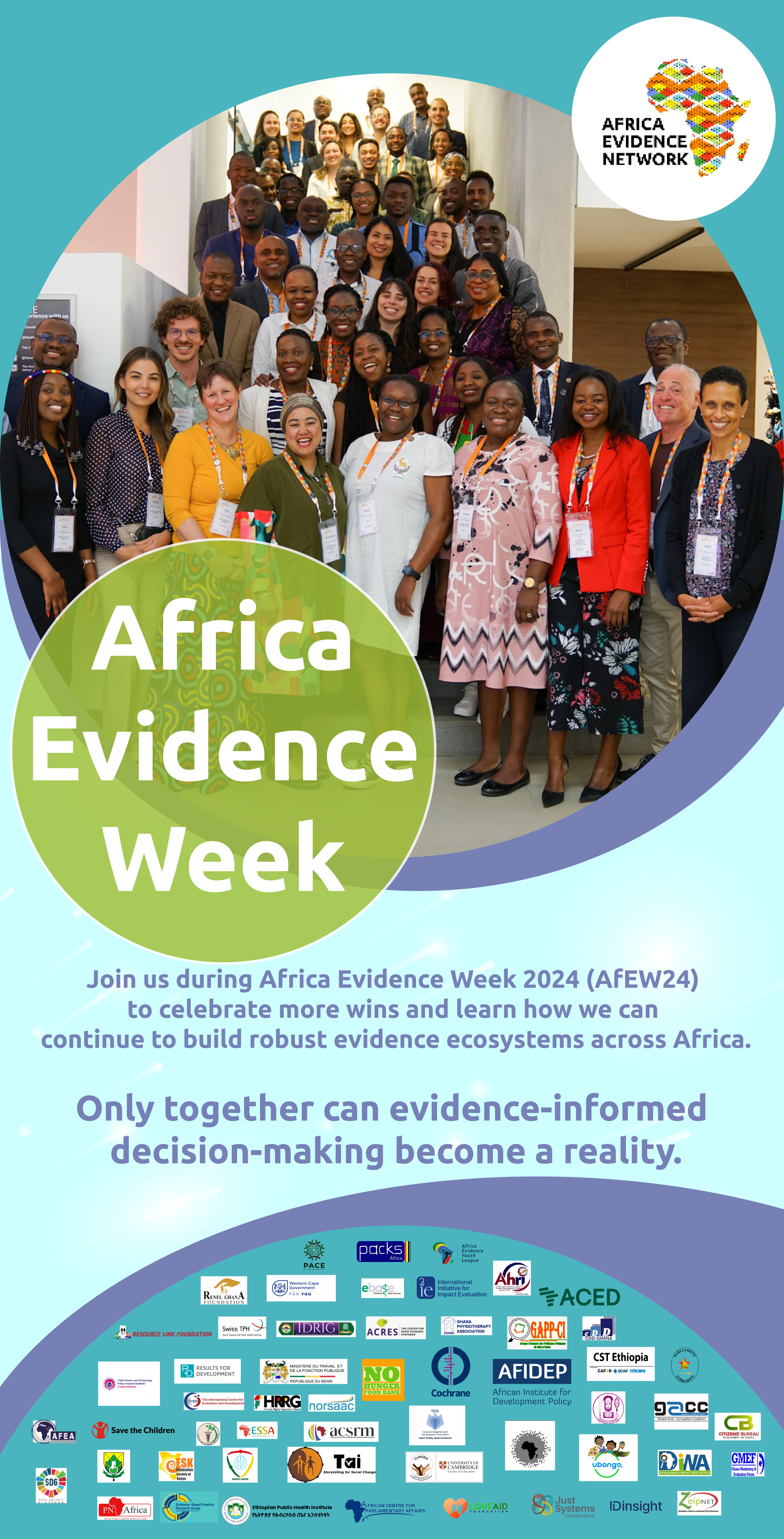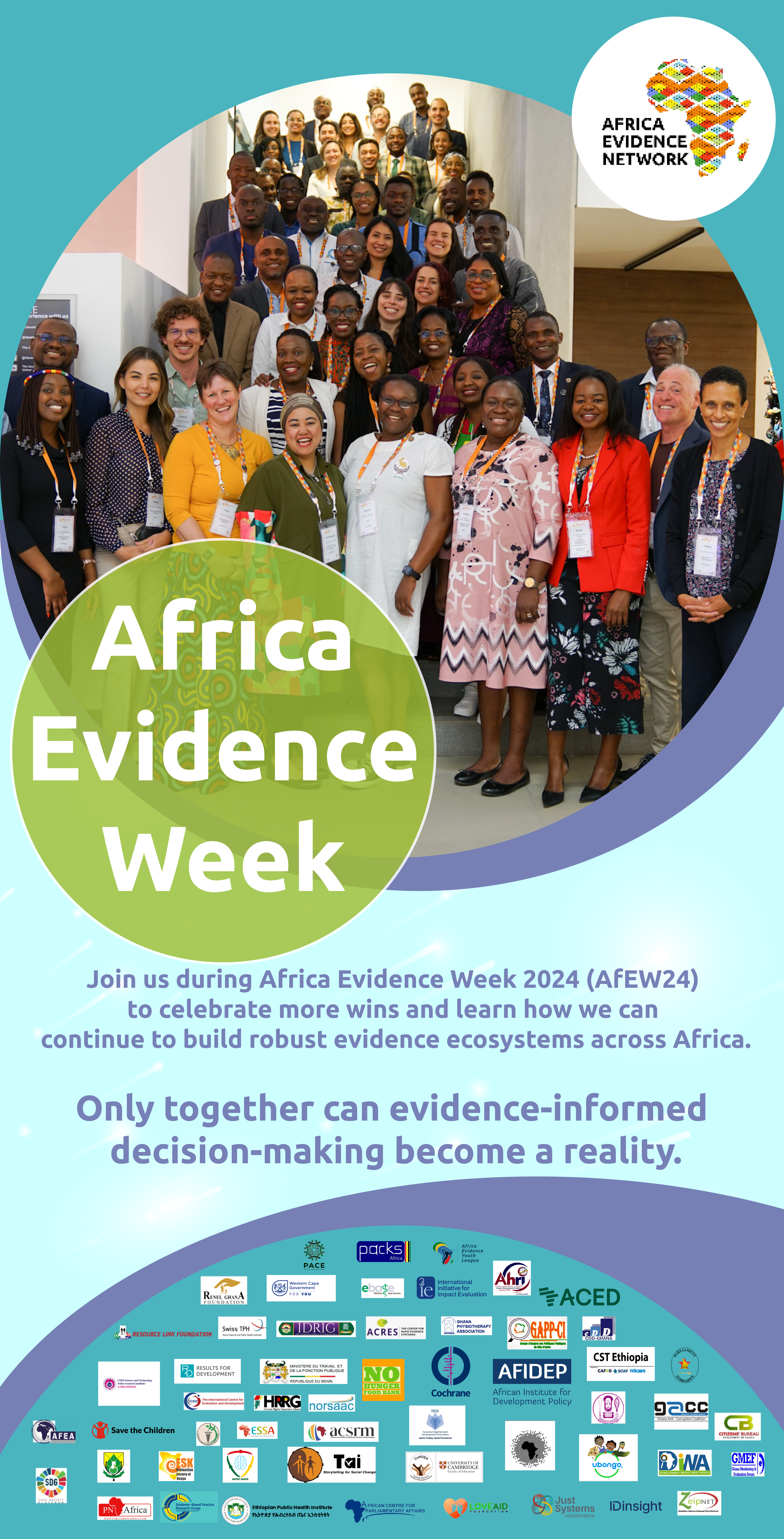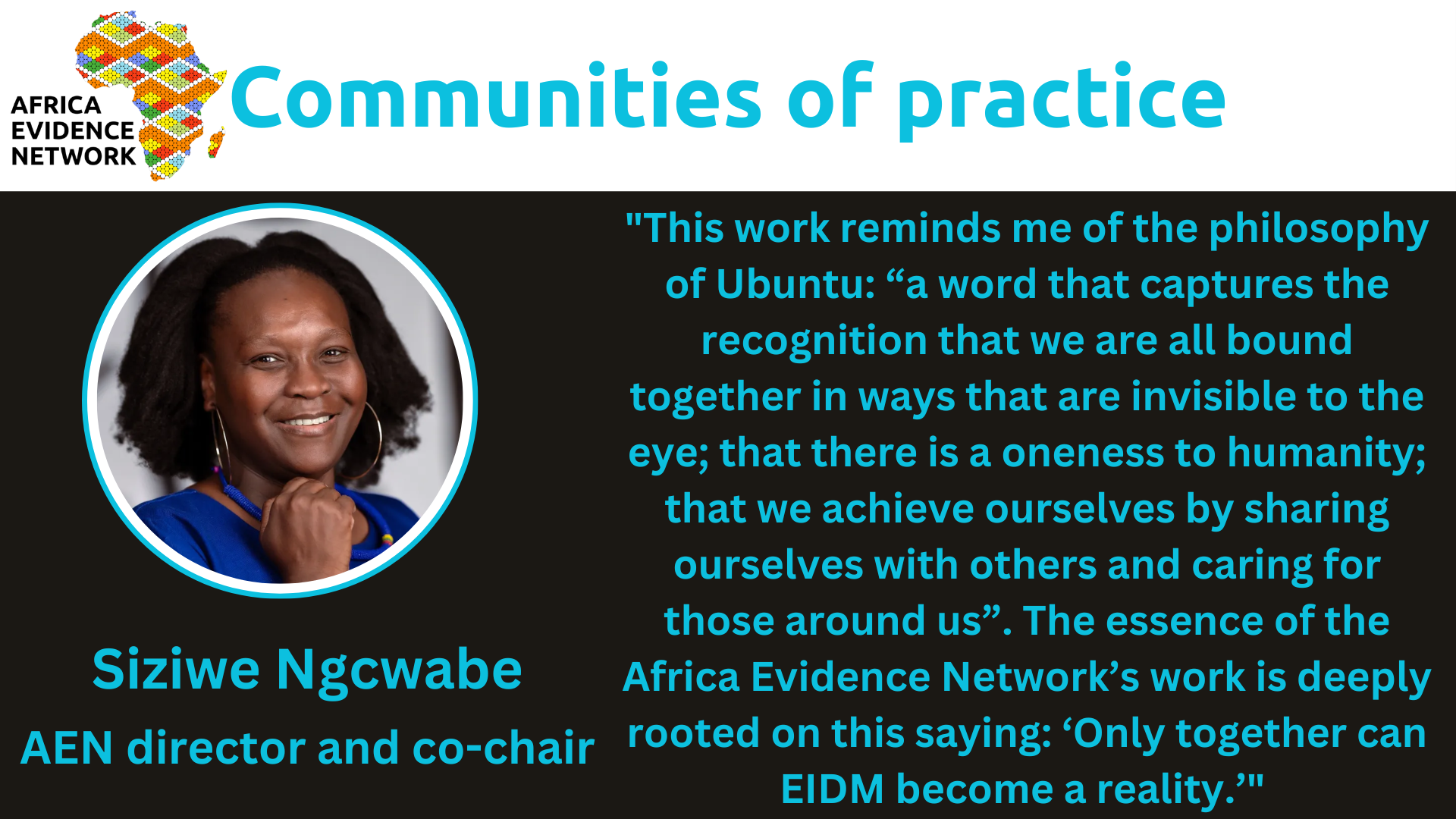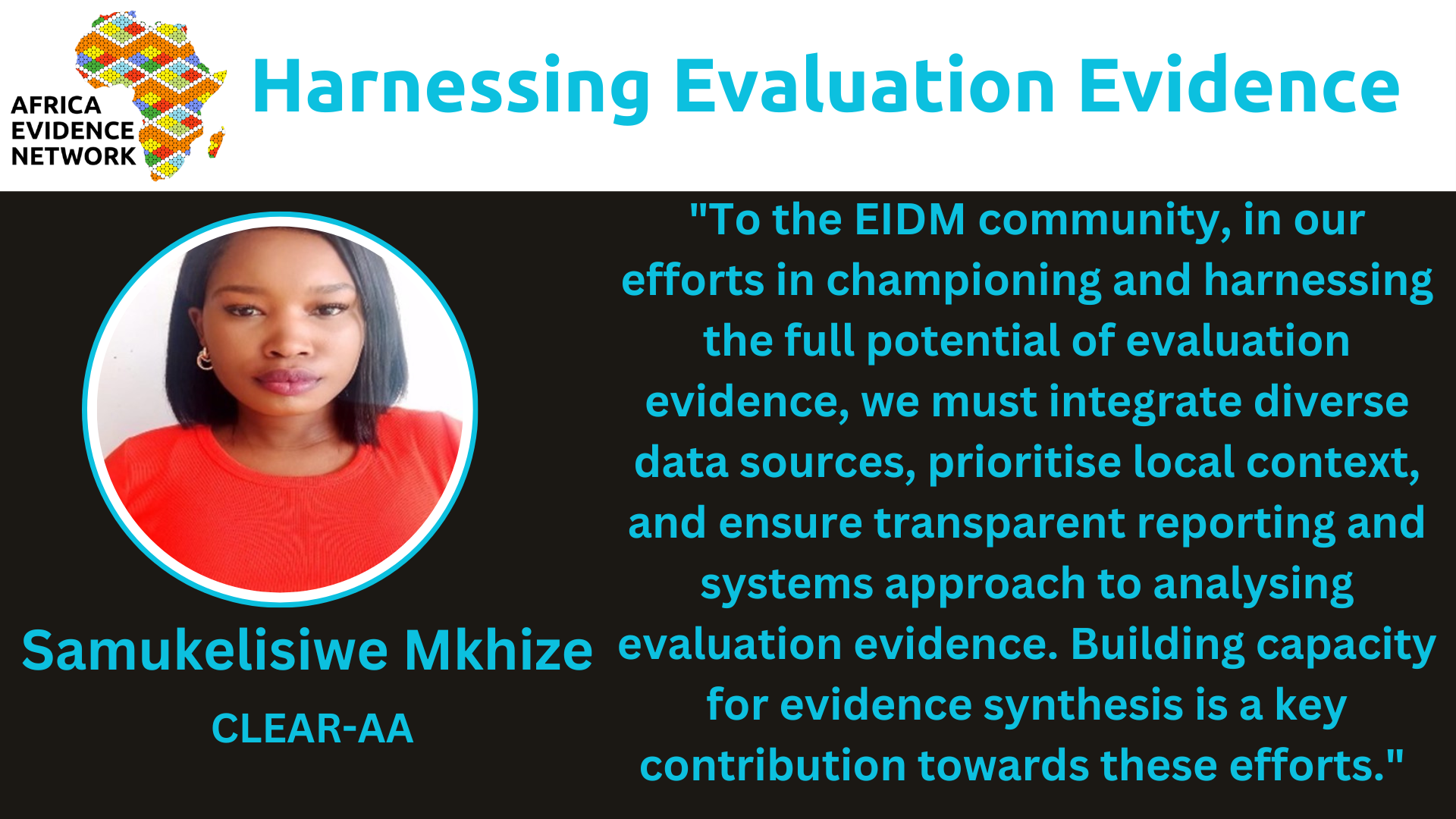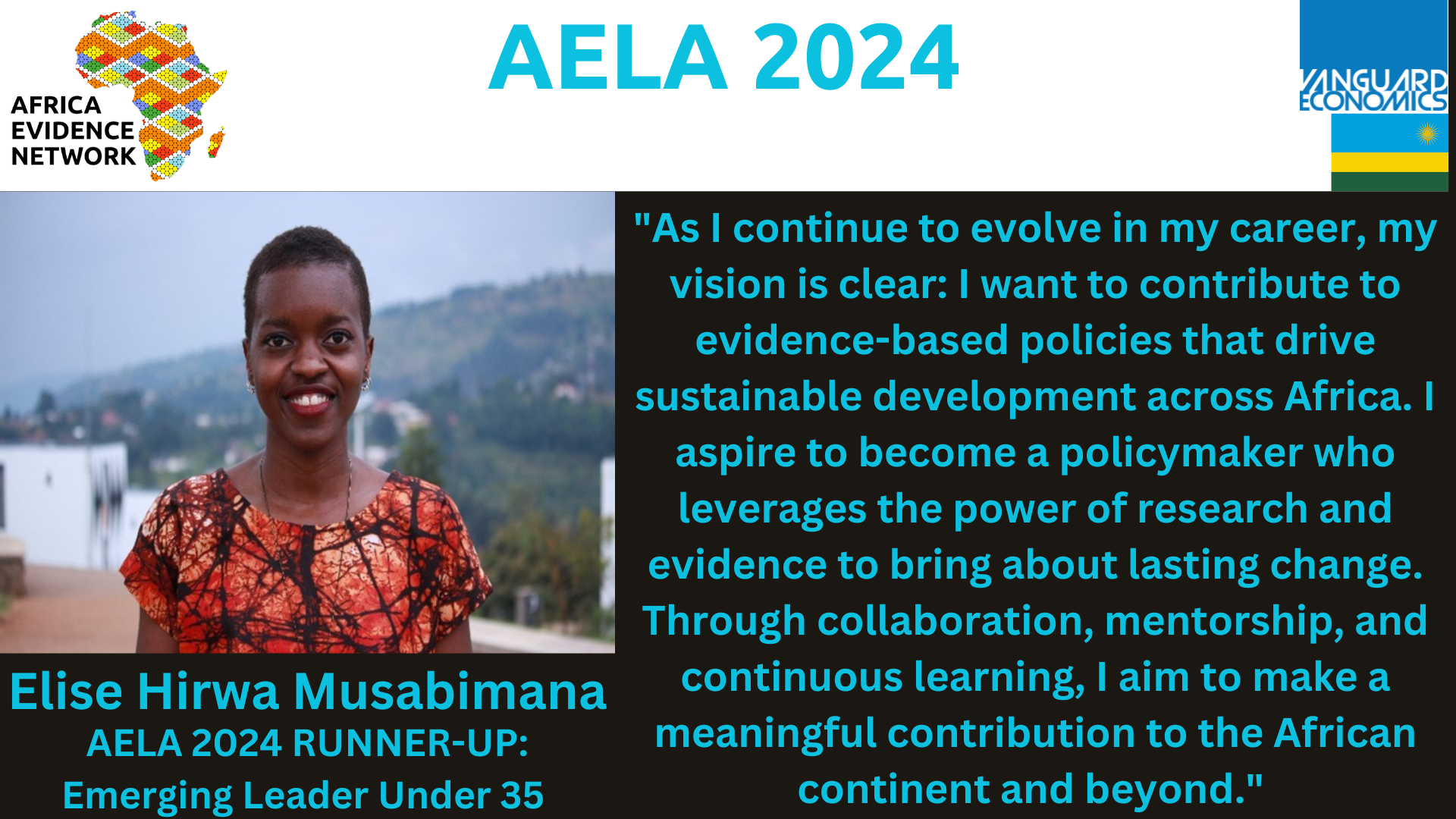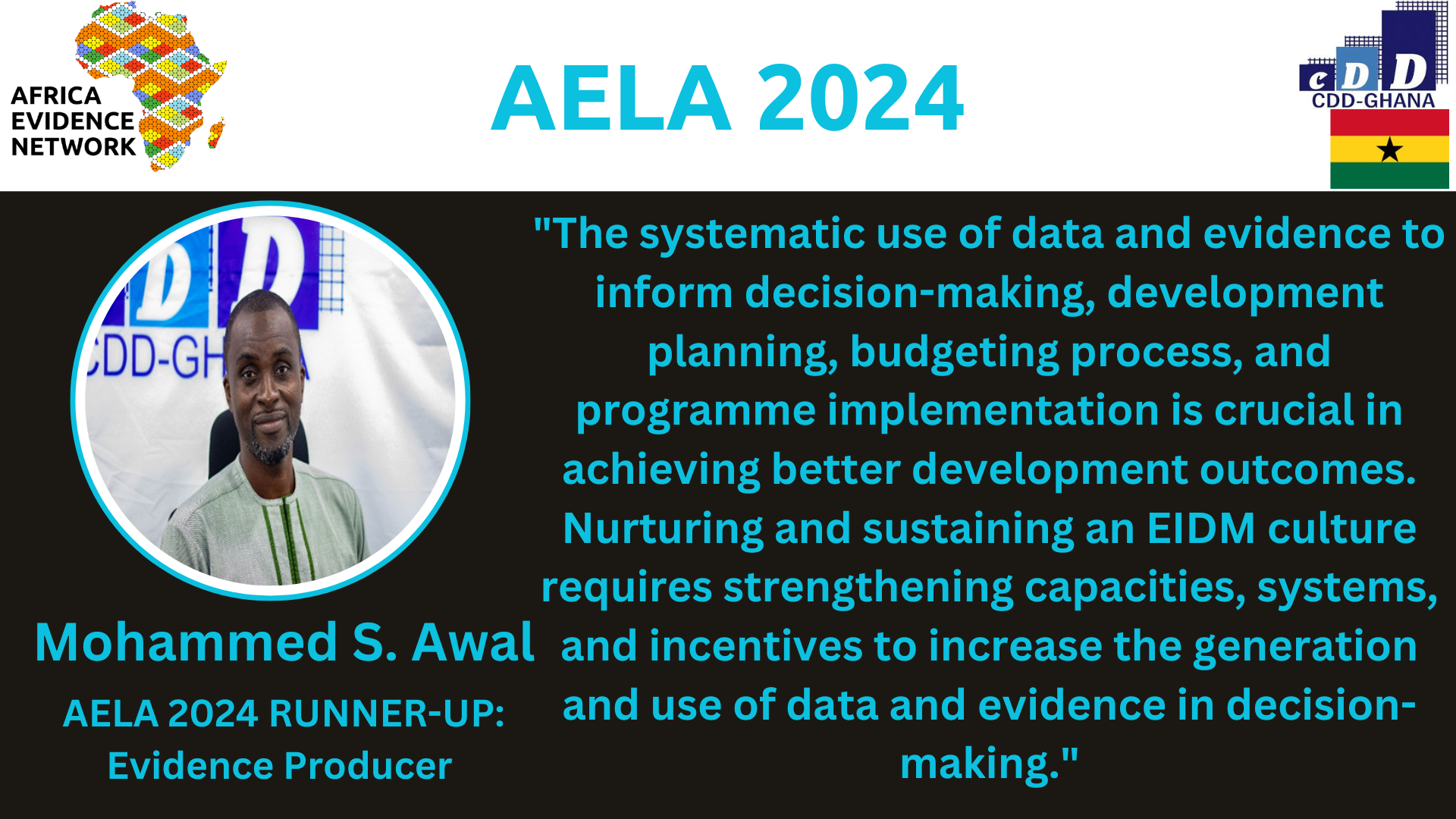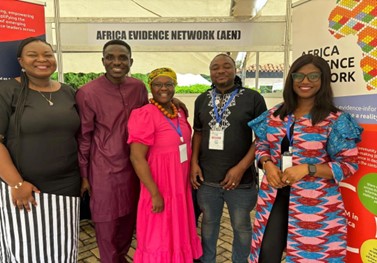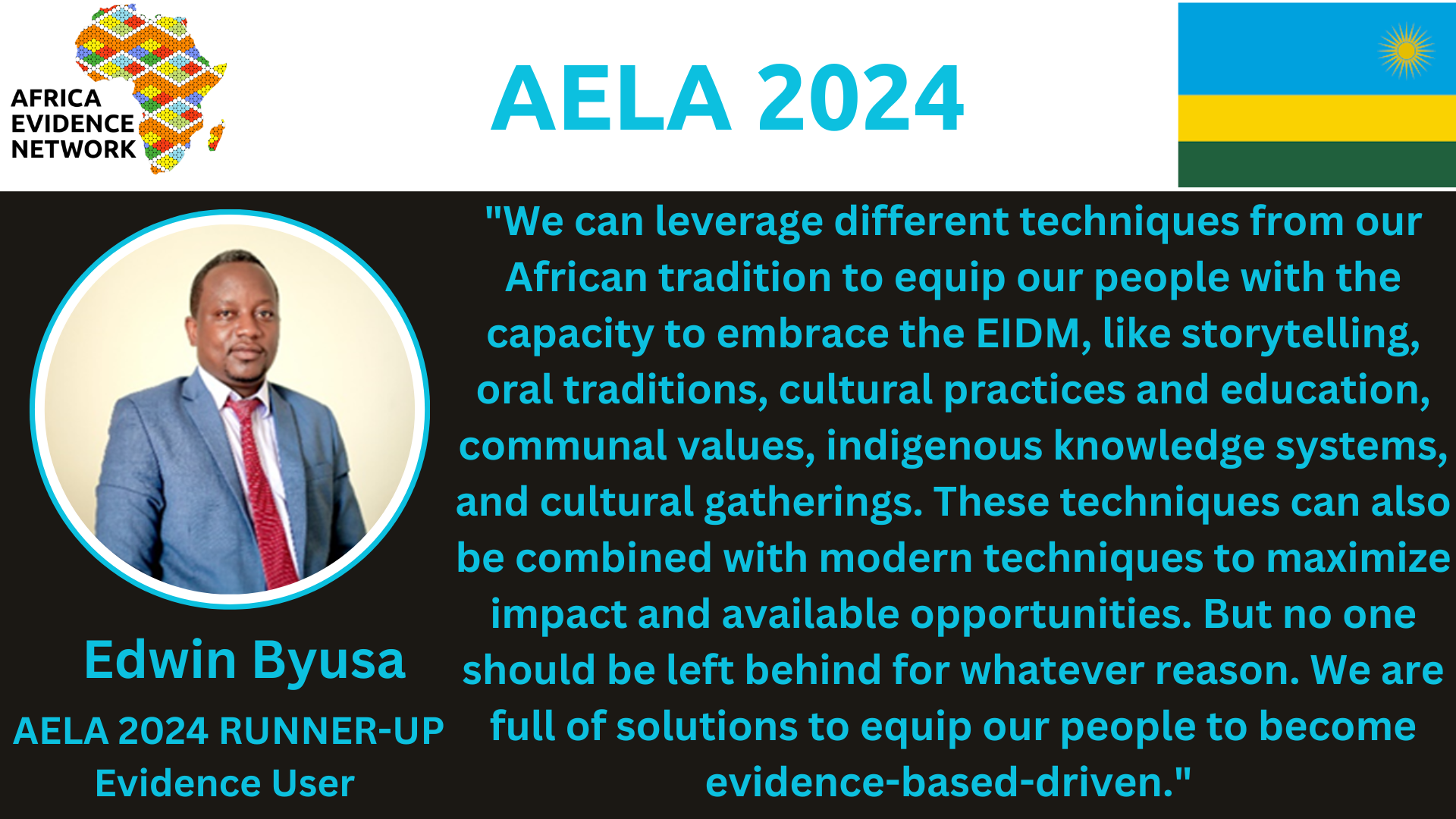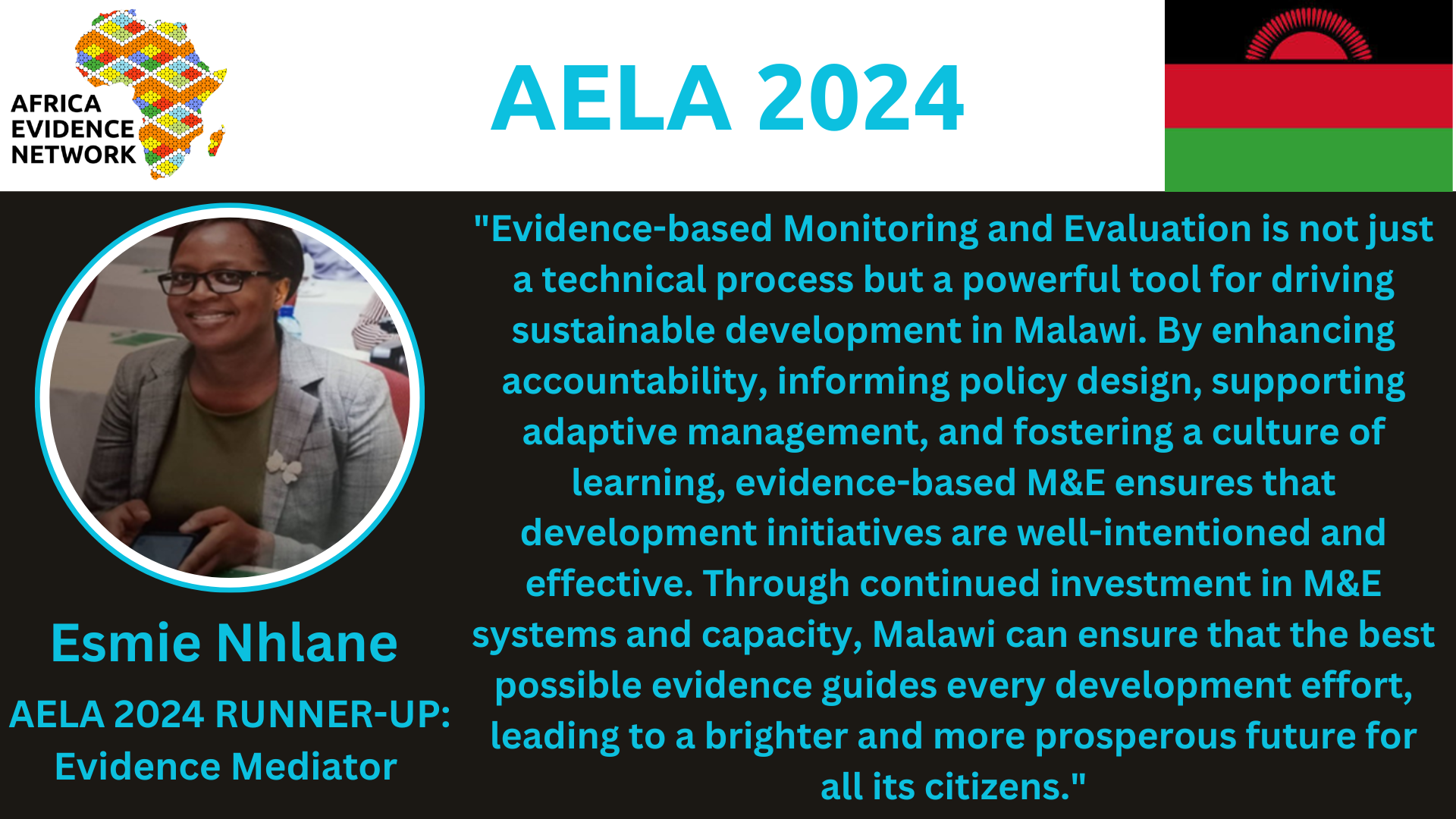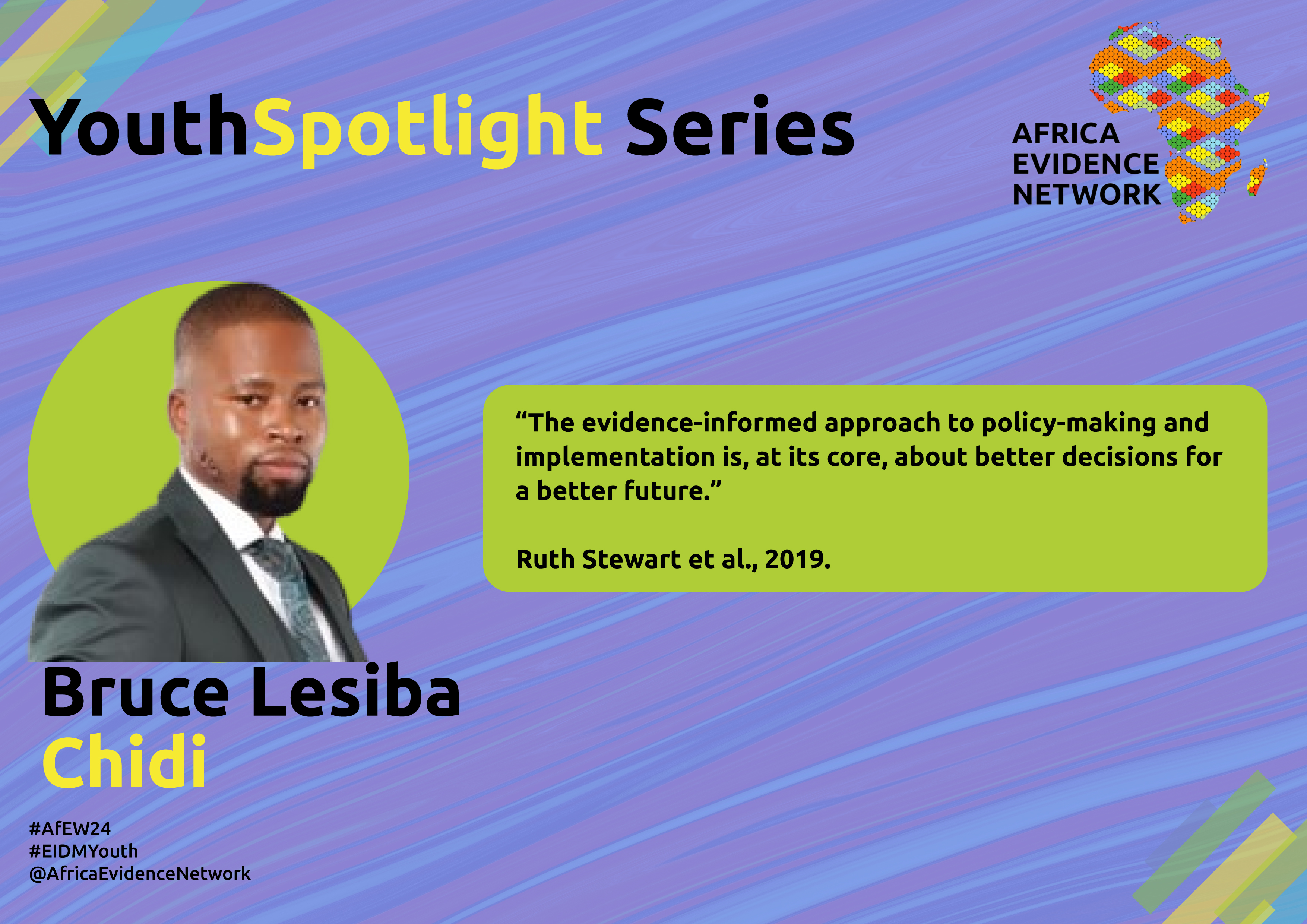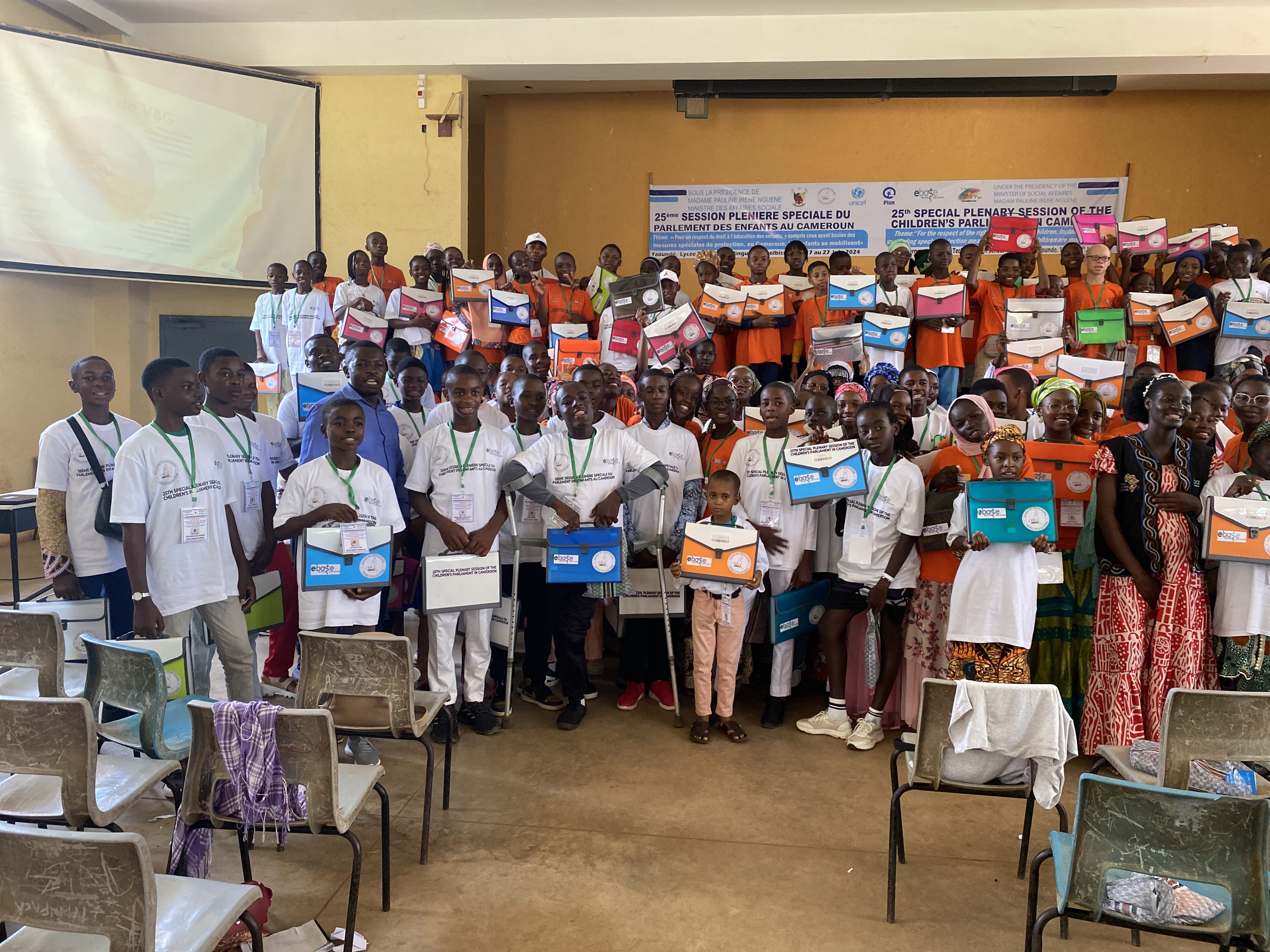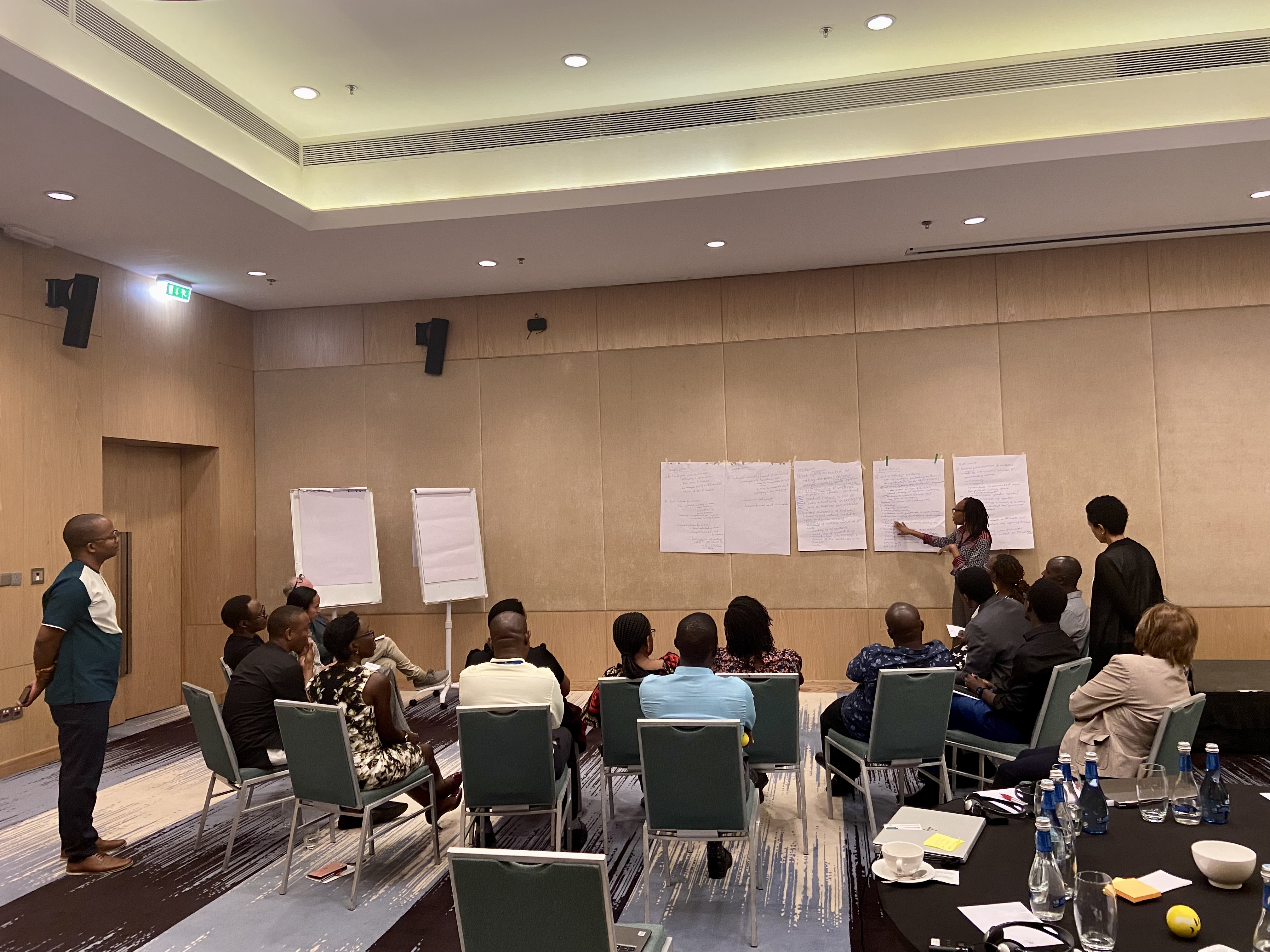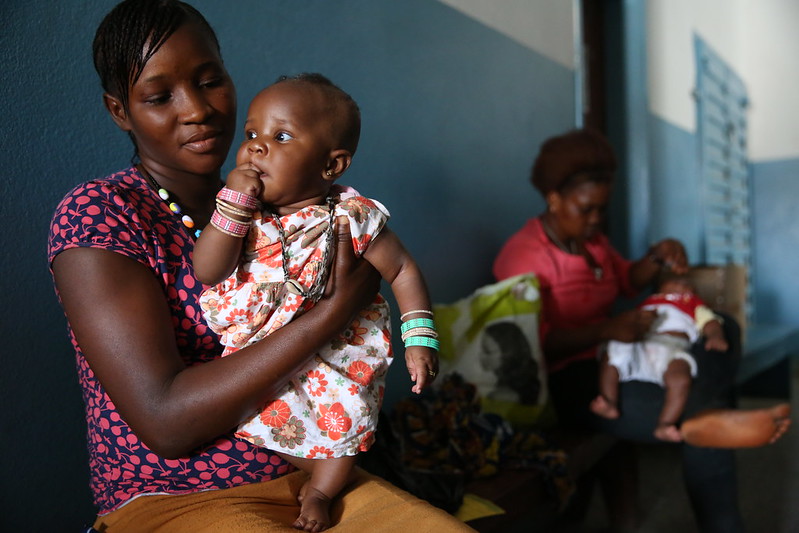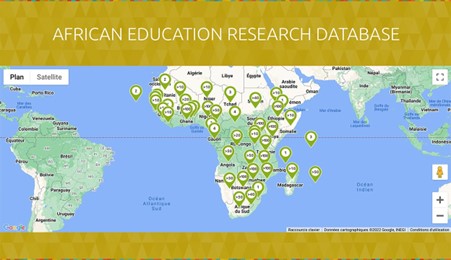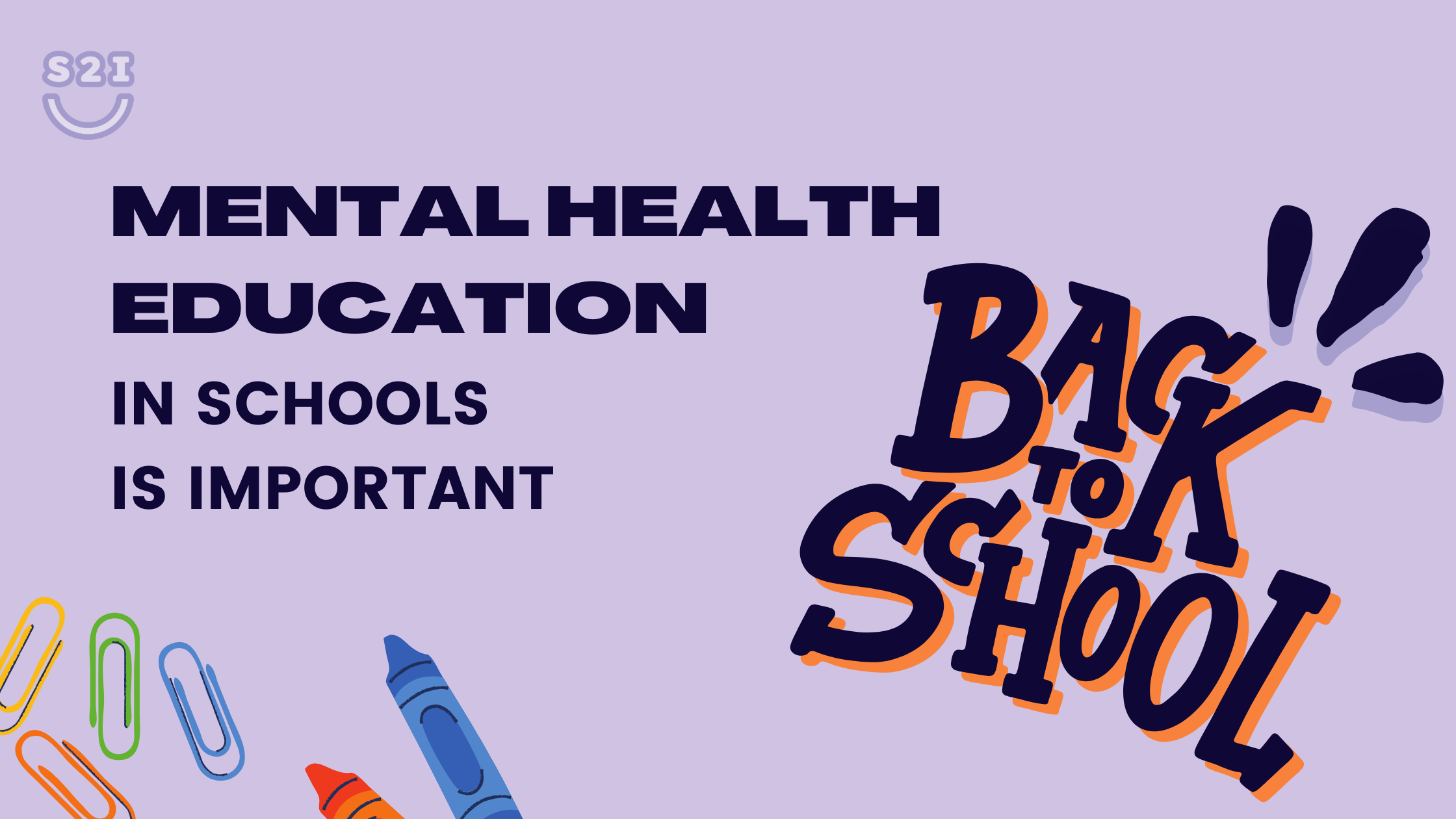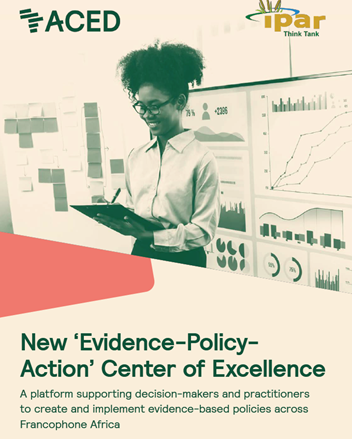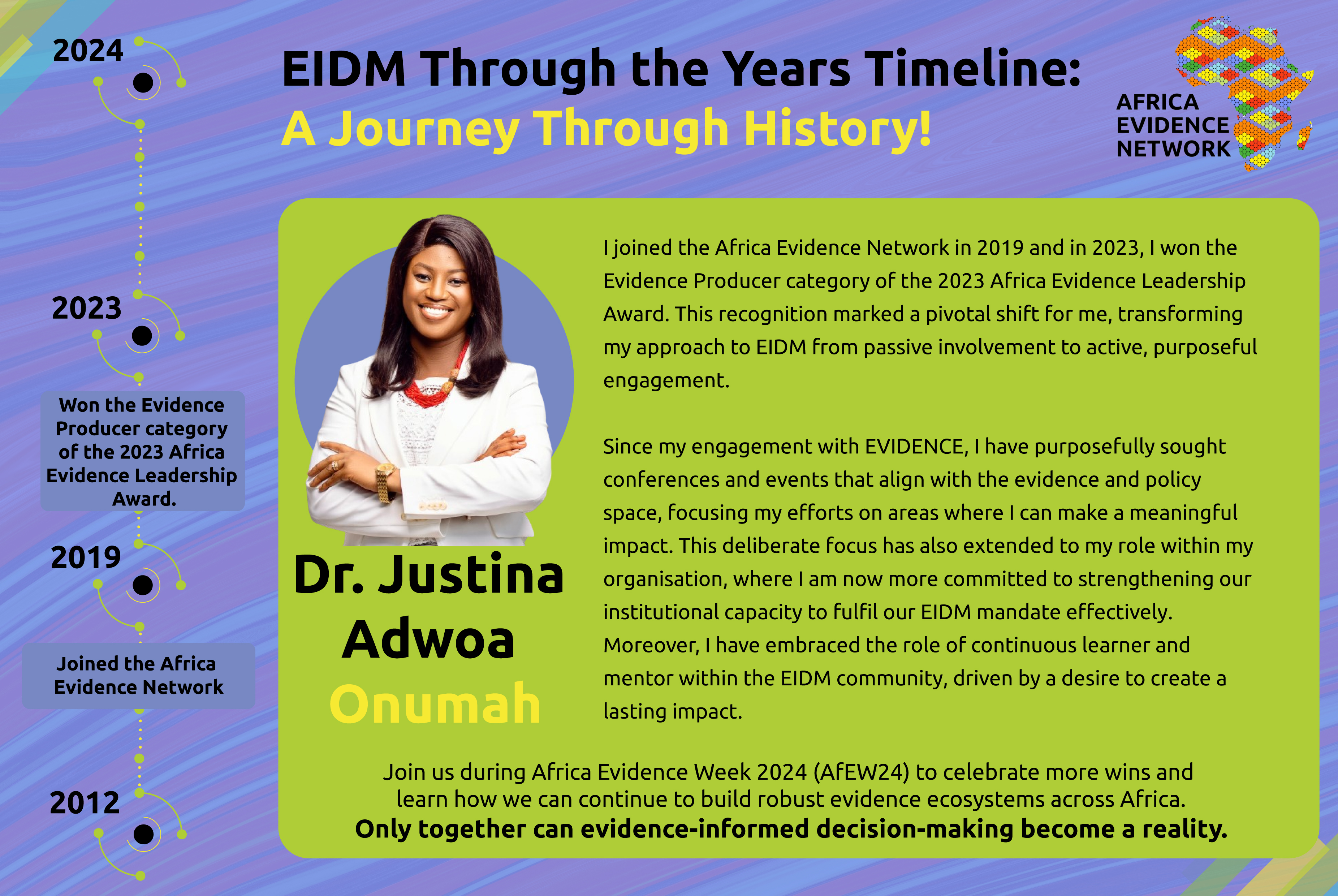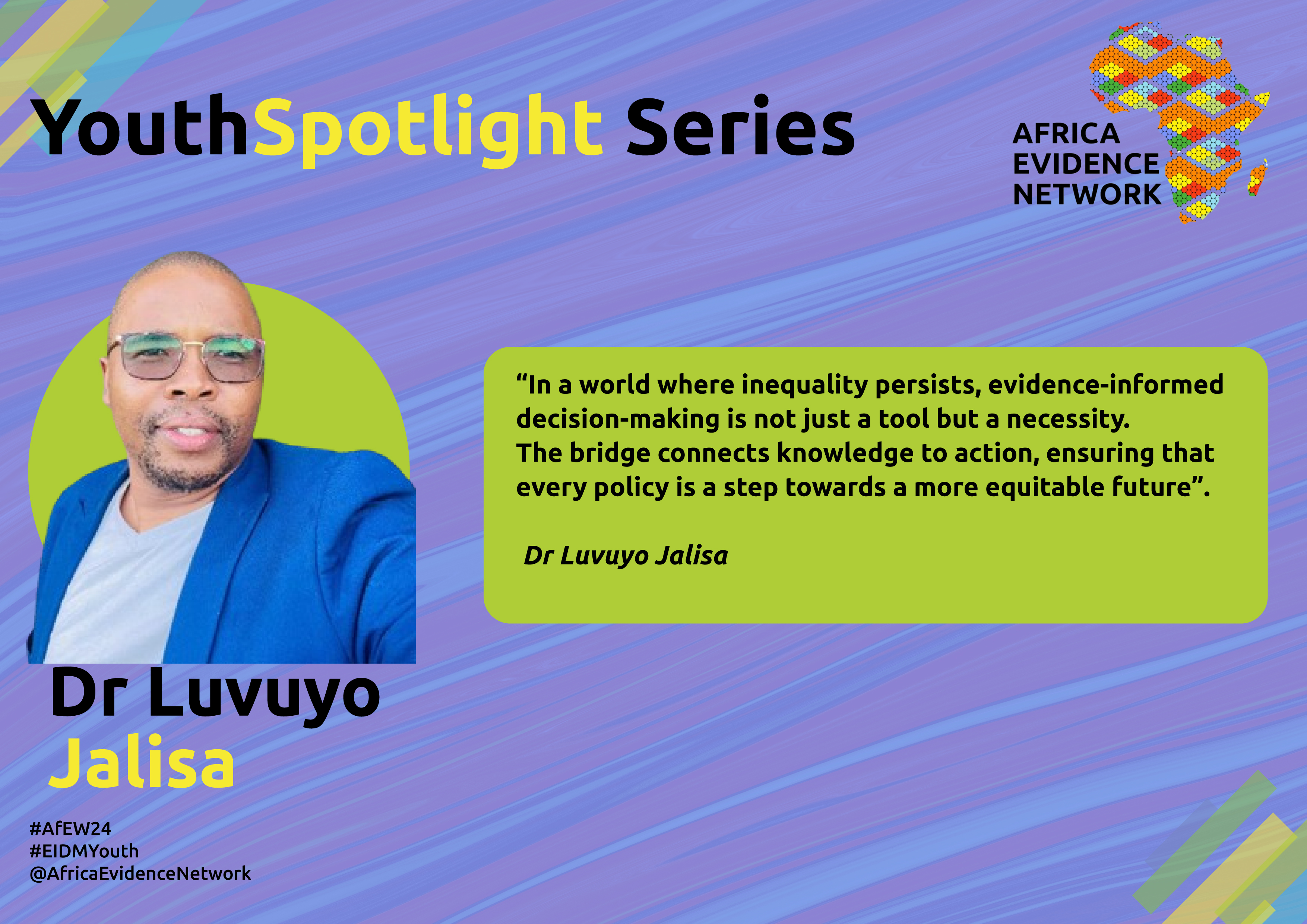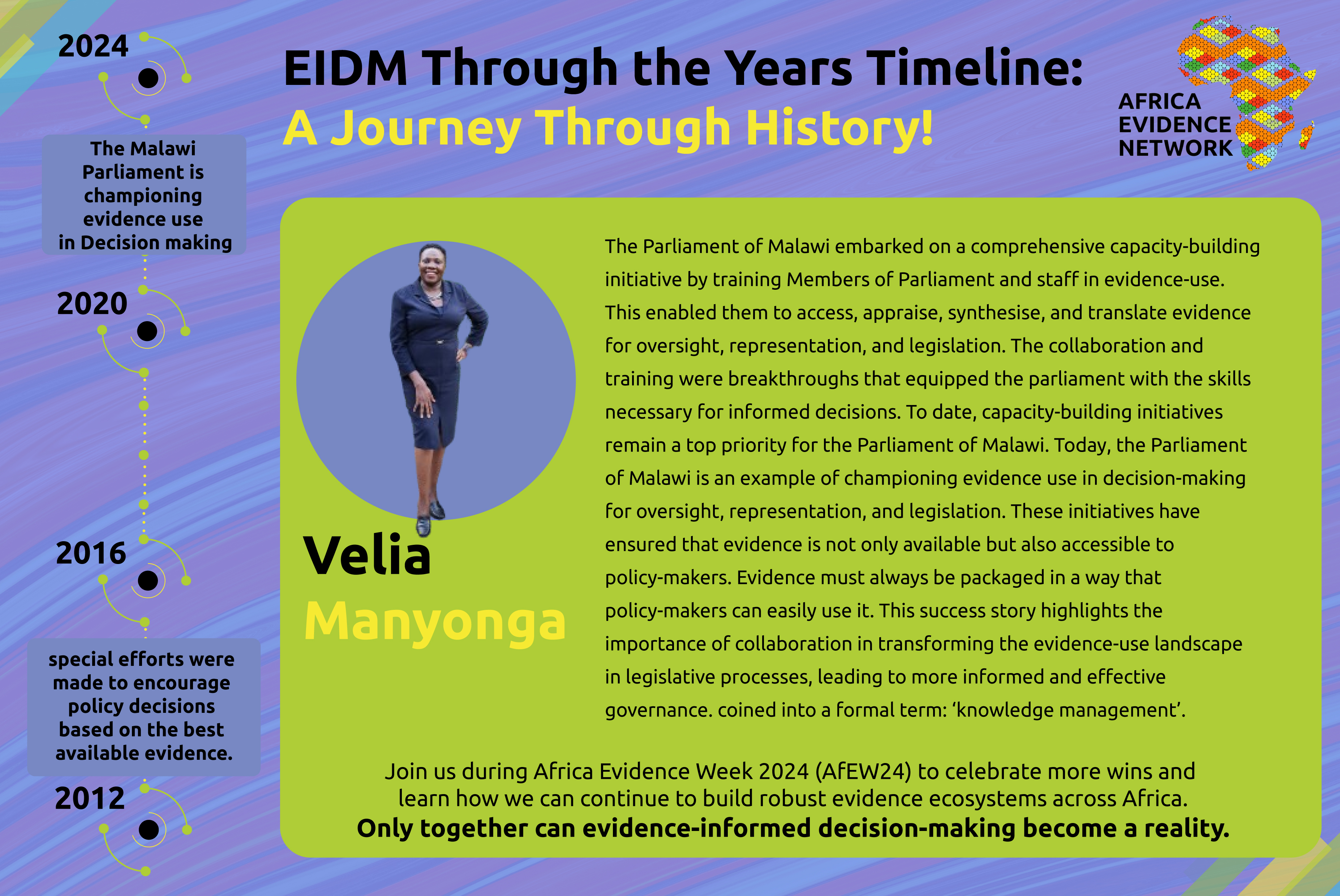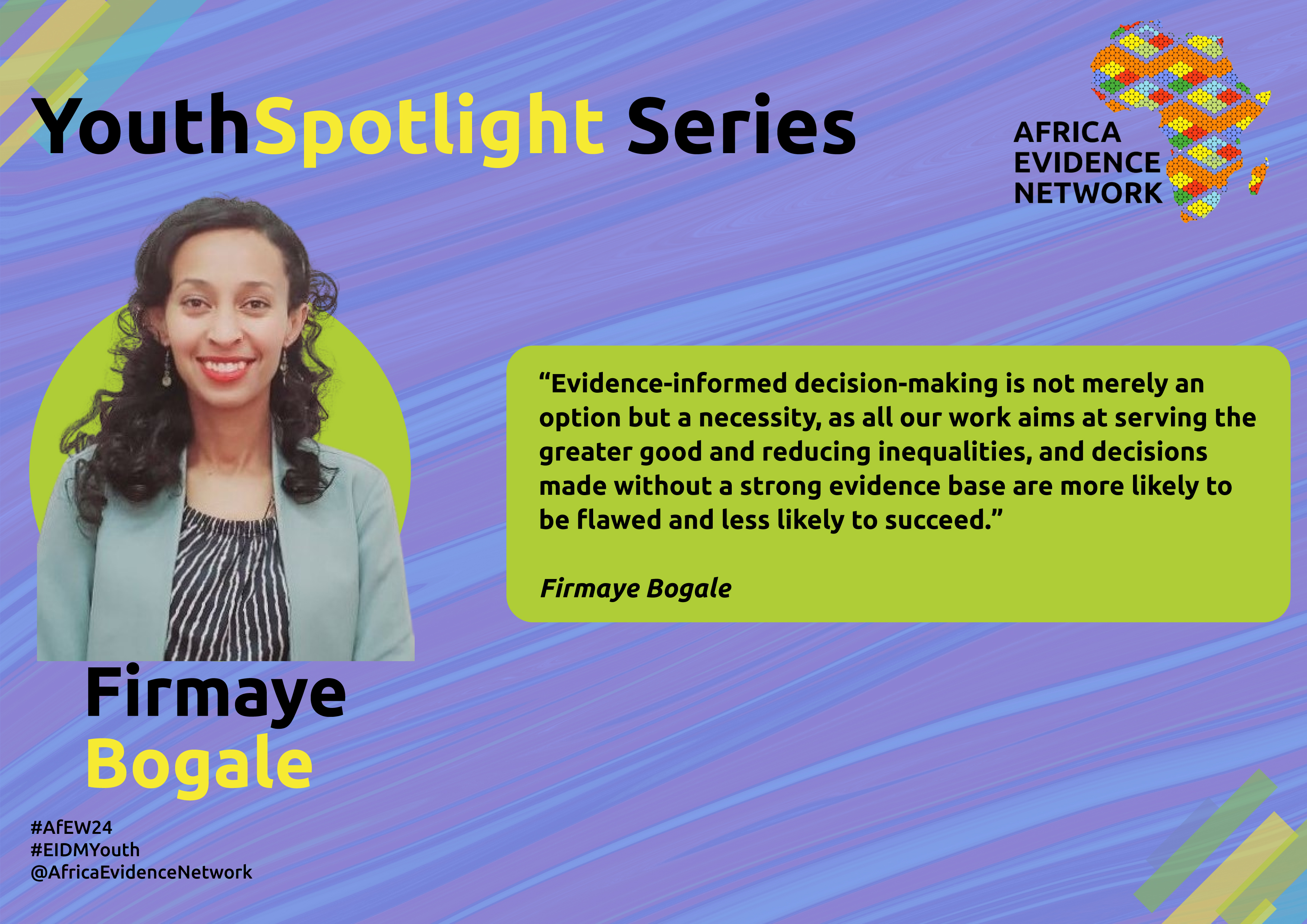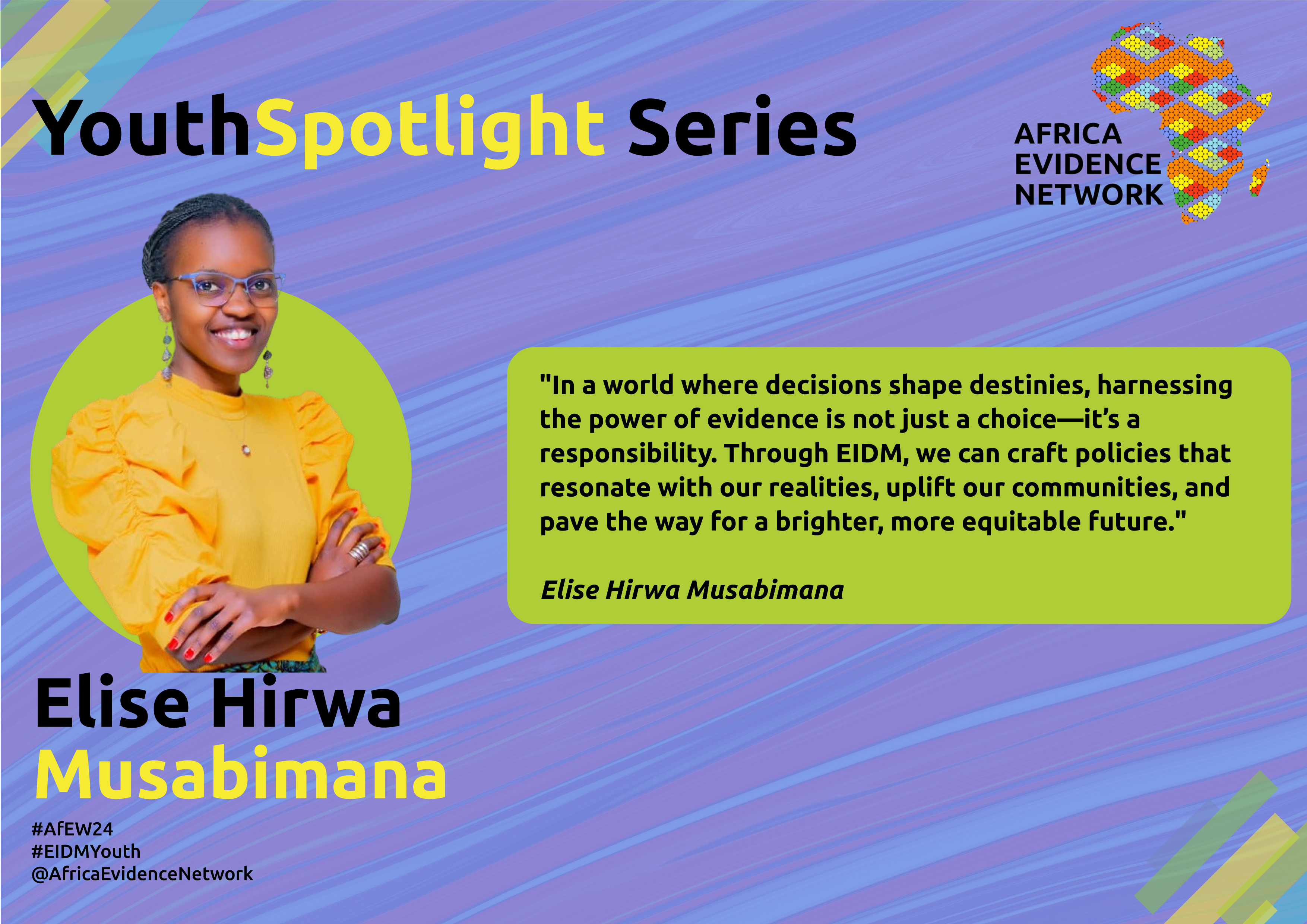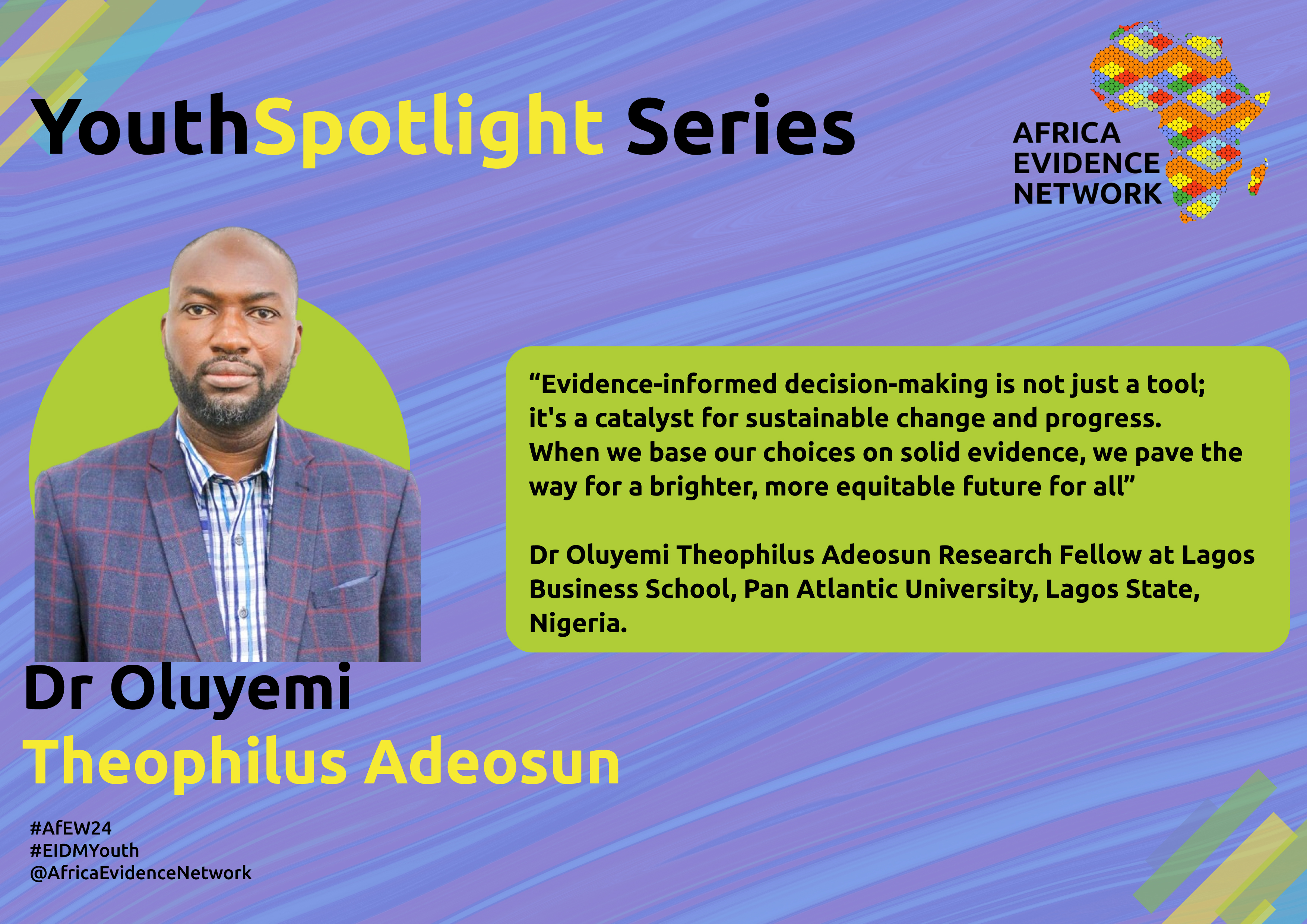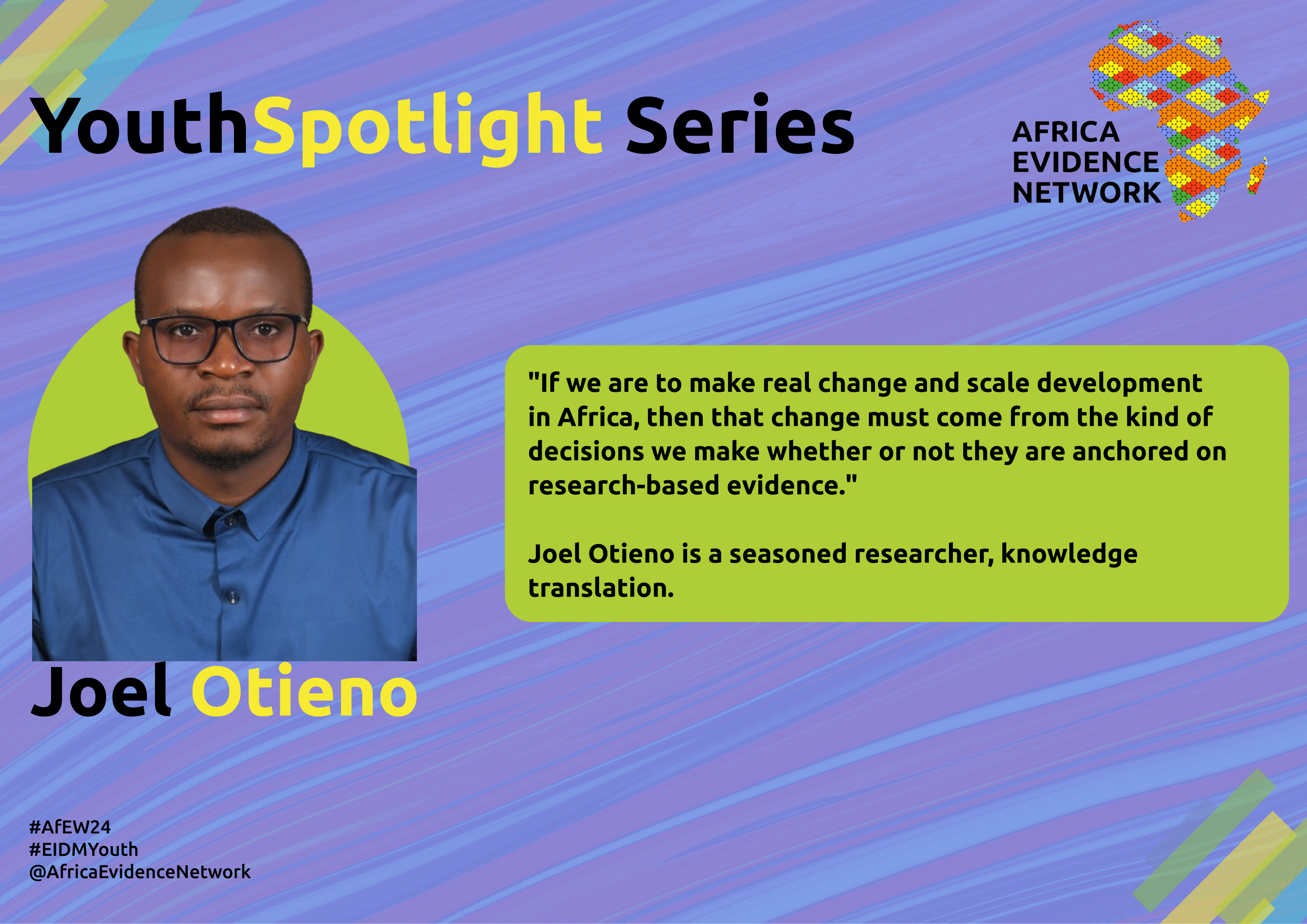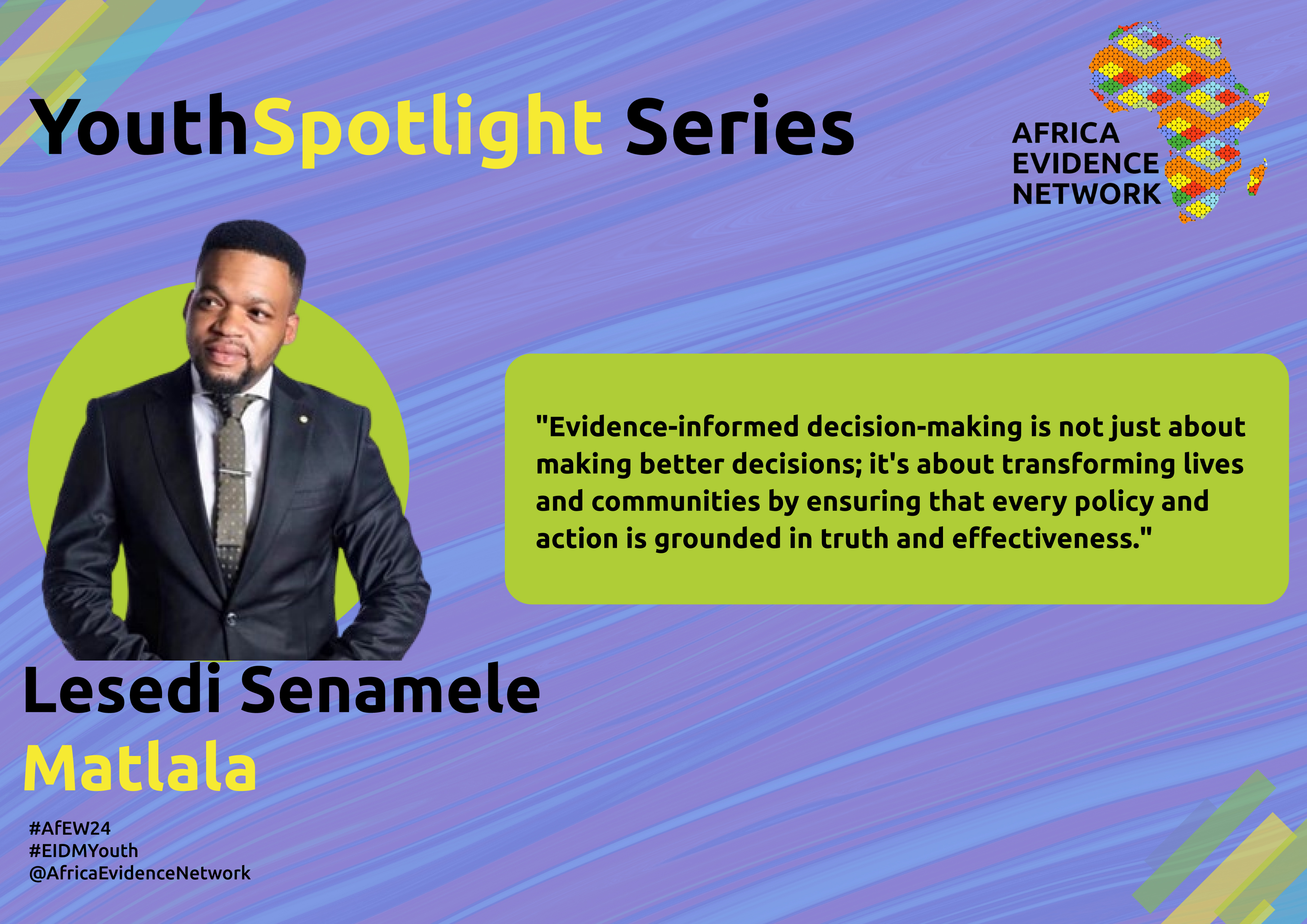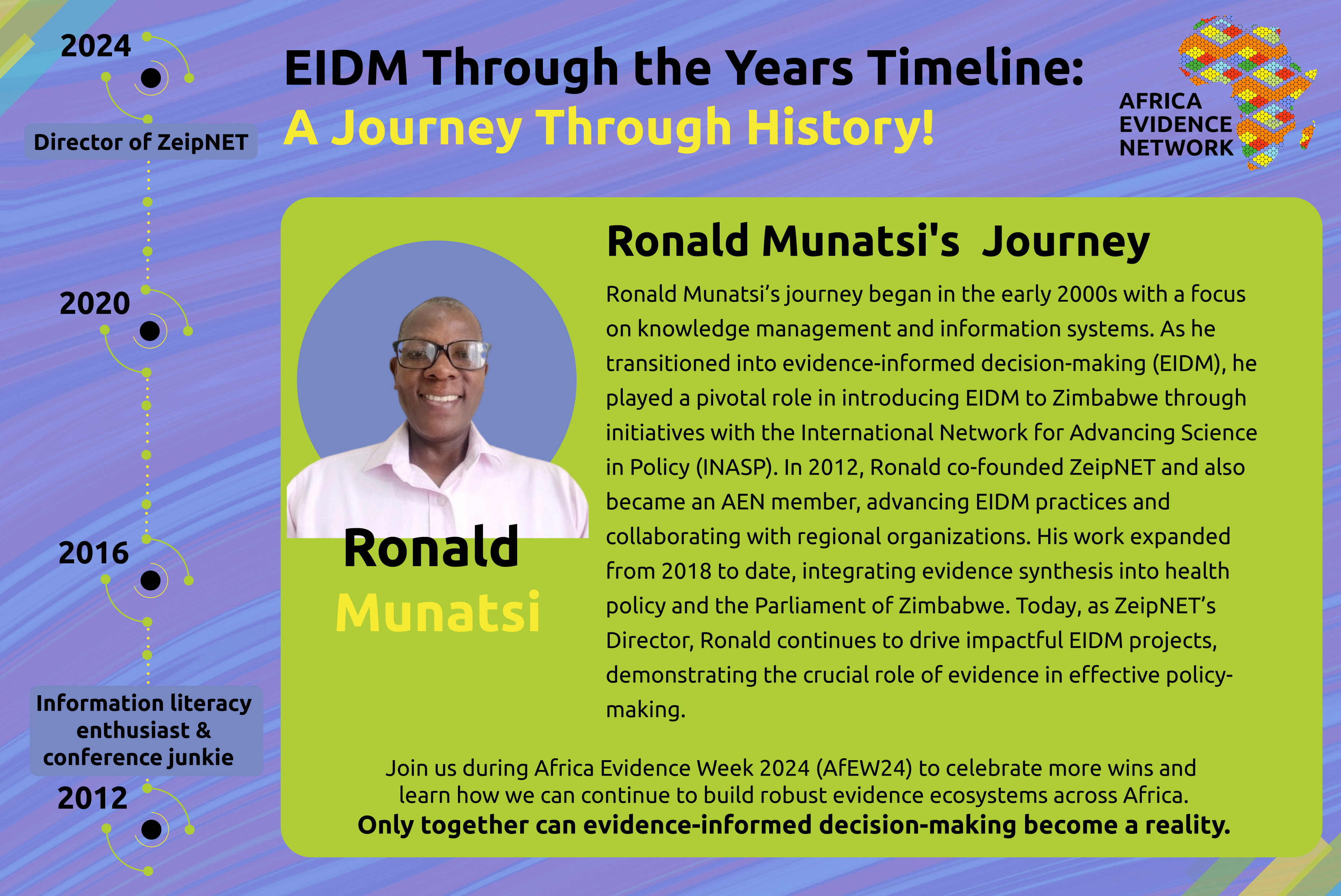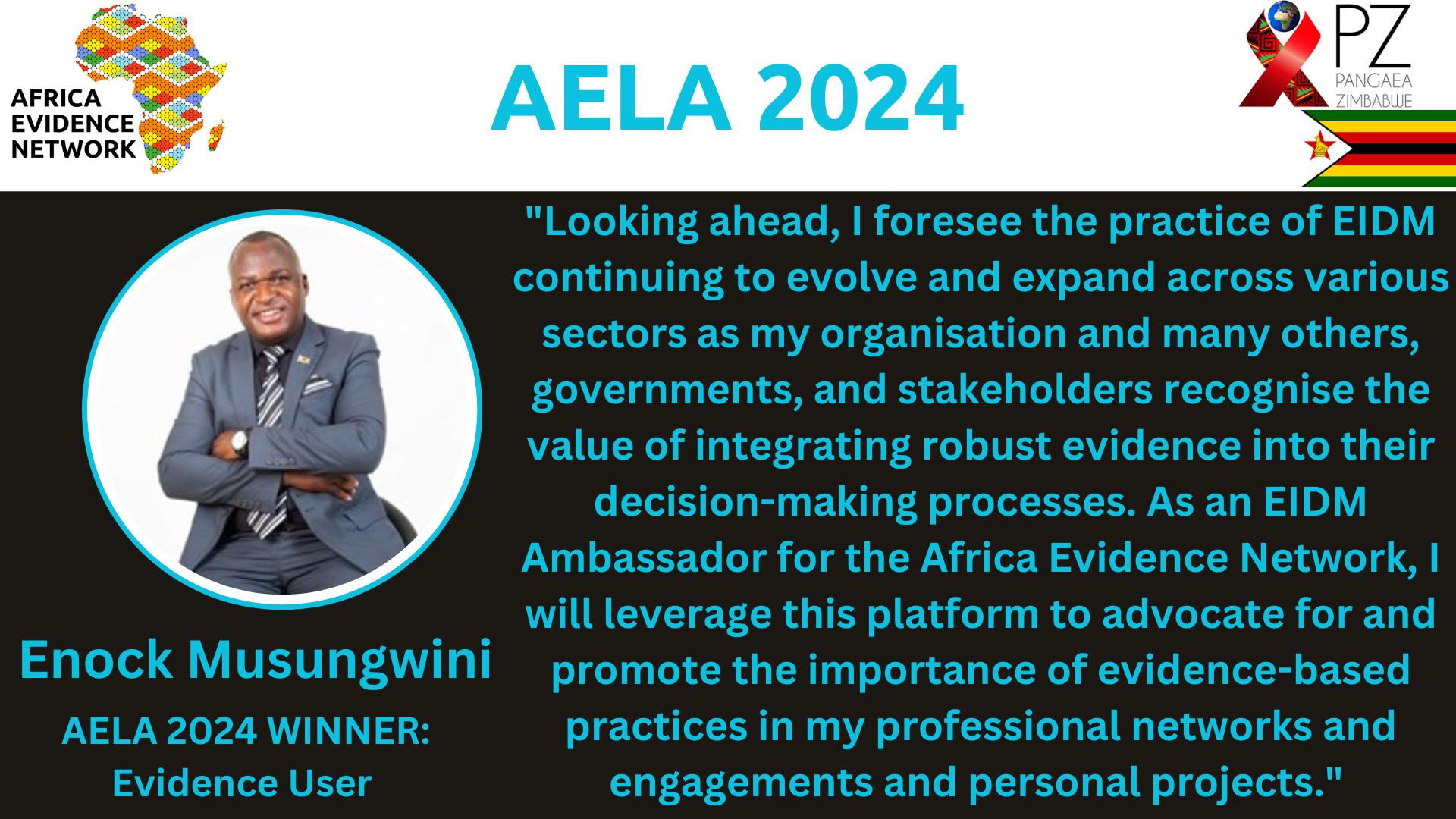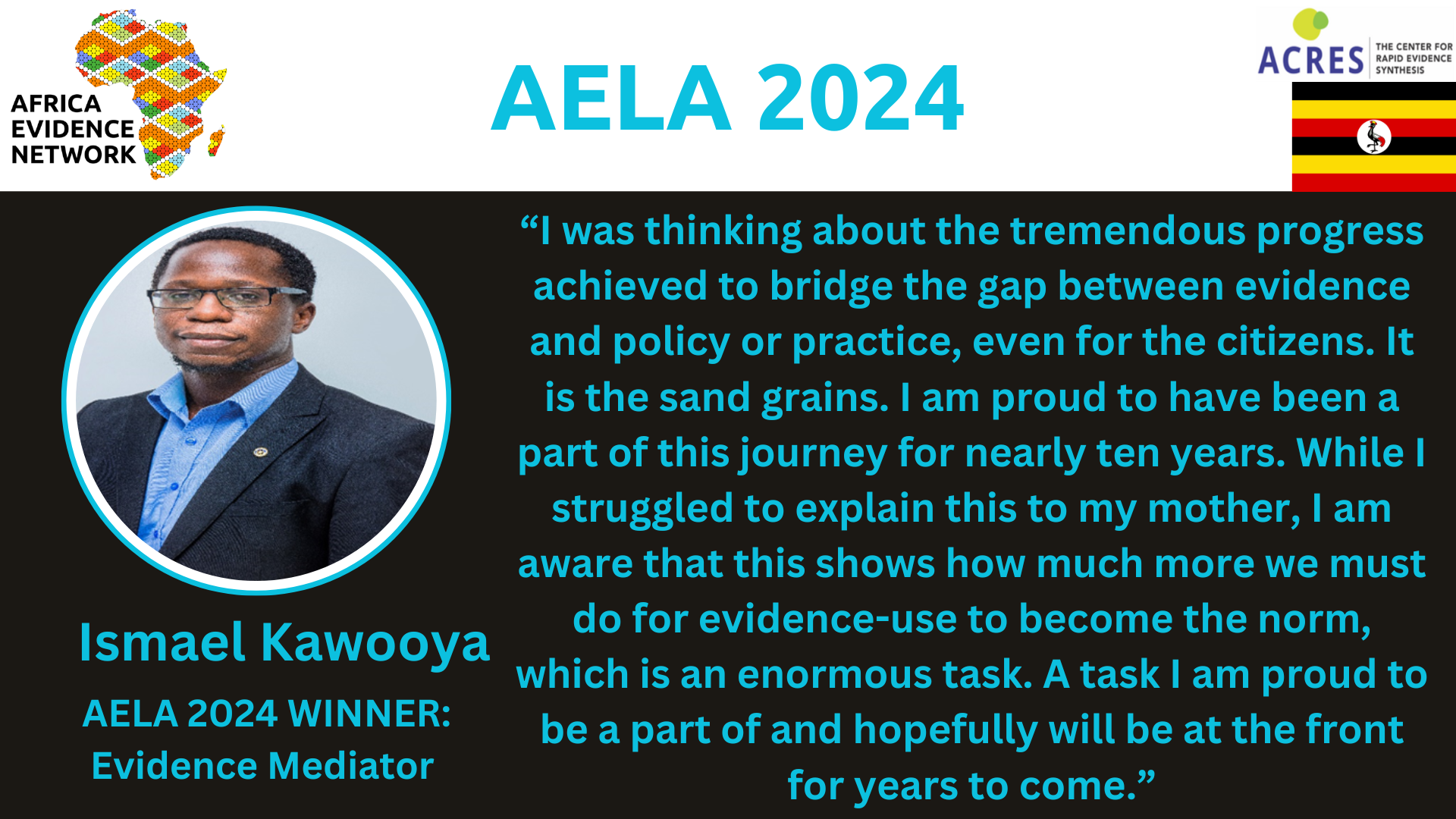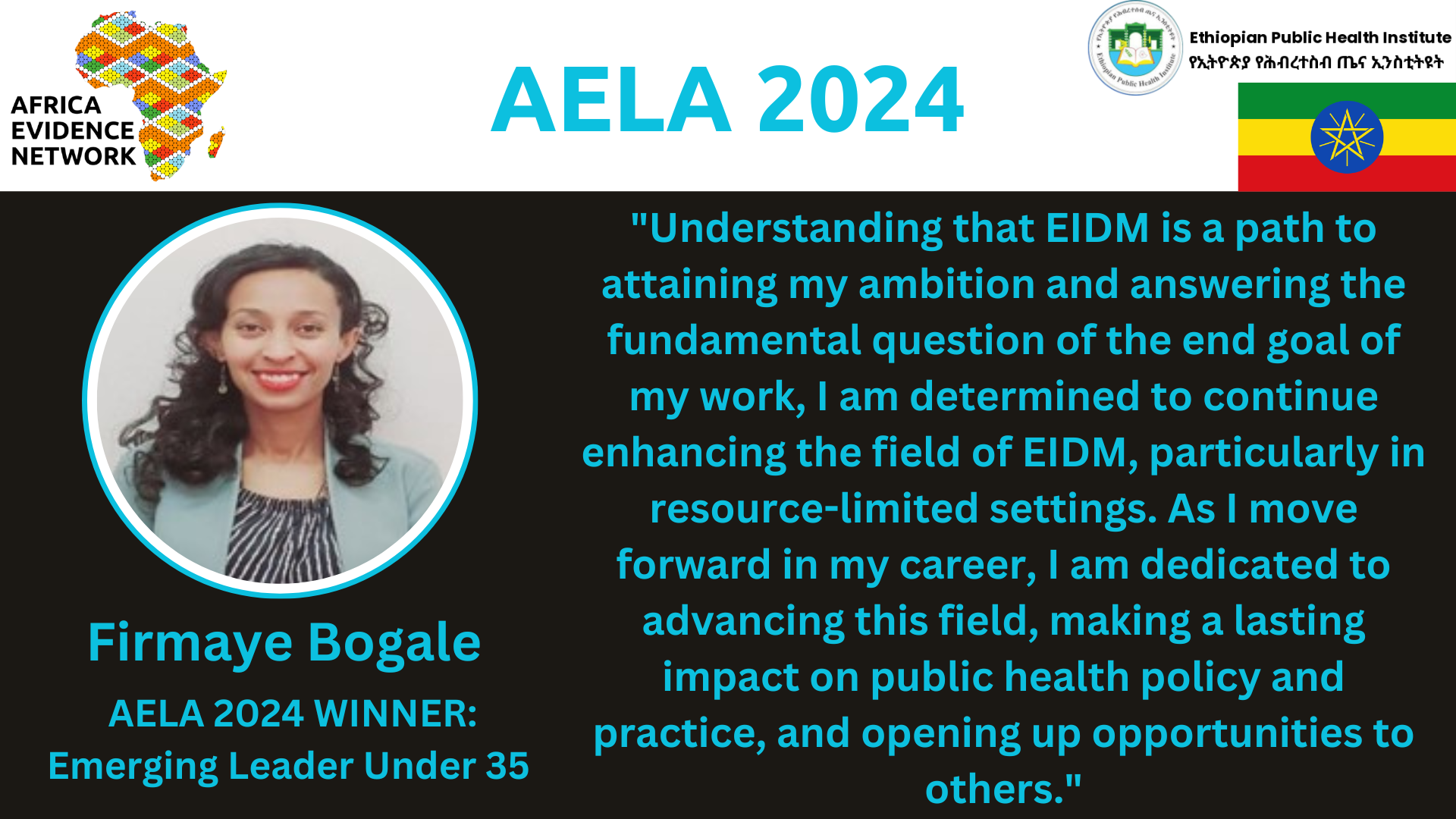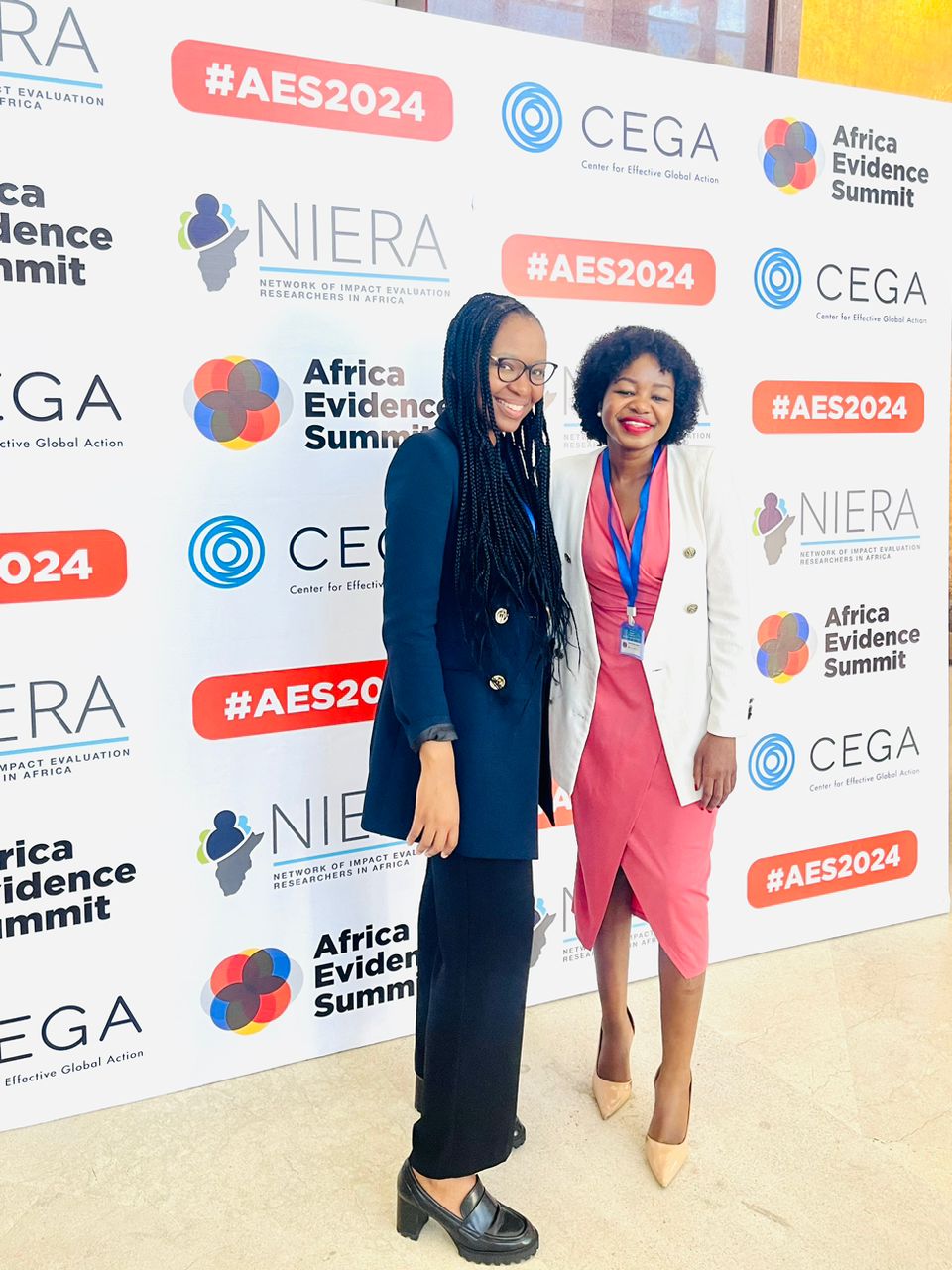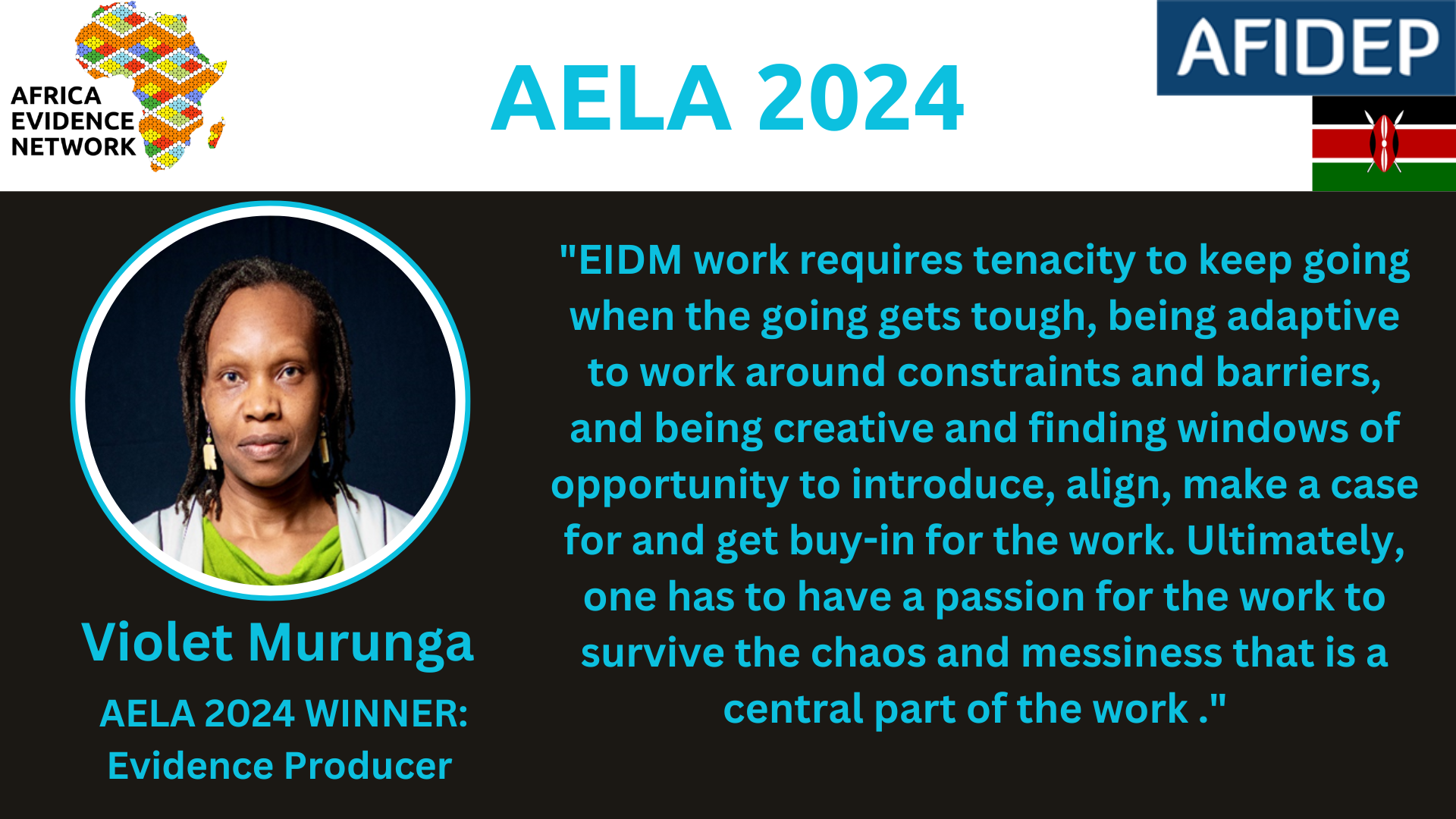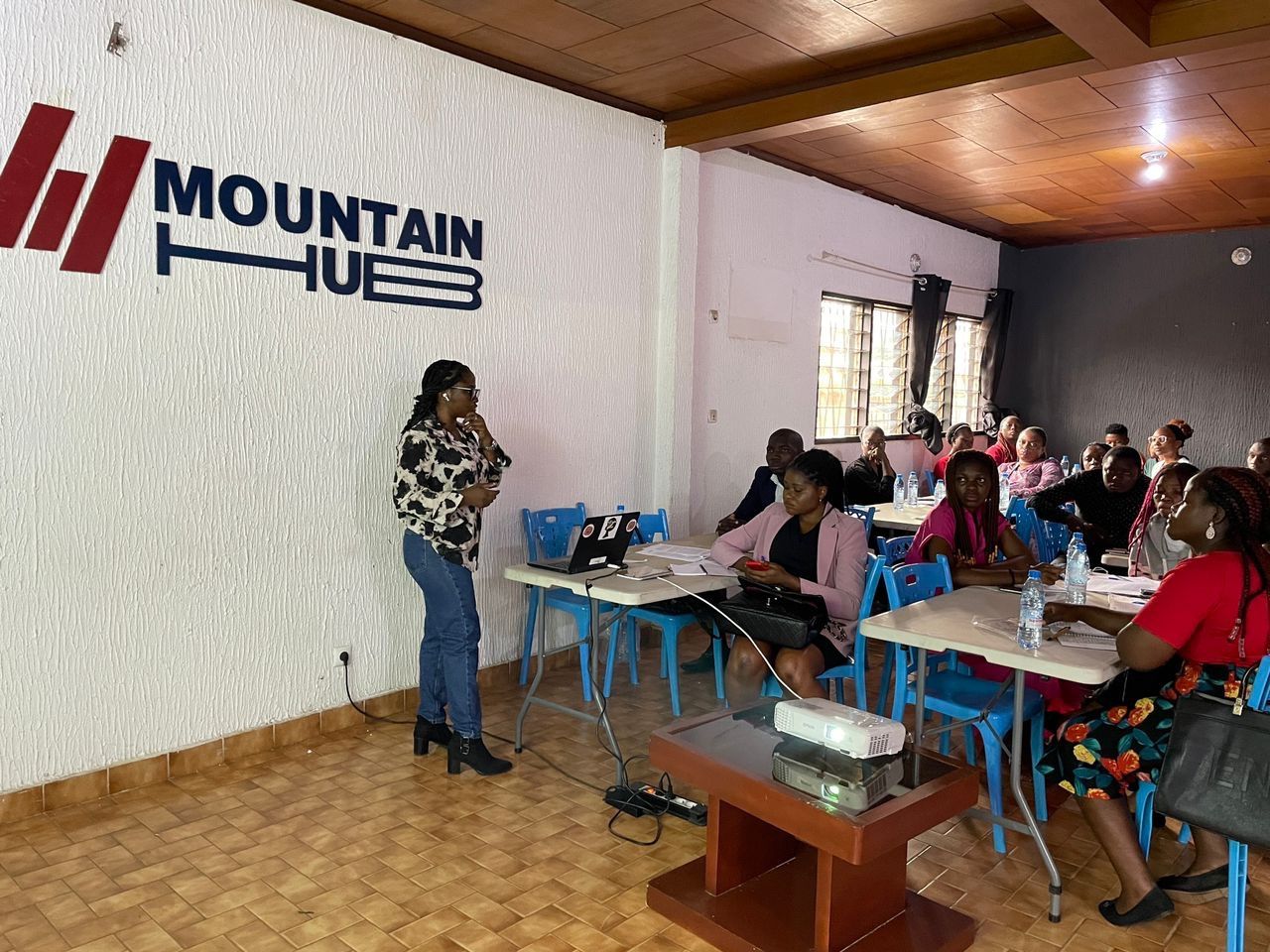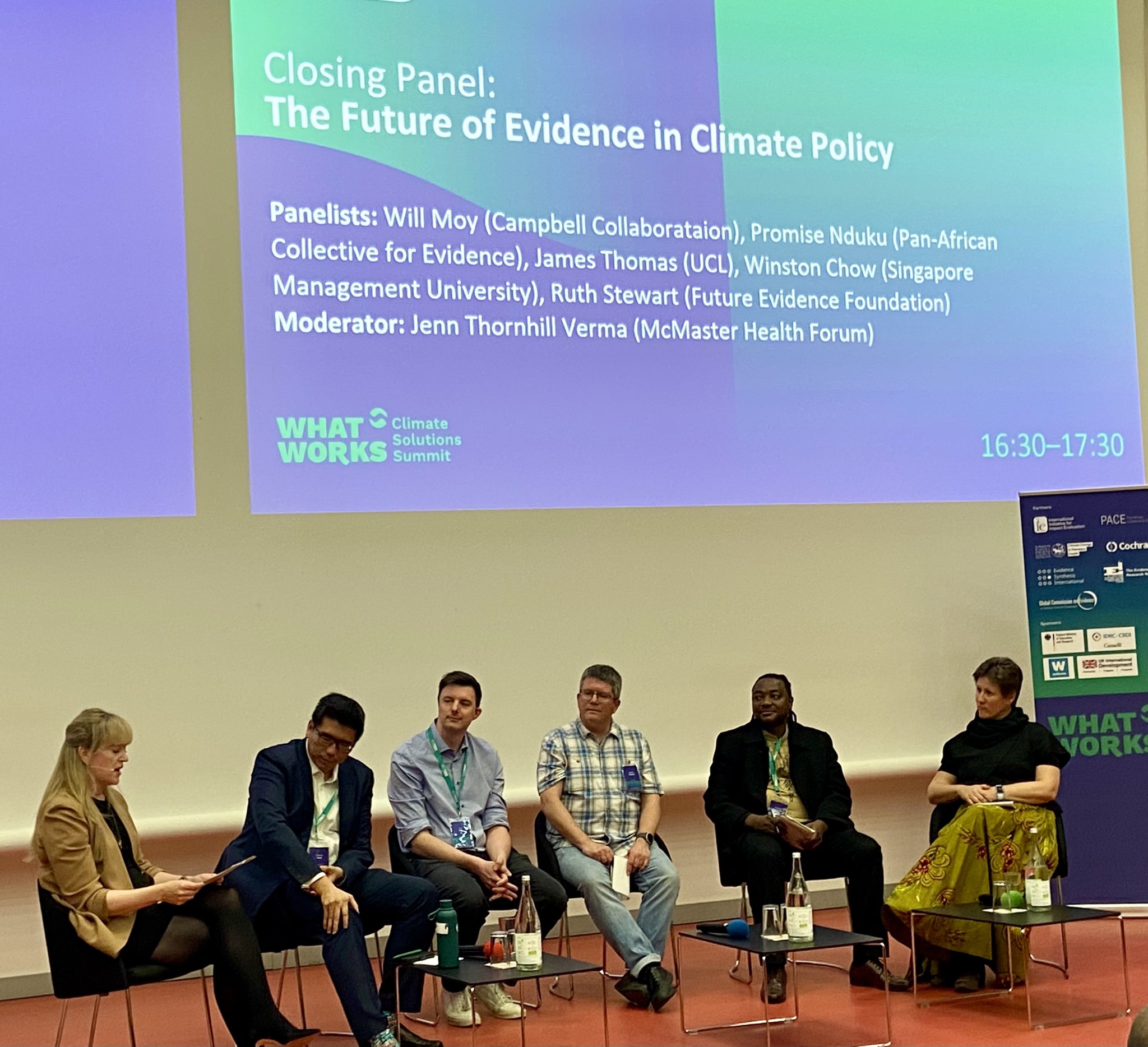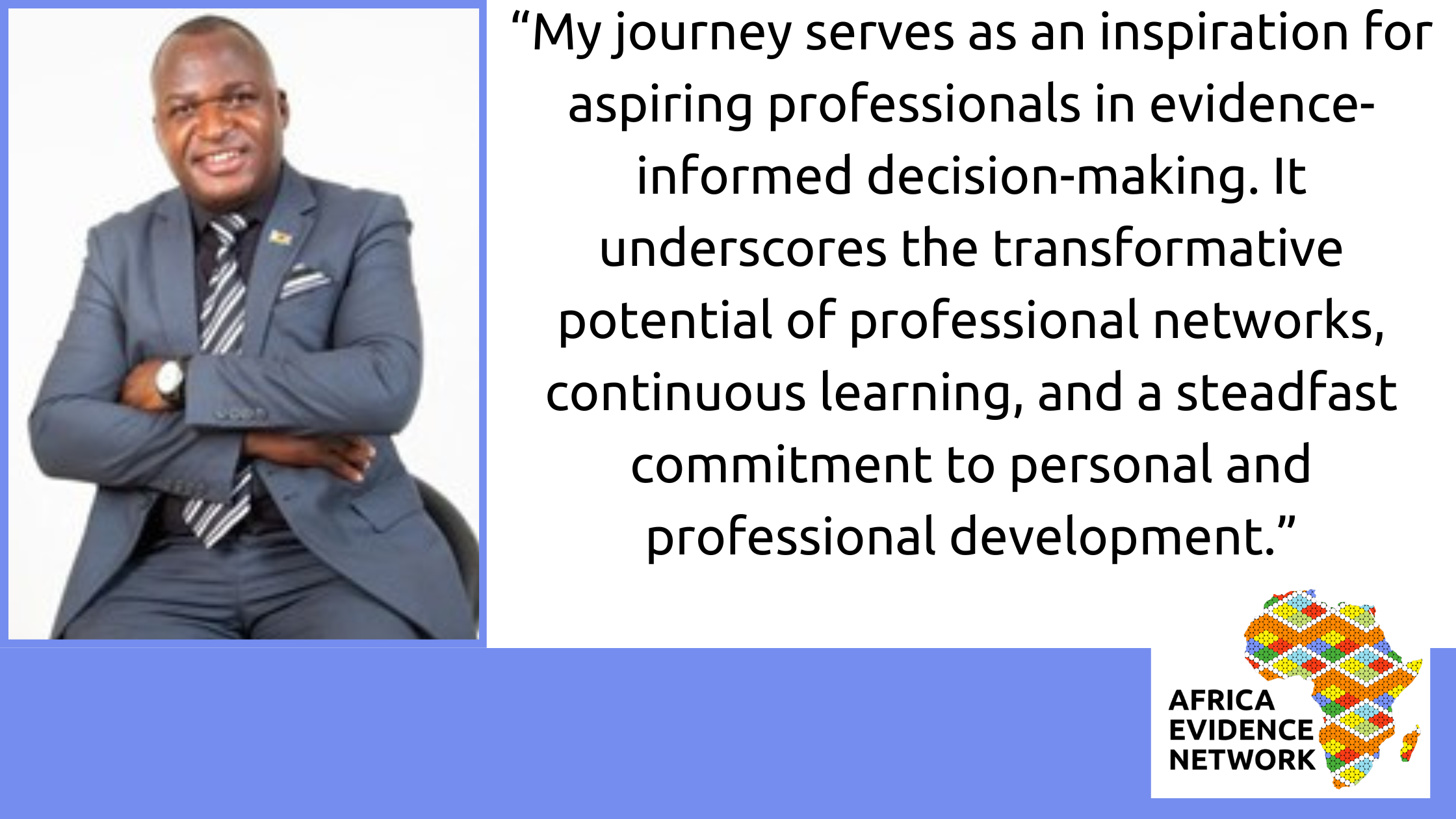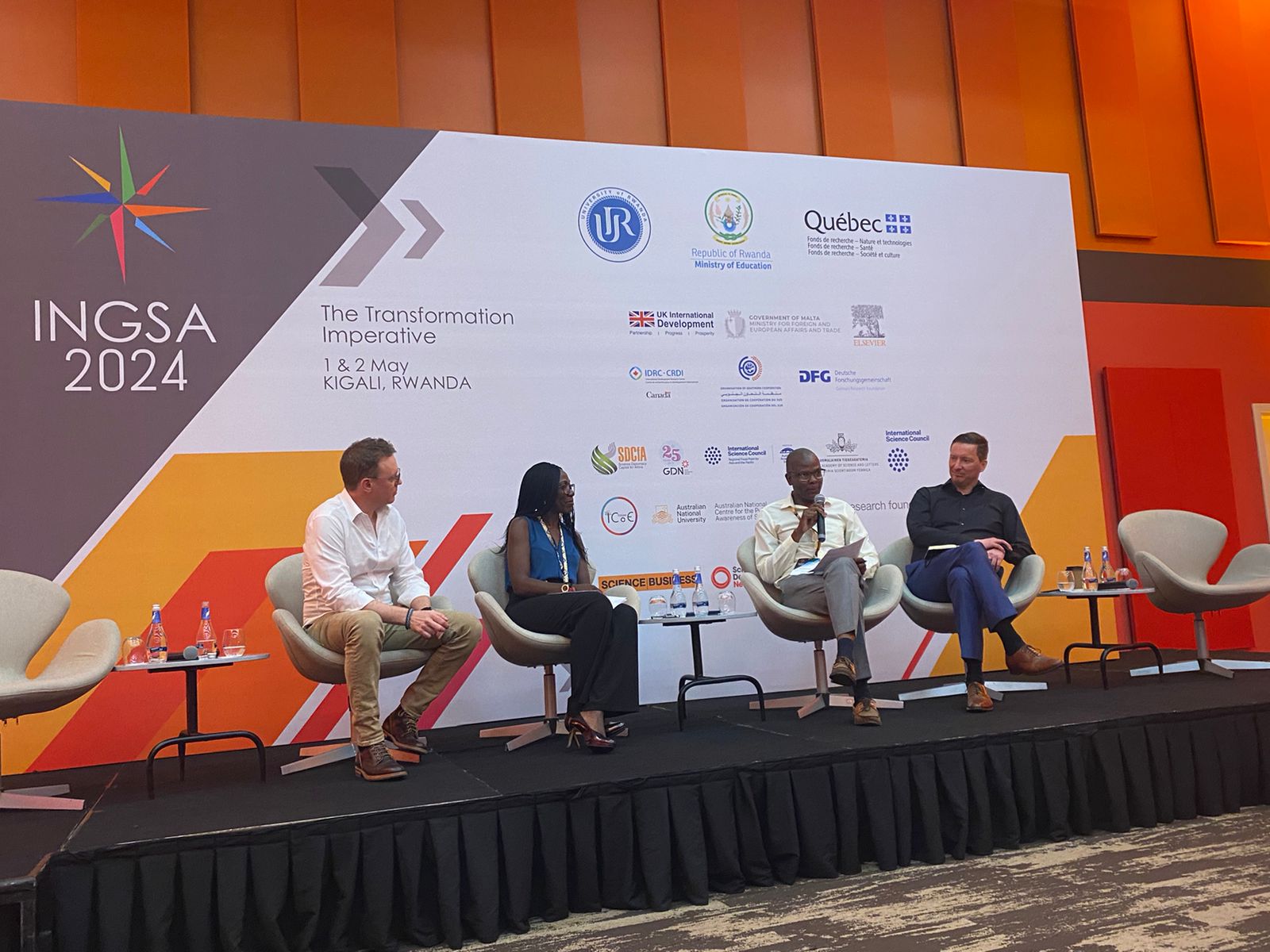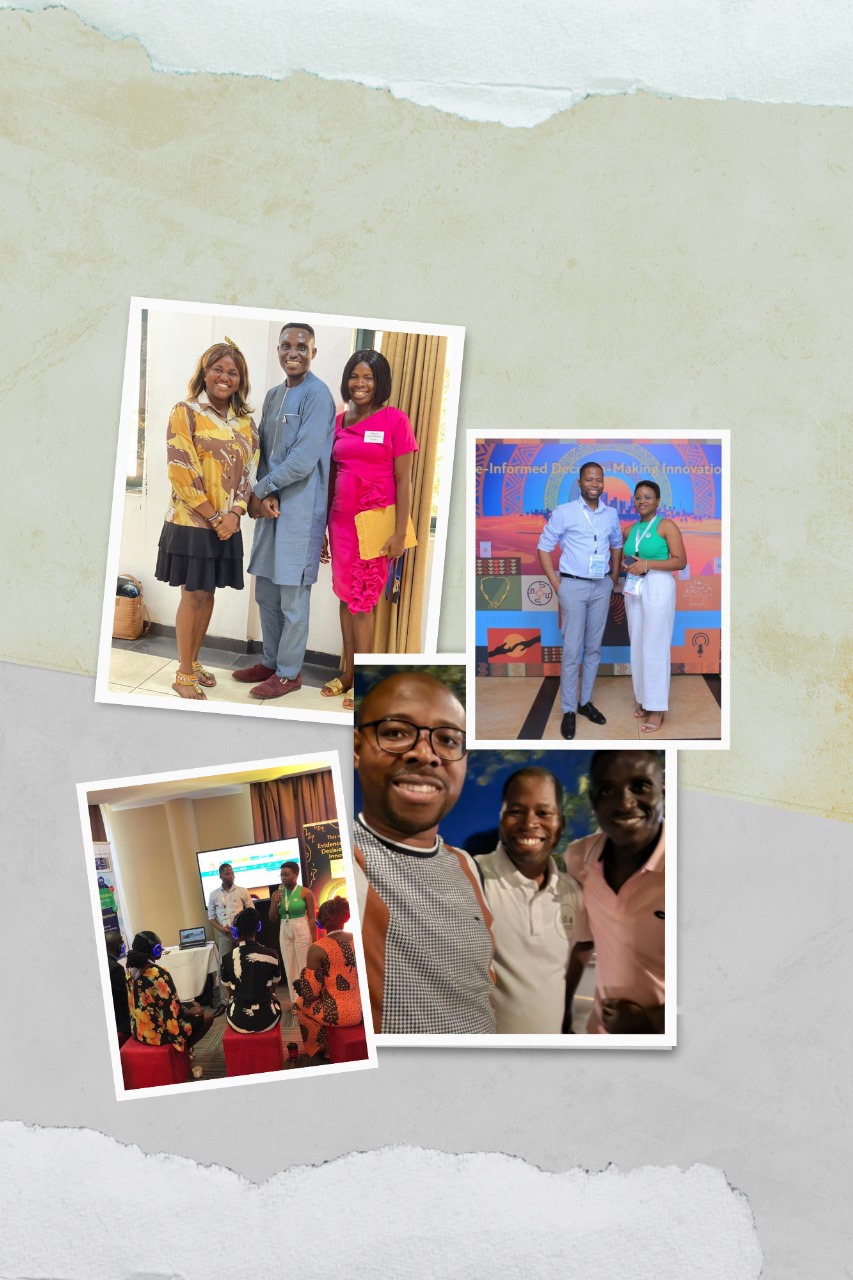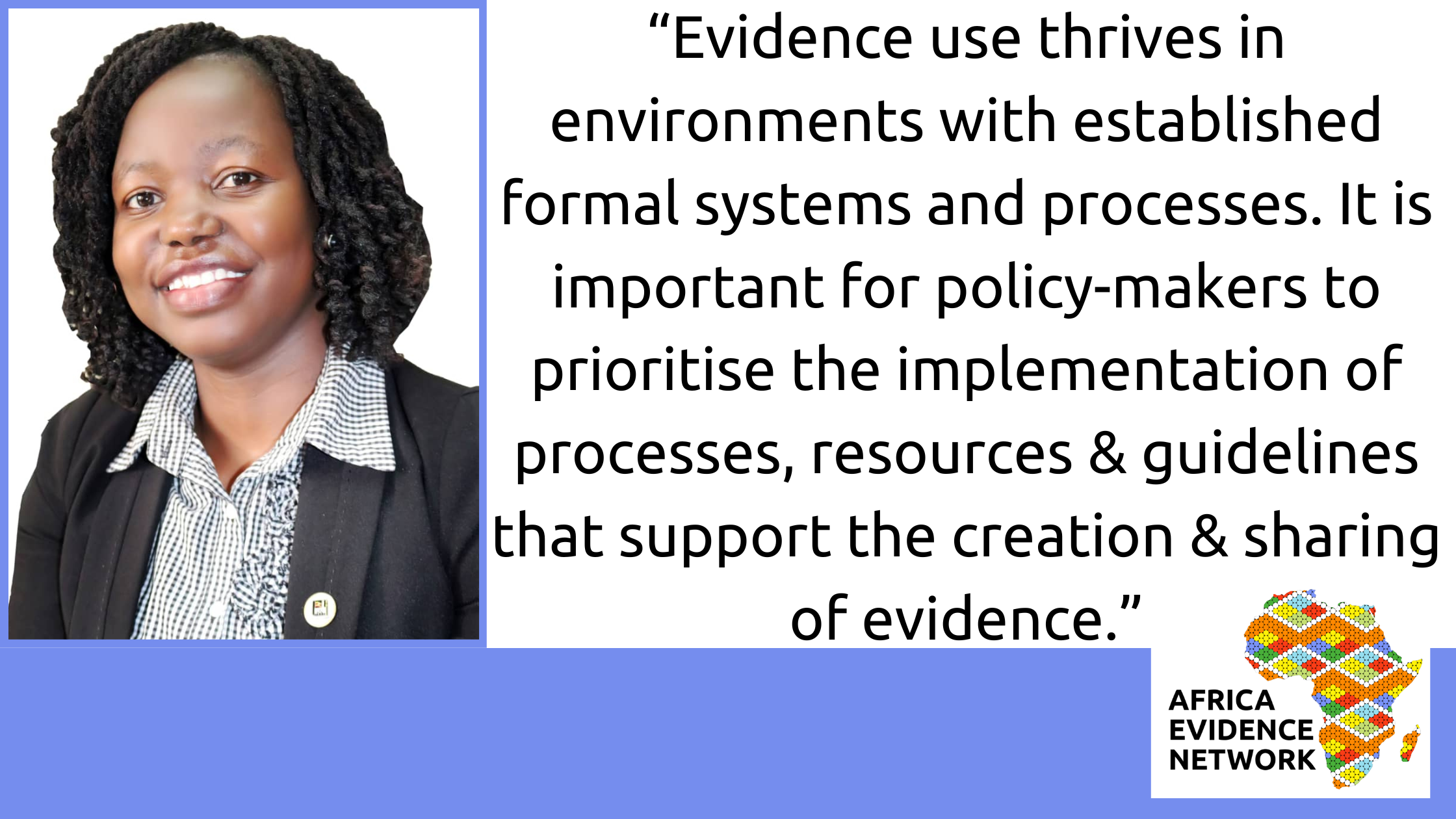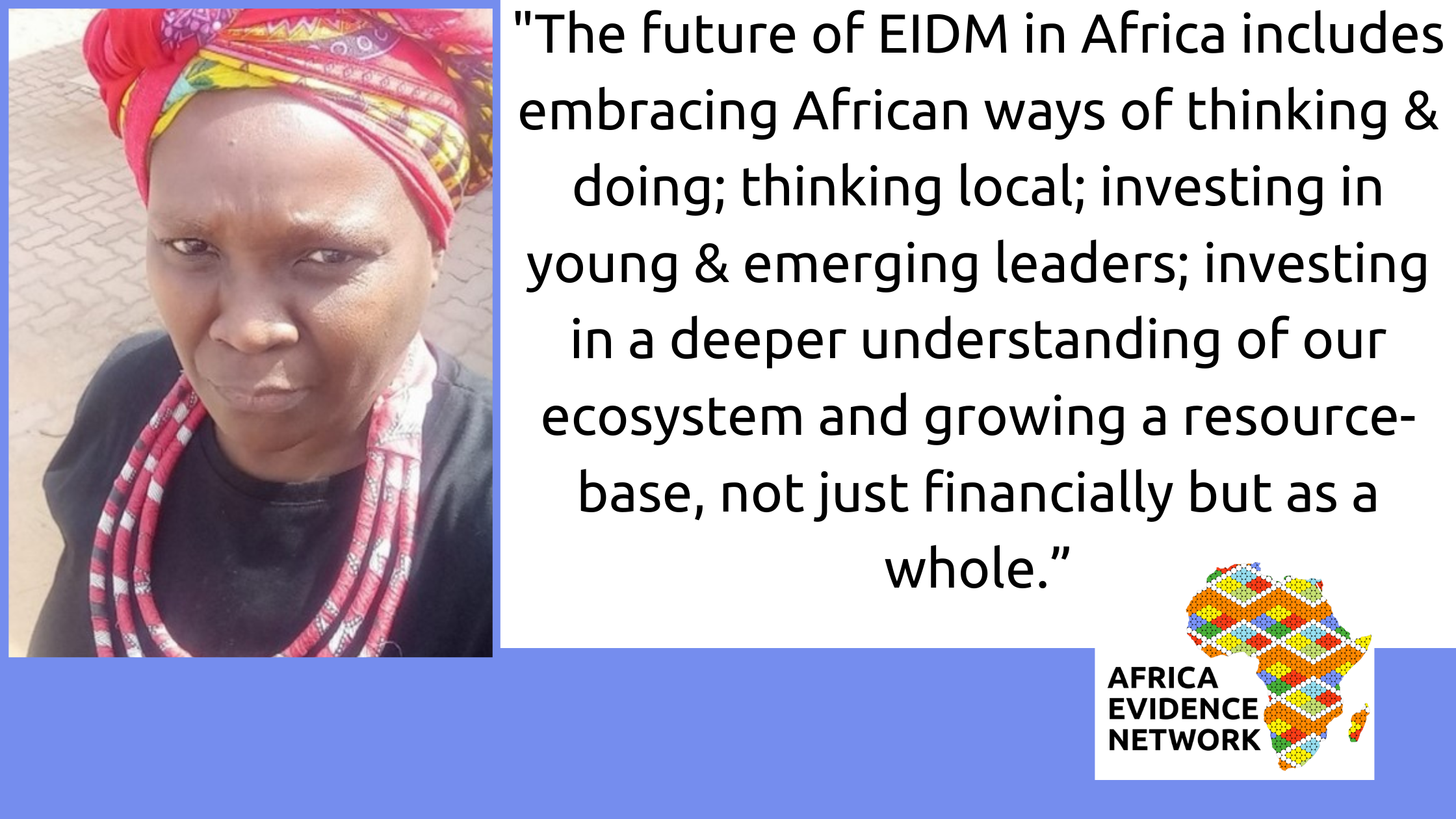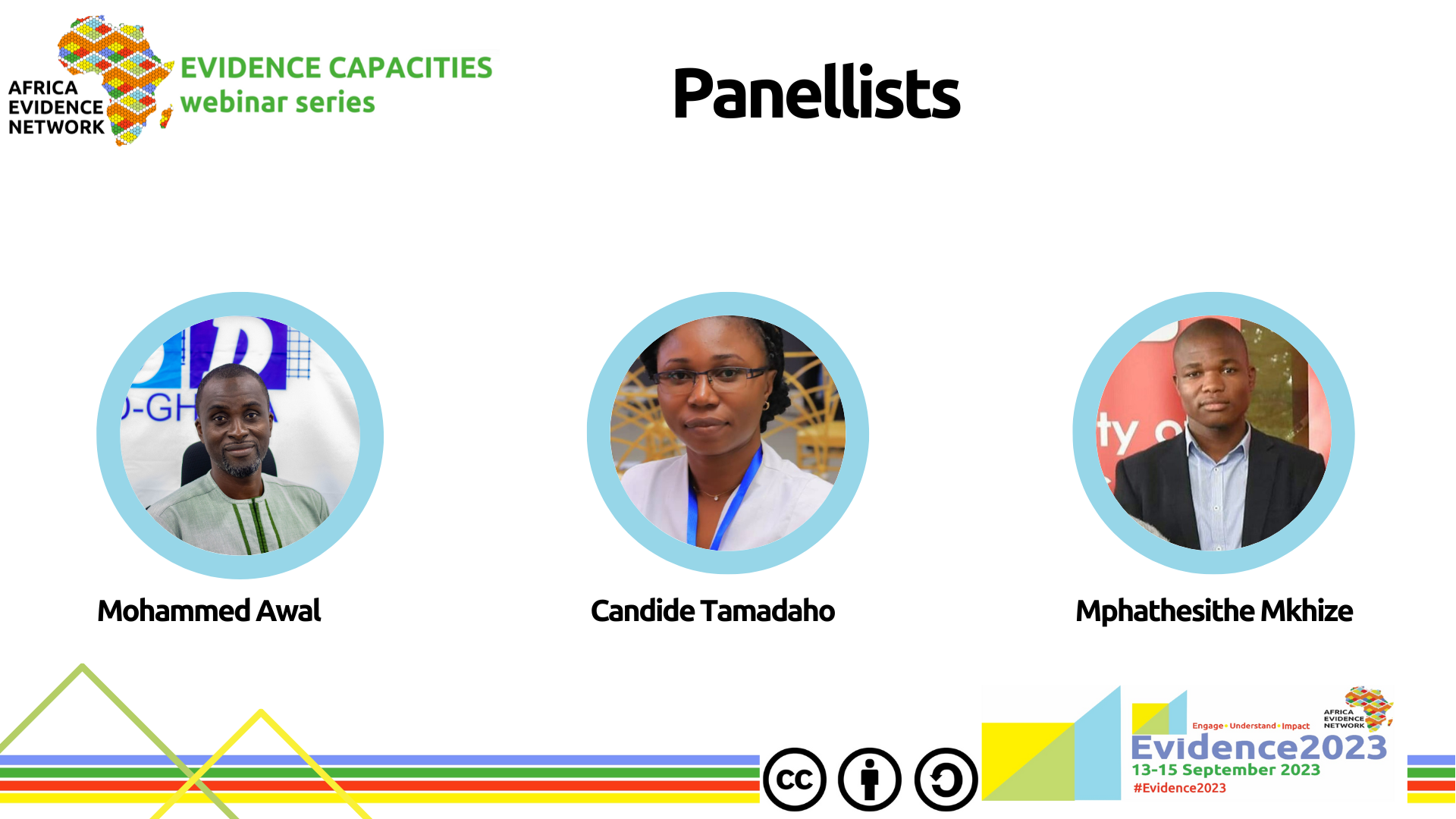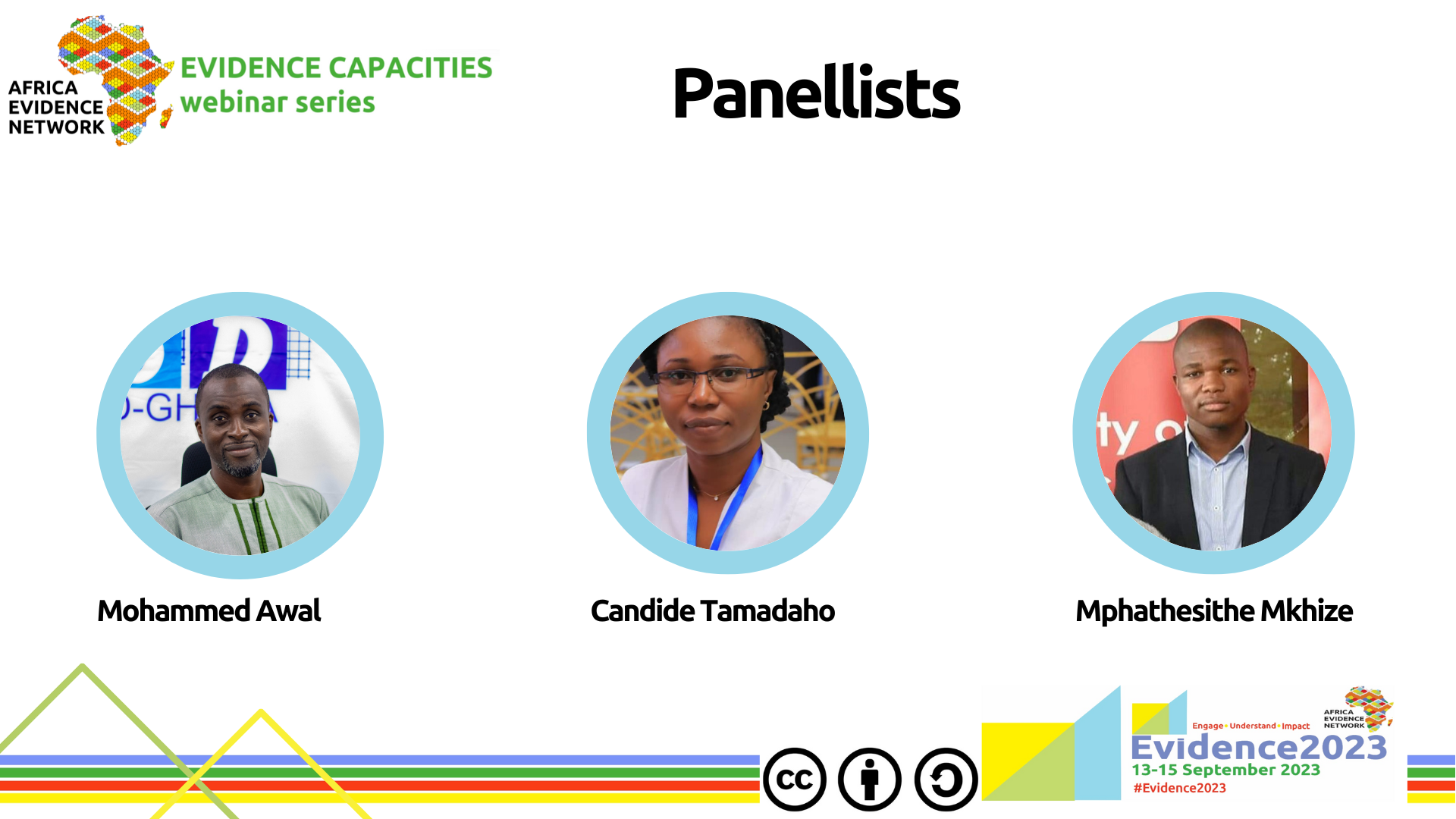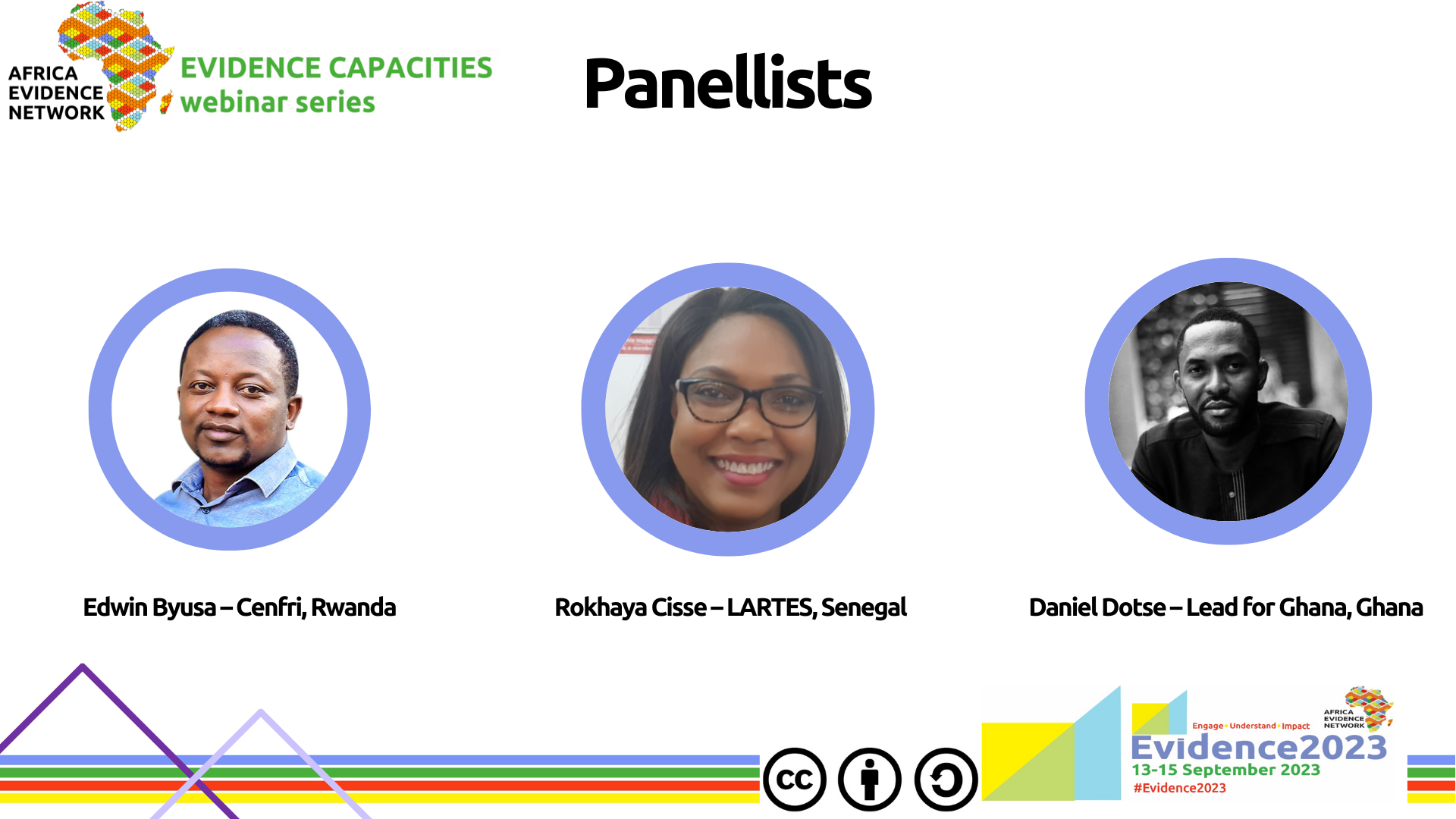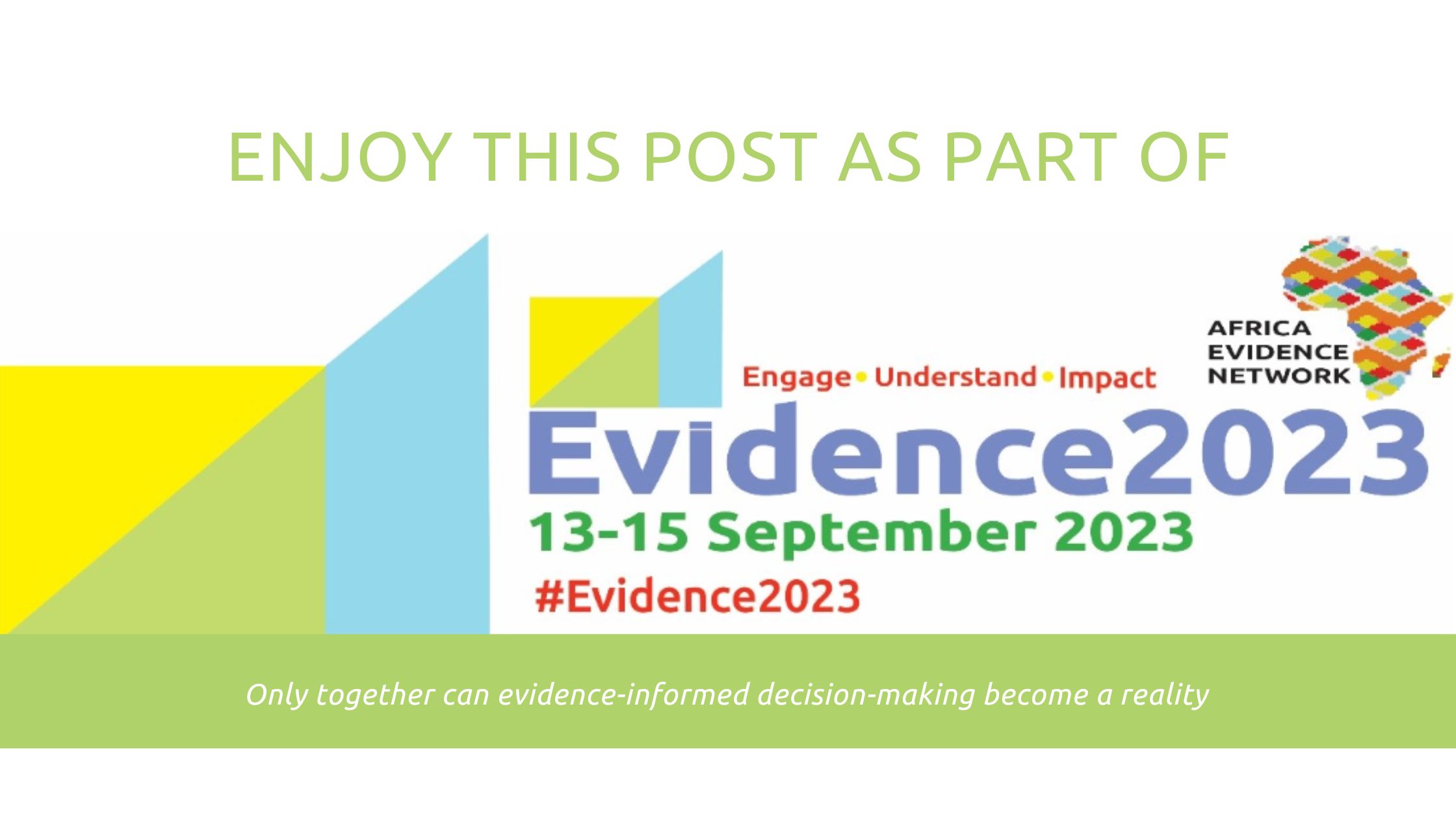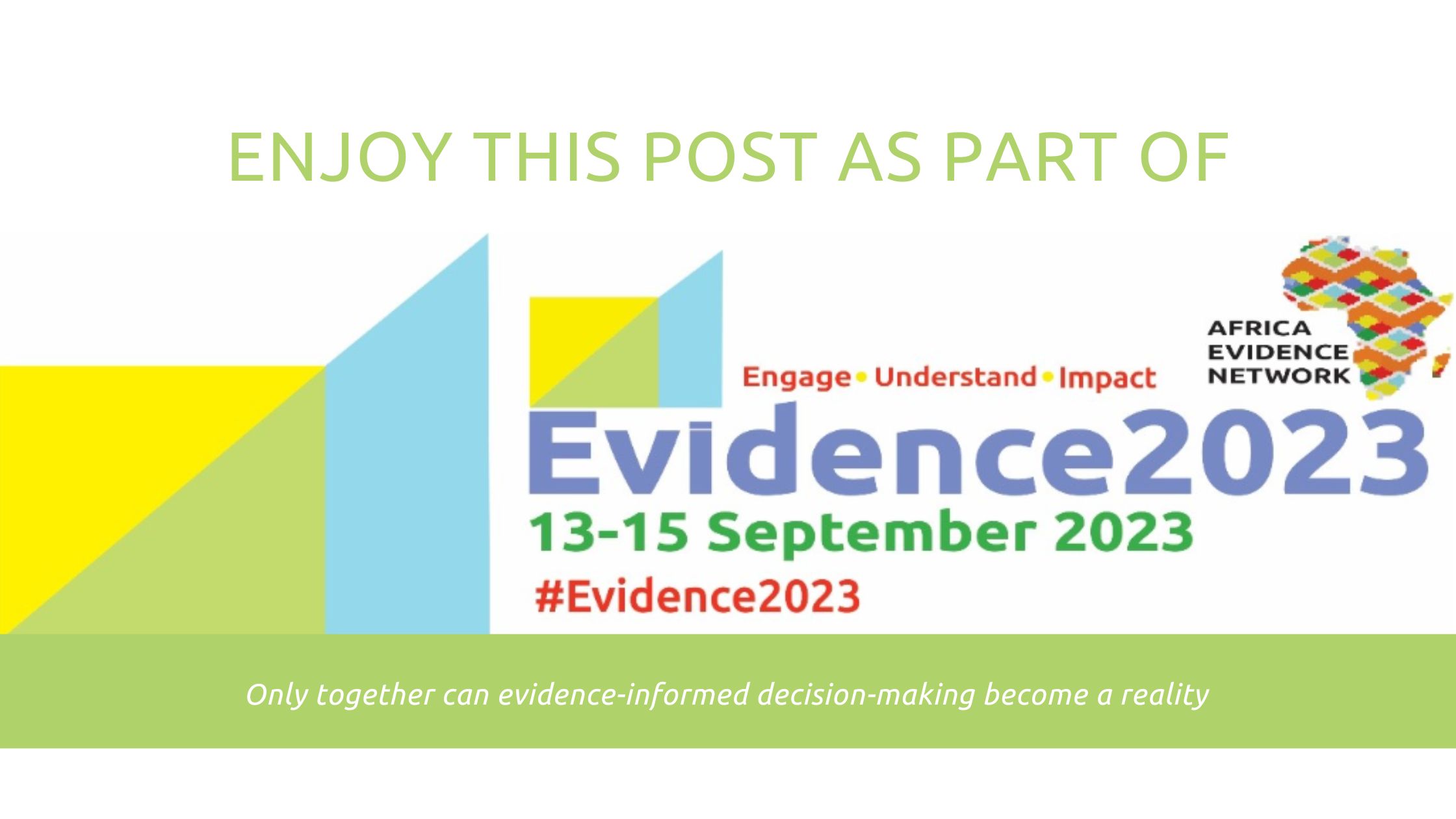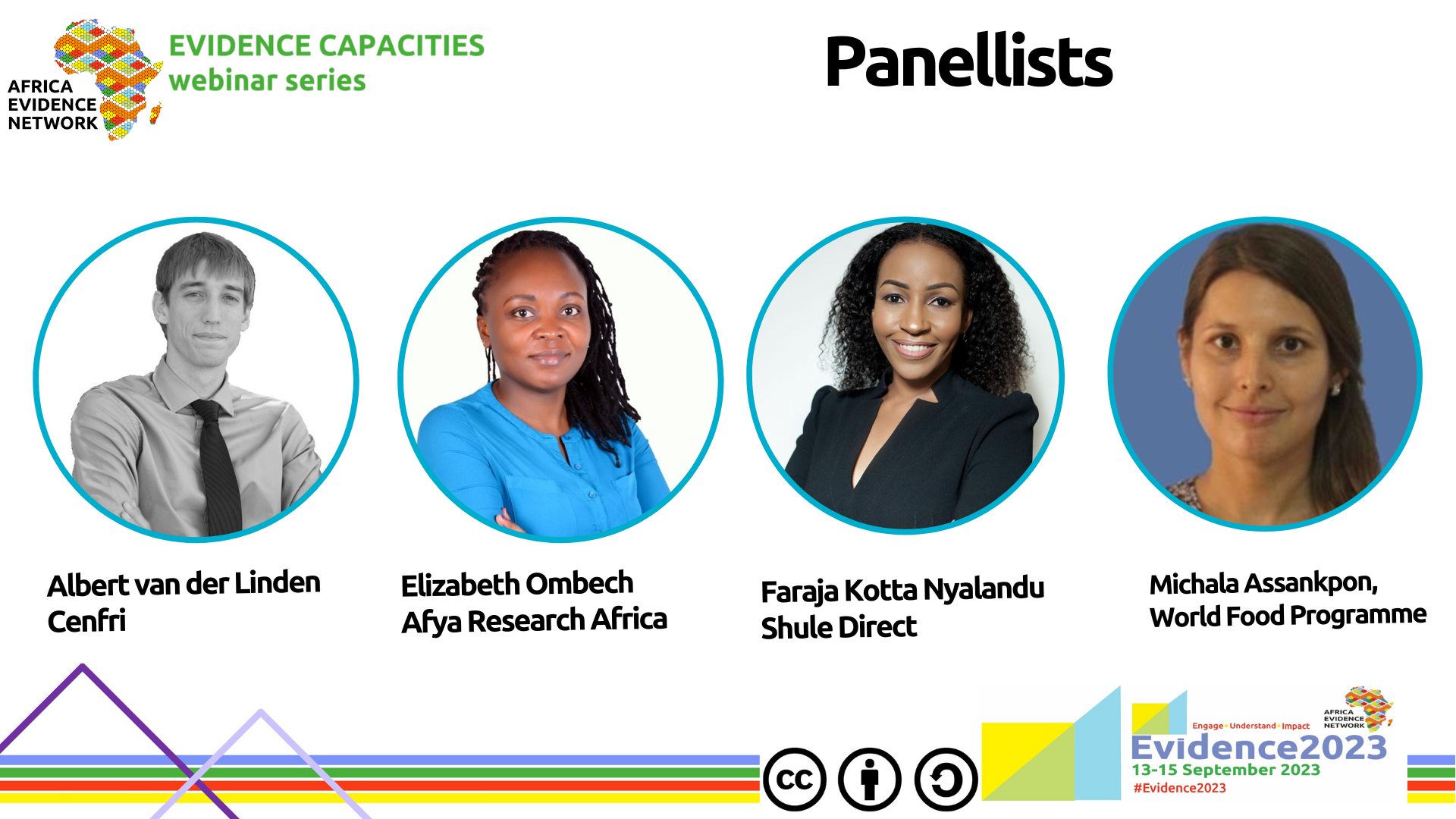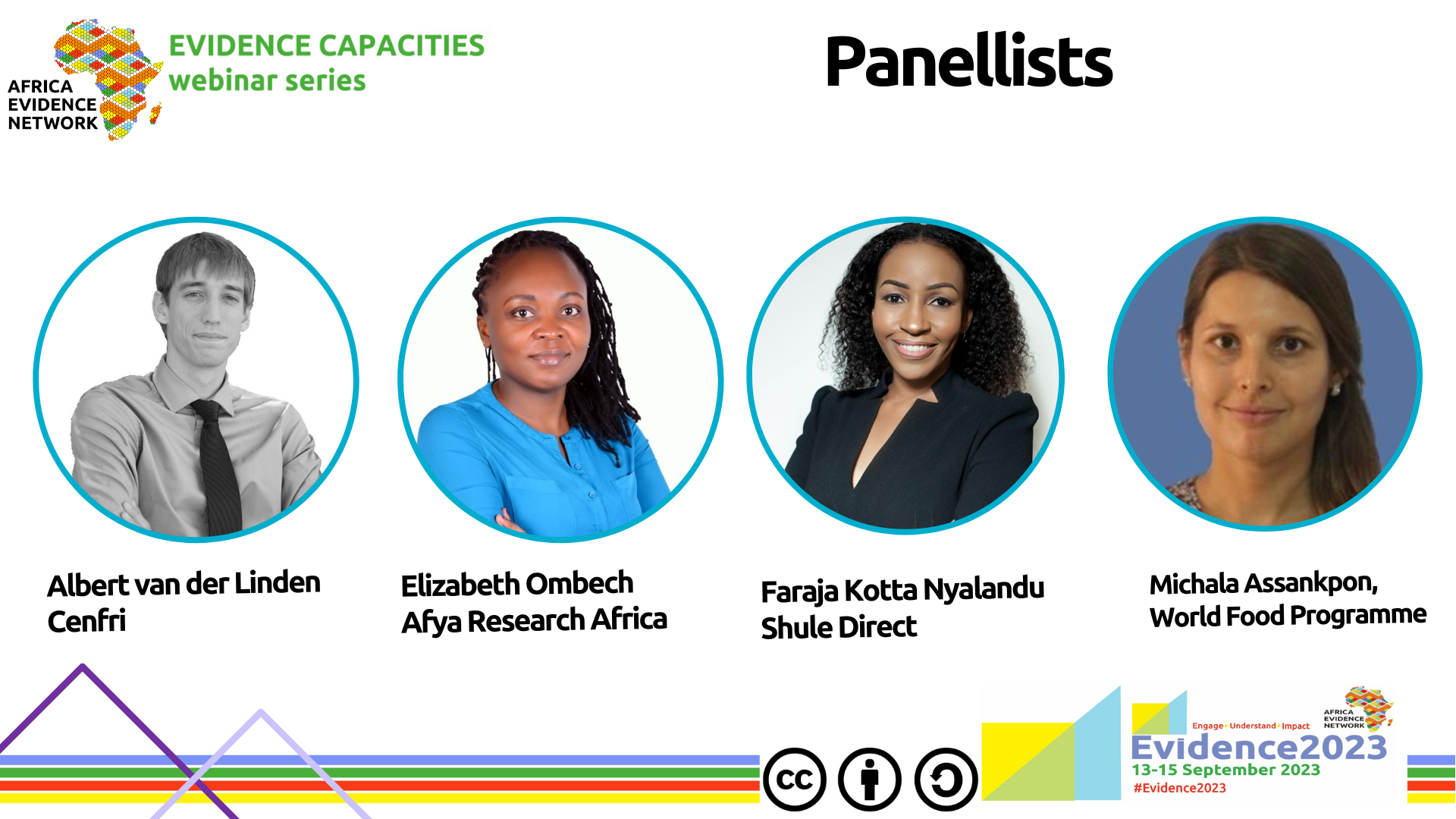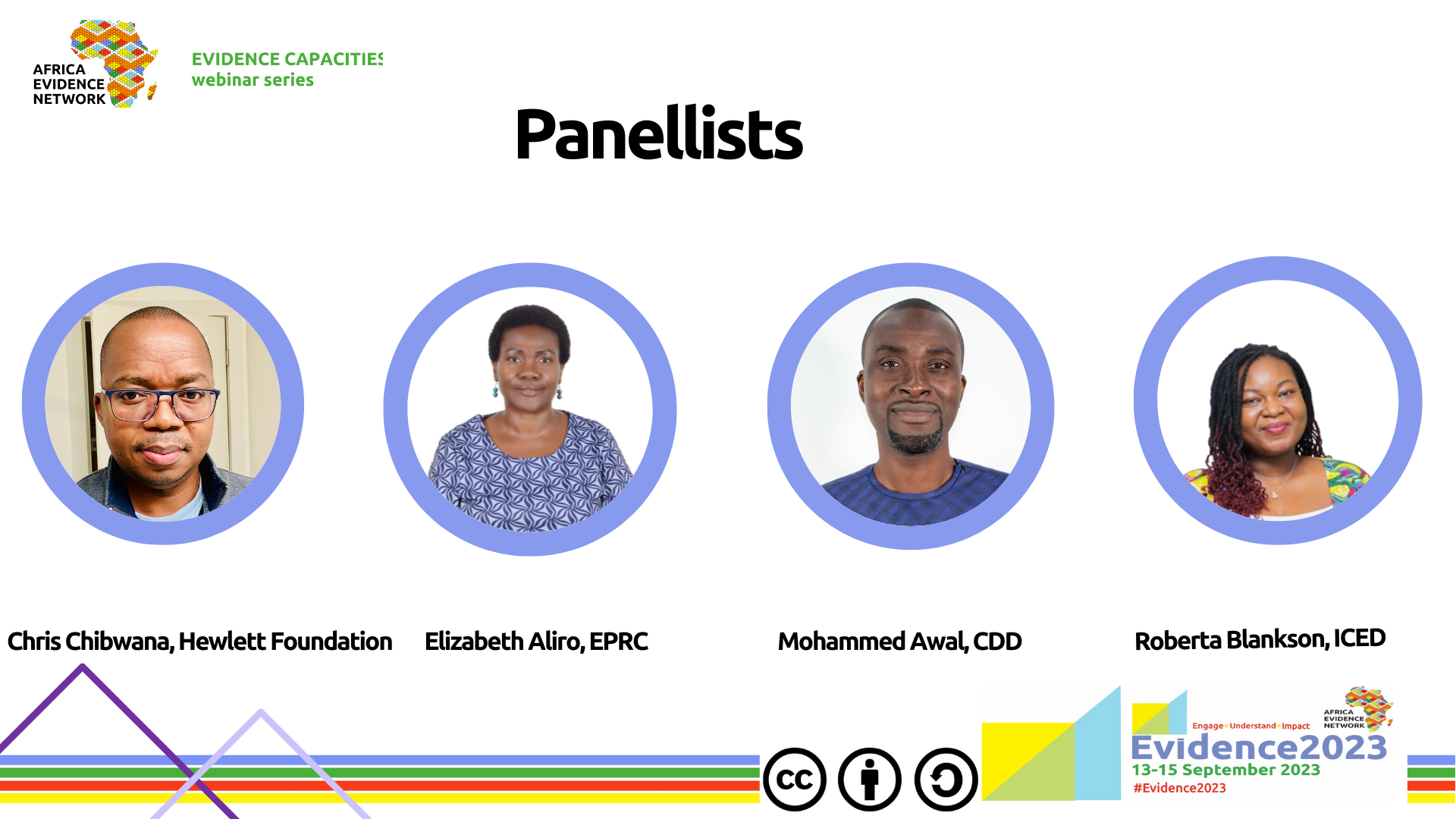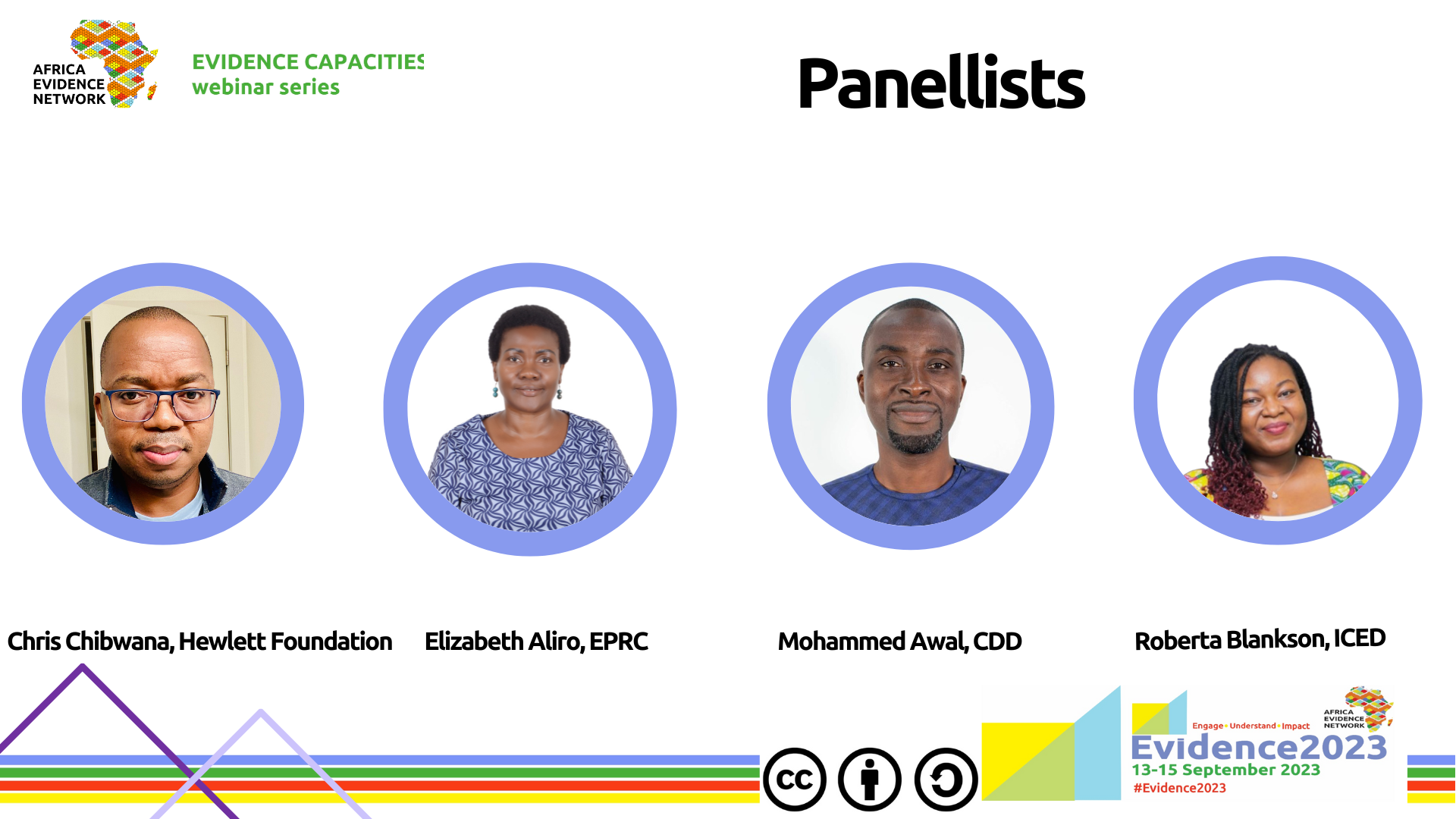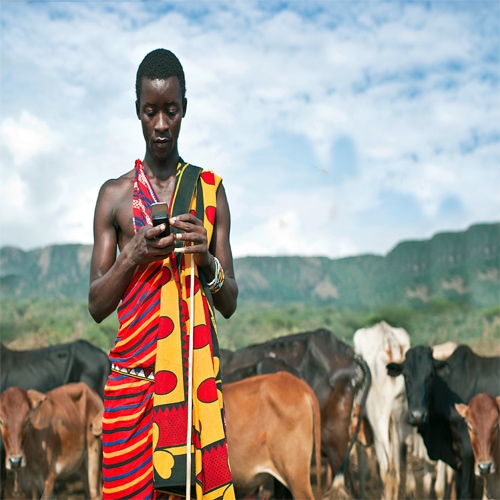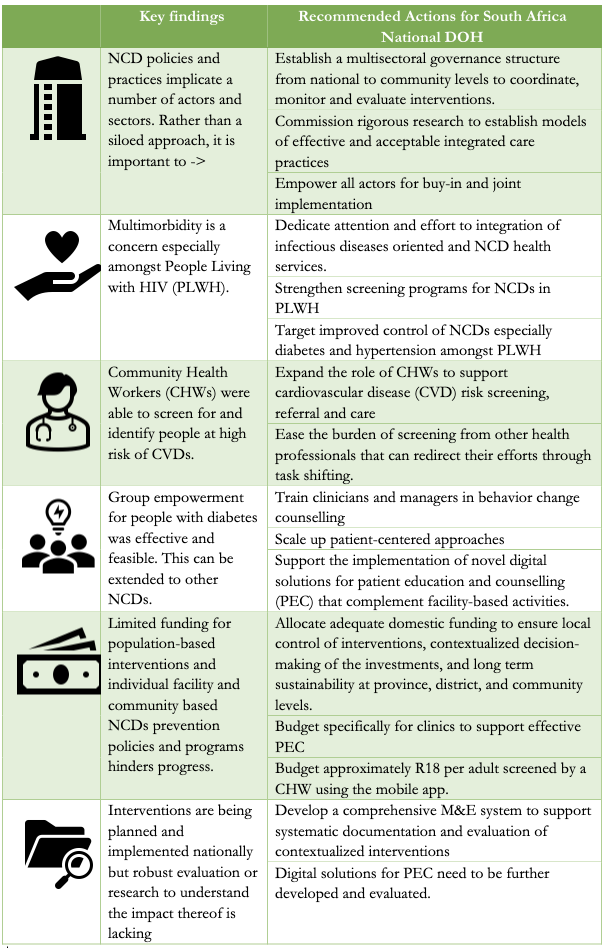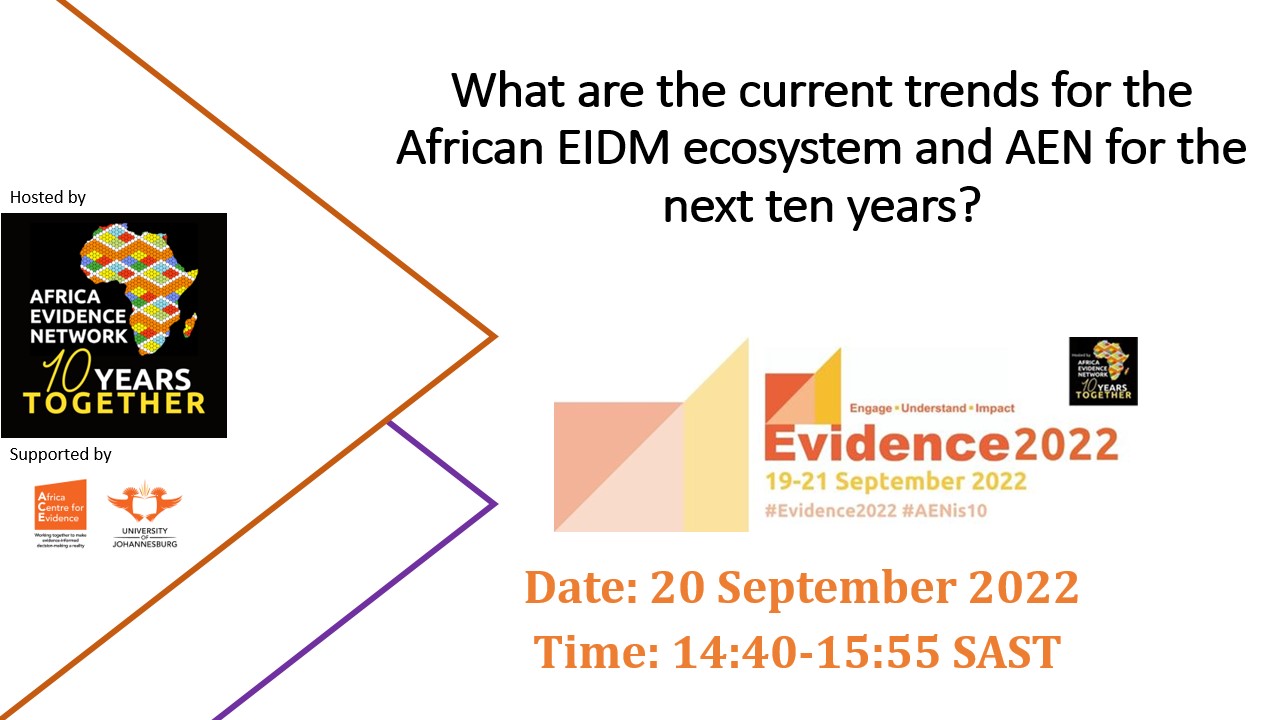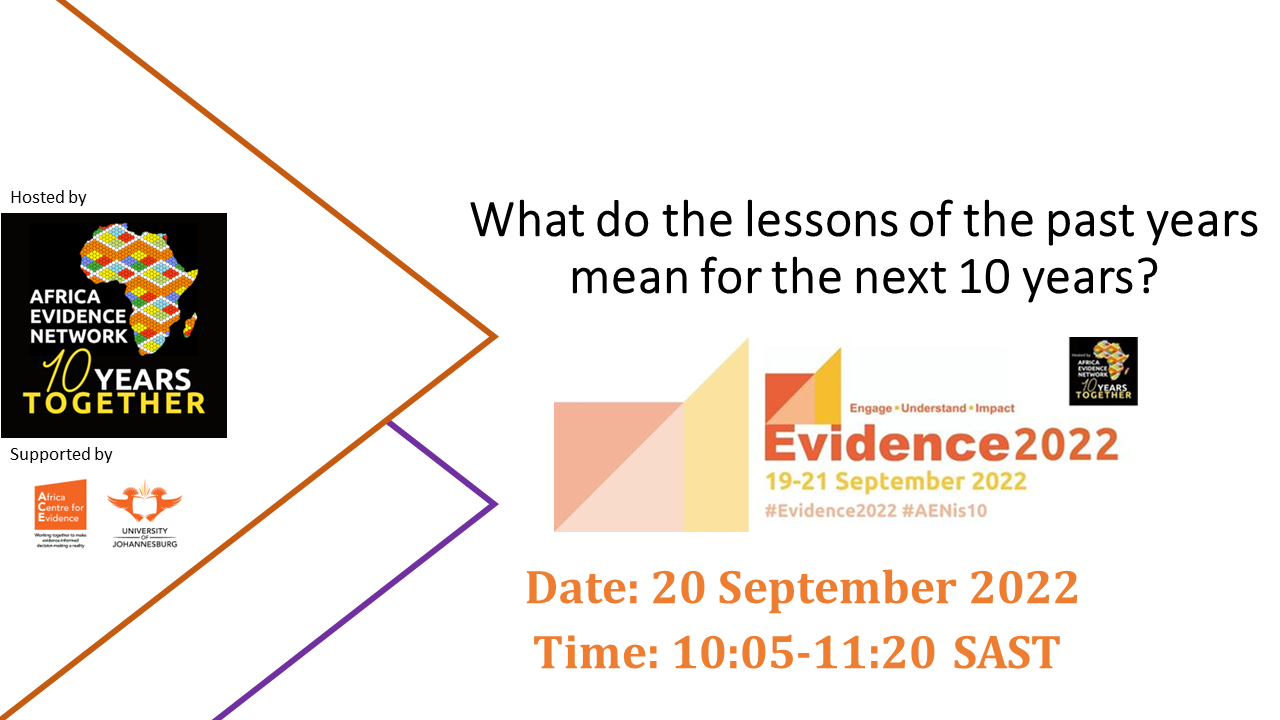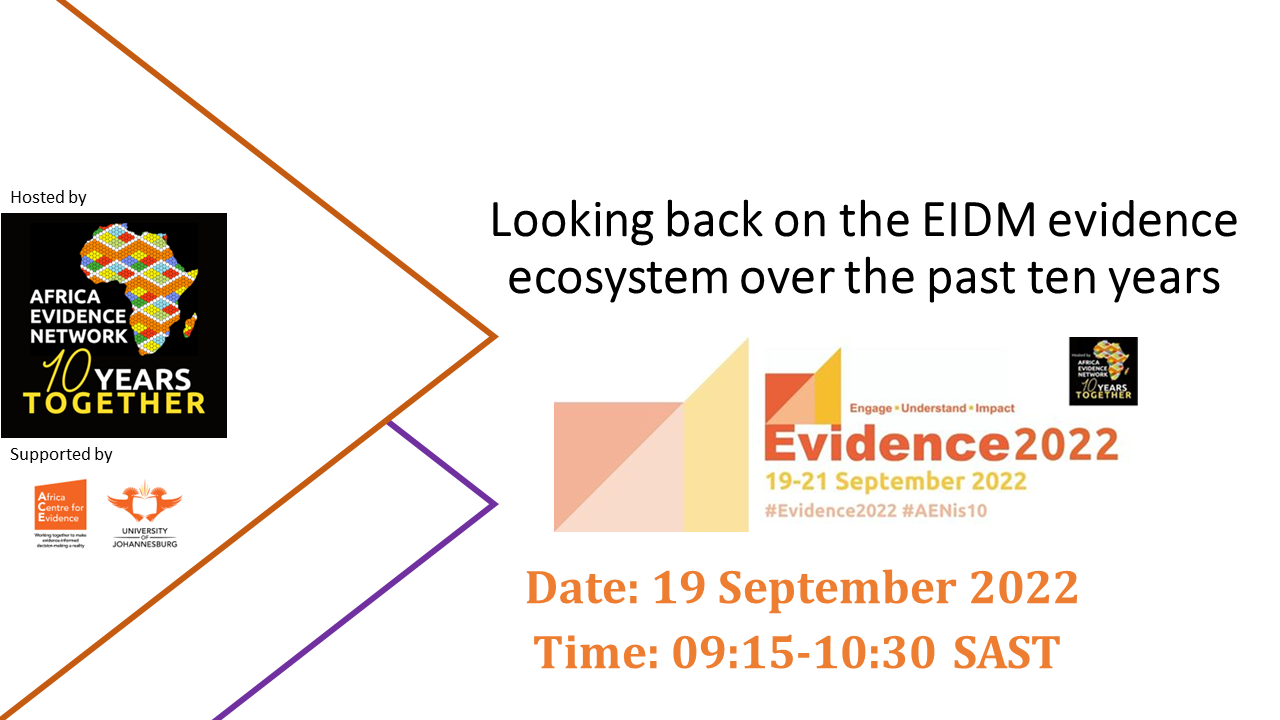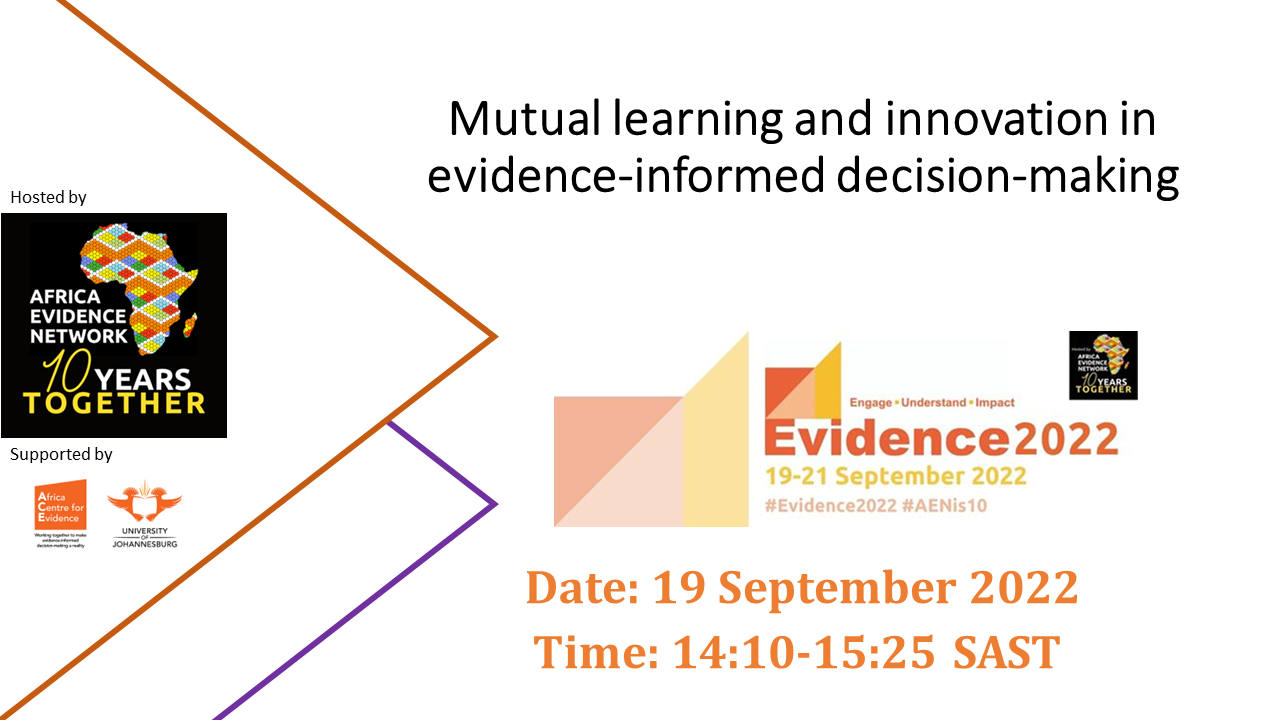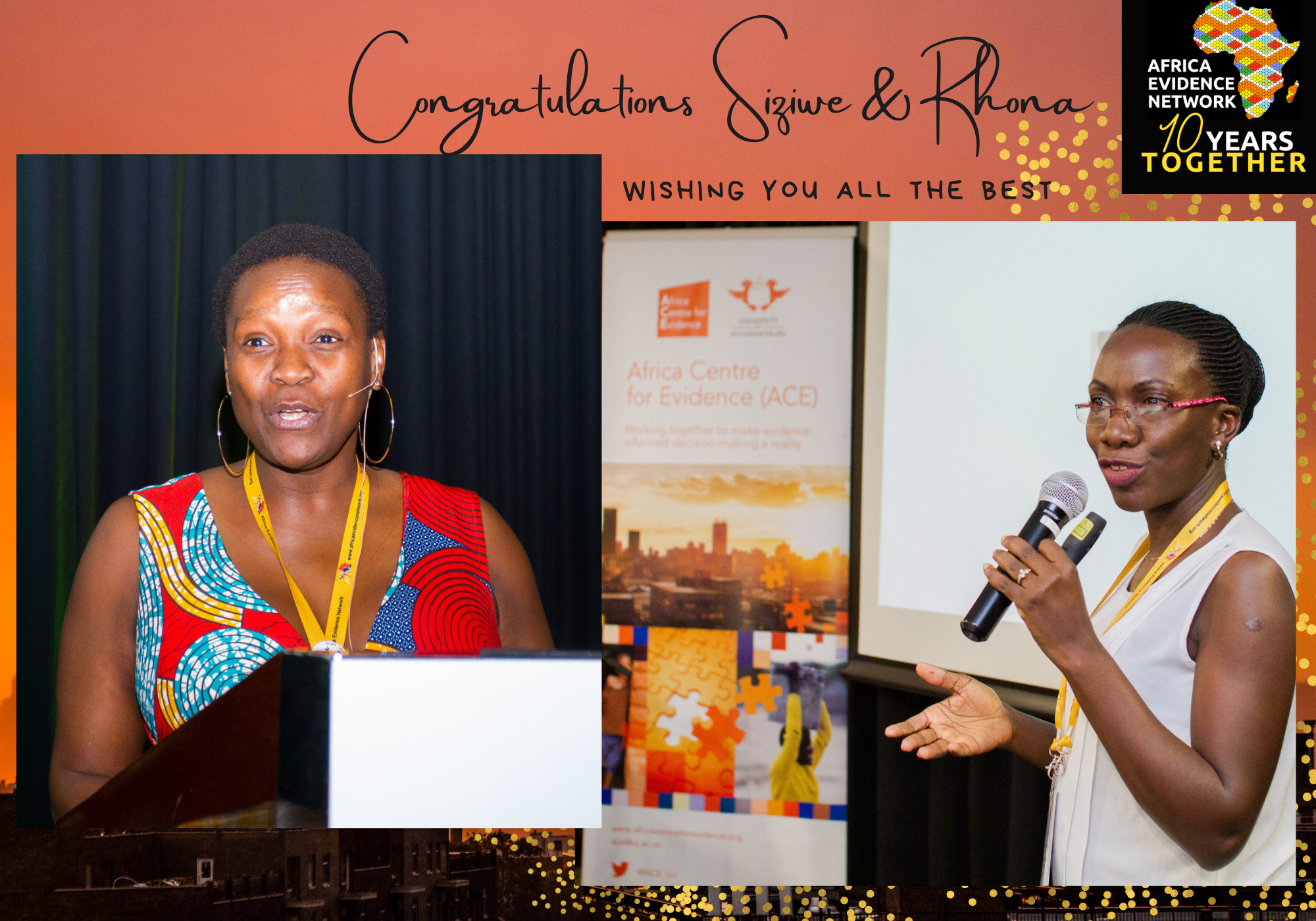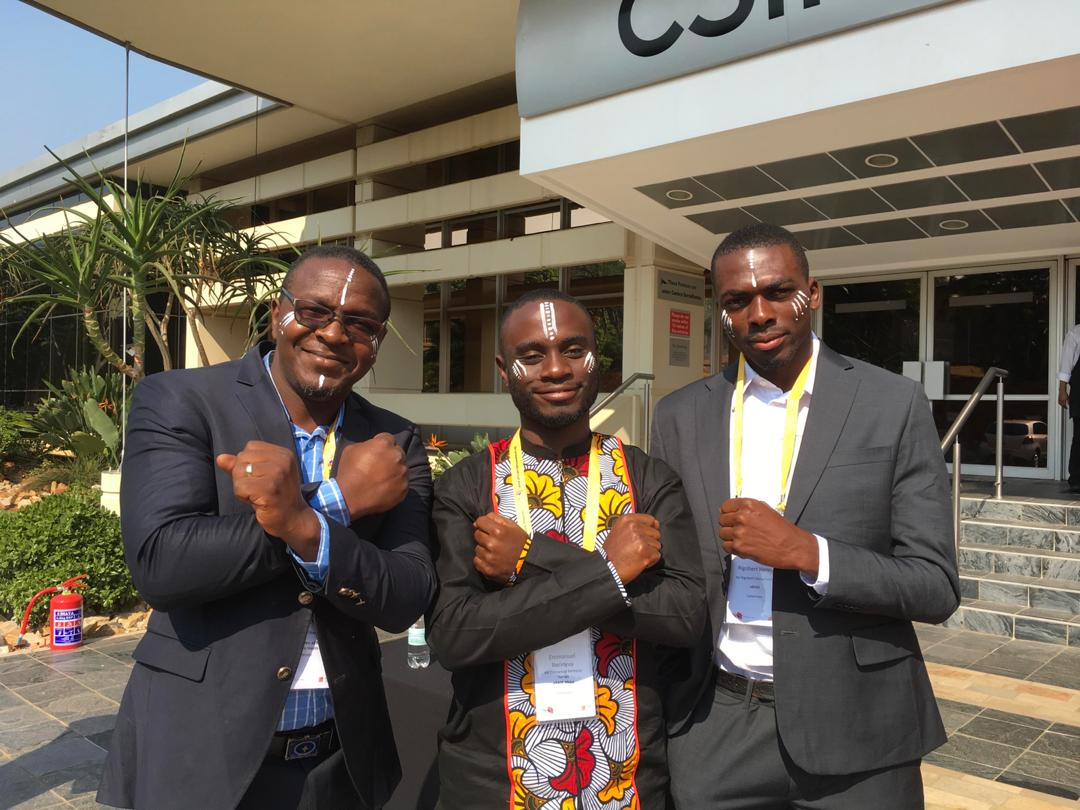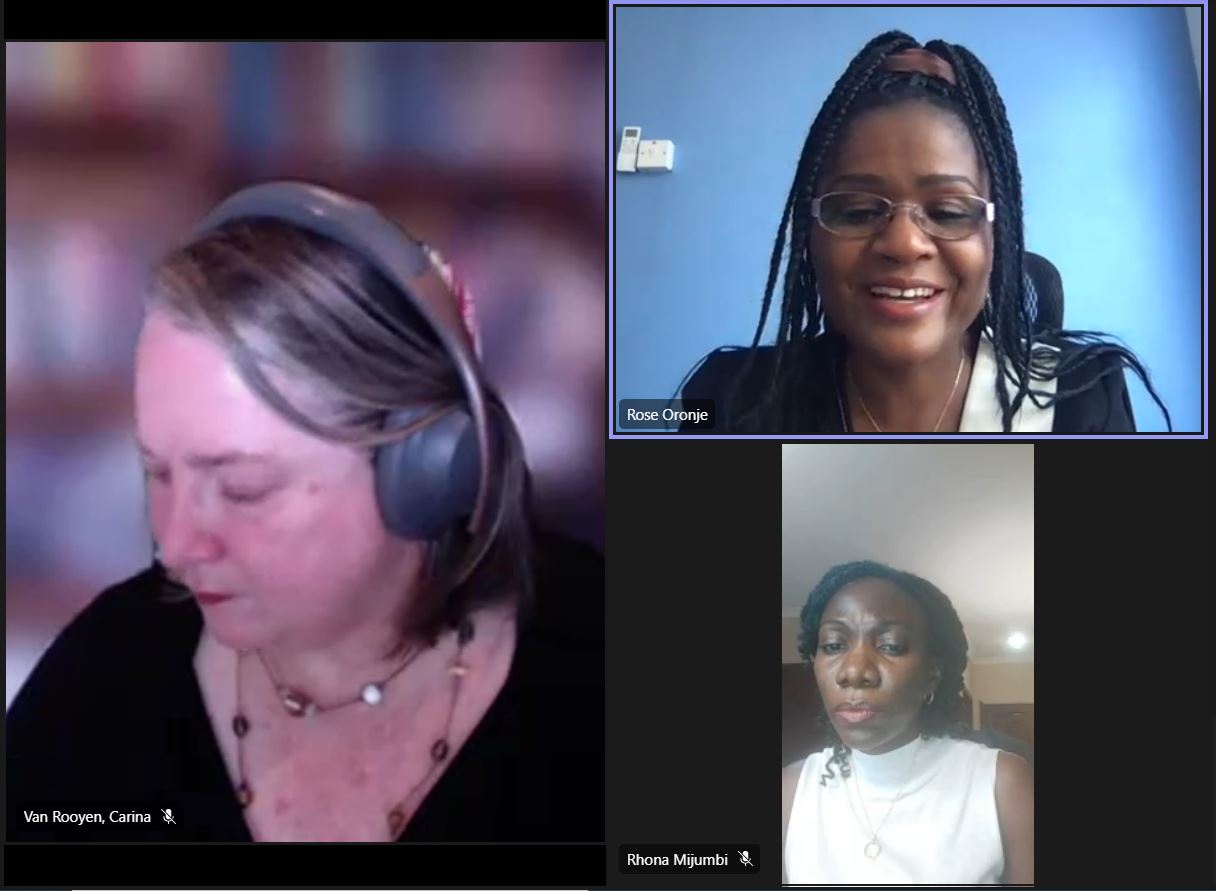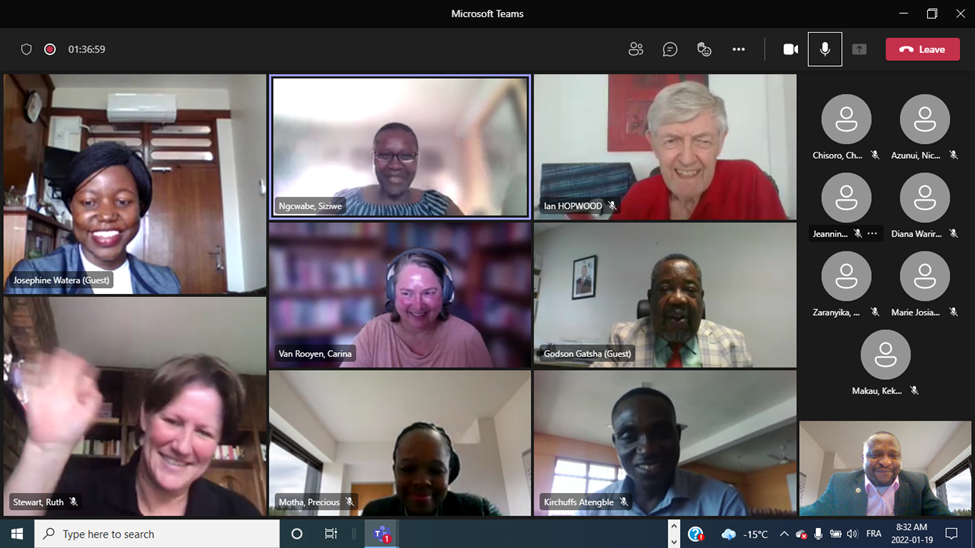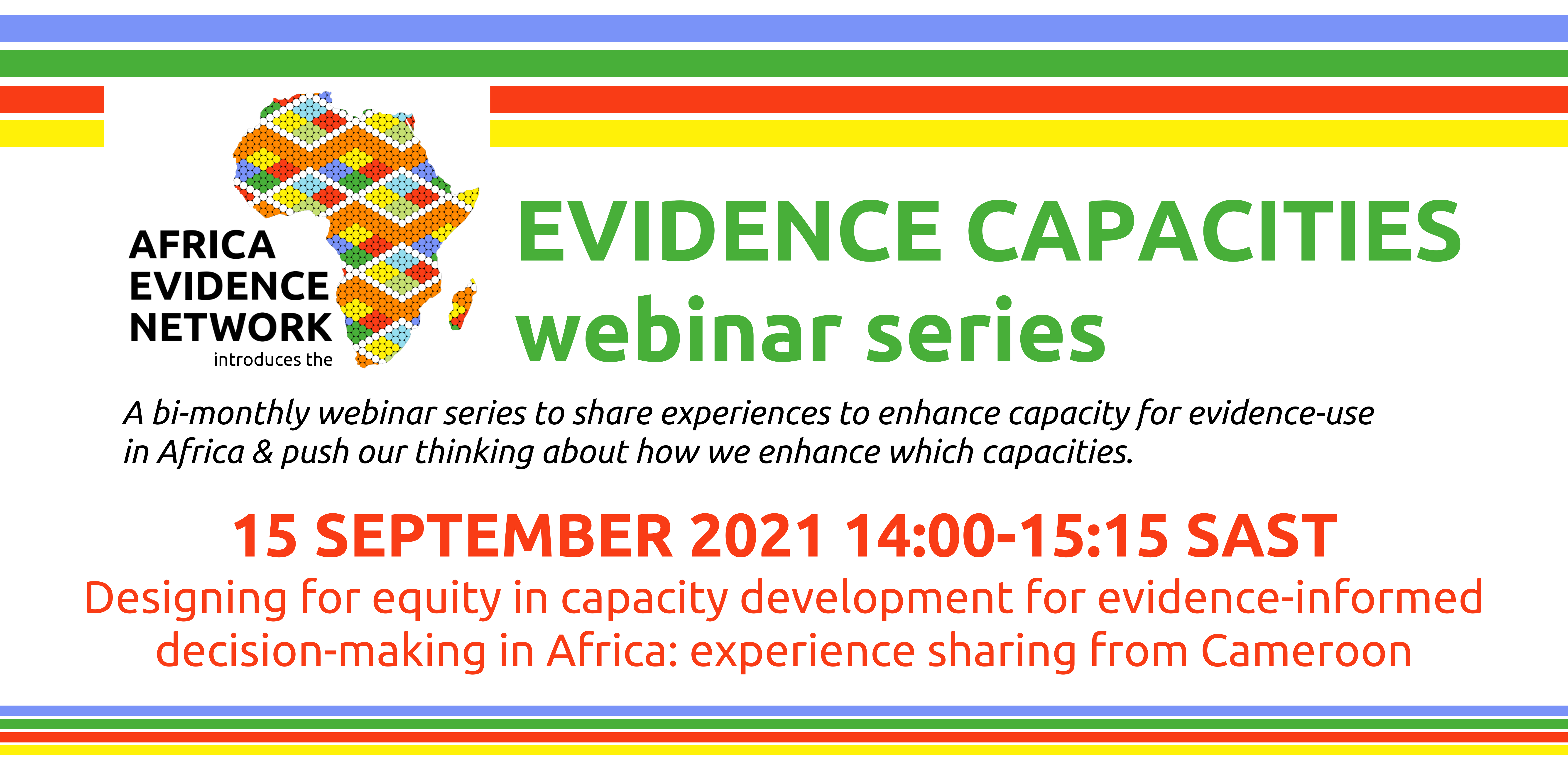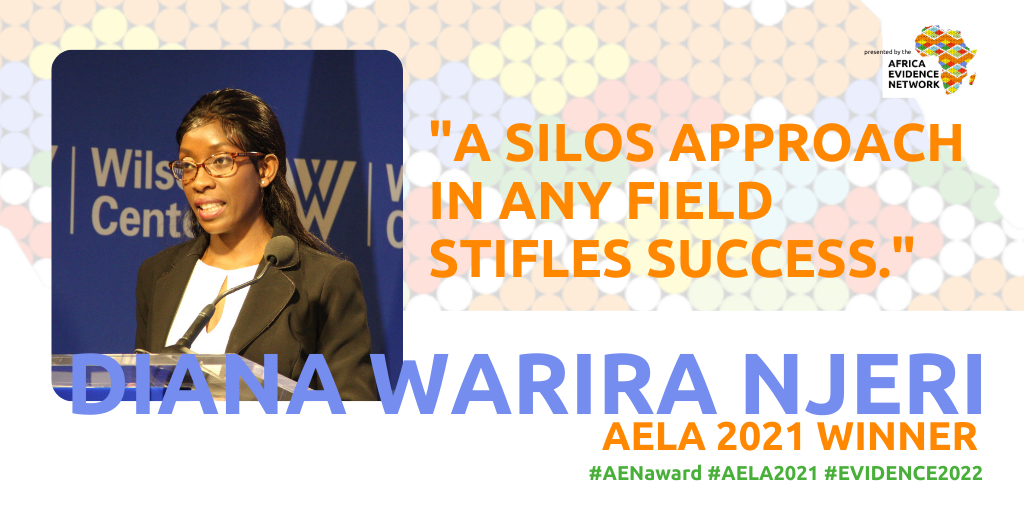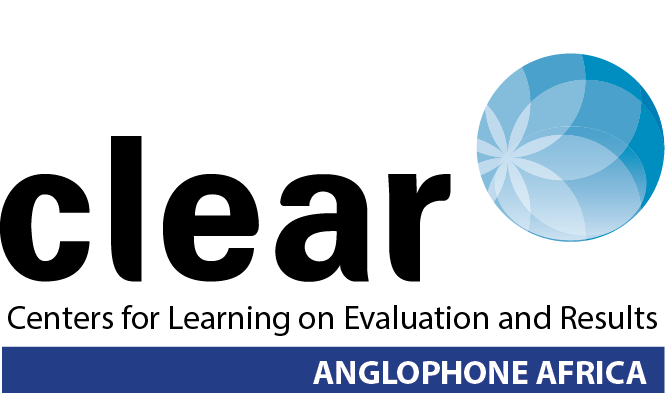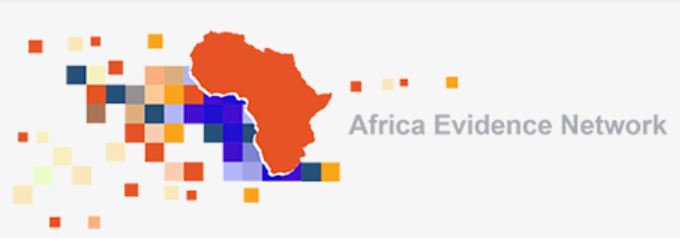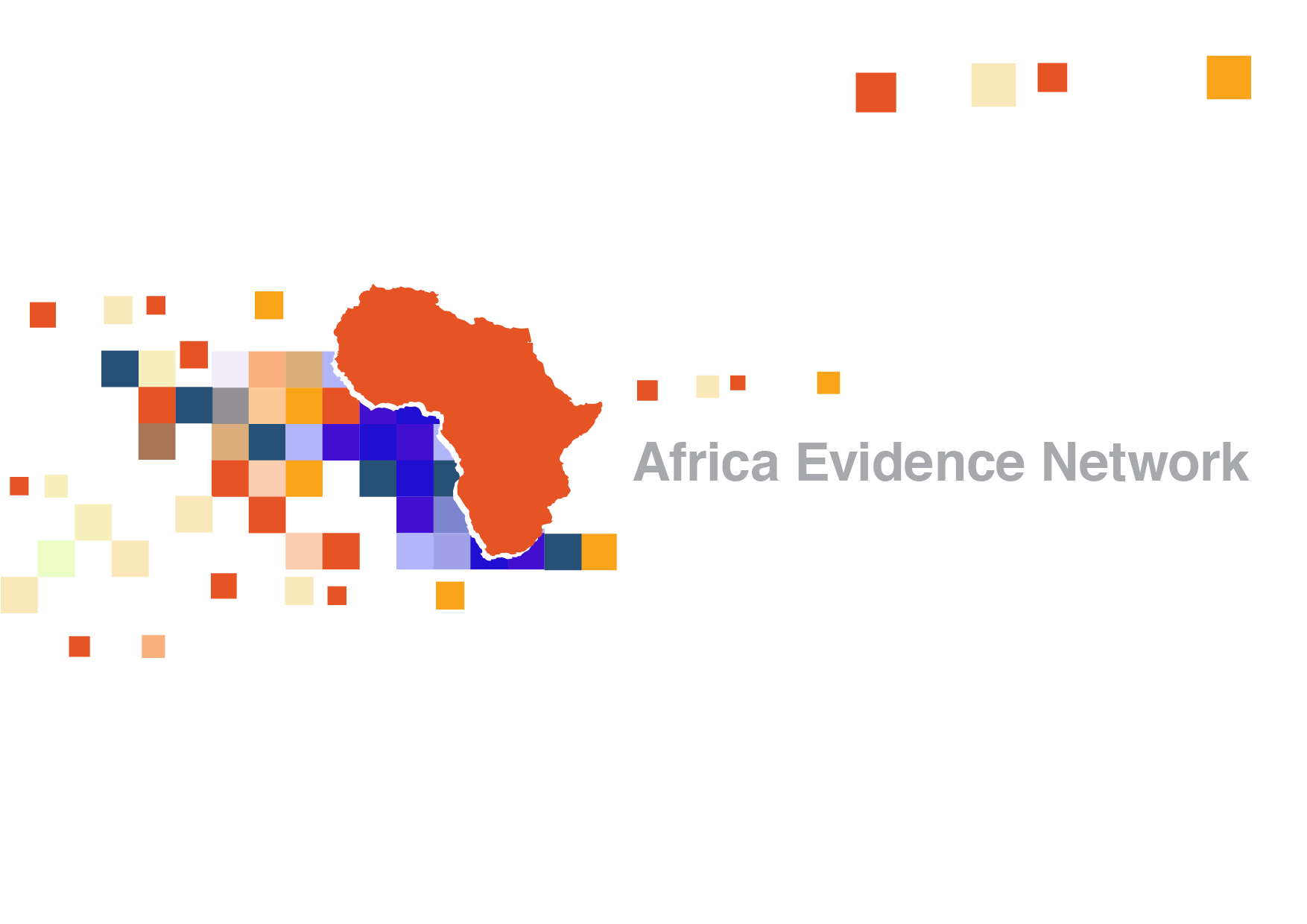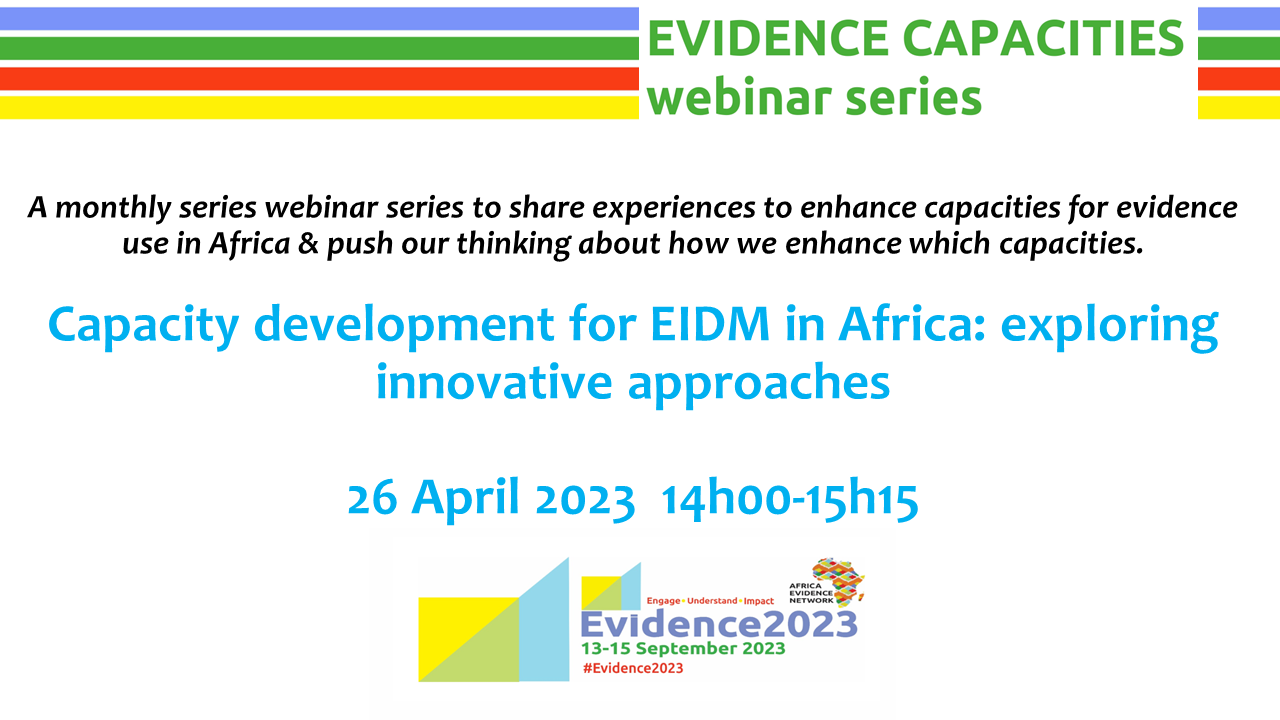
If you are interested in this topic, review the webinar presentation or watch the recorded webinar.
This blog post is based on the first webinar of the Evidence 2023 capacities webinar series hosted by the Africa Evidence Network (AEN). The AEN Evidence 2023 capacities webinar series aims to create a platform for sharing experiences and ideas that push our thinking on how (approaches) we enhance capacity for evidence use in Africa. The series also strives to generate ideas on the implications of novel approaches for wider ecosystem strengthening efforts. It is also our hope that these discussions will be the basis for improving and illustrating the AEN's Manifesto on capacity development for evidence use in Africa.
The first Enhancing Evidence Capacities webinar starts with an exploration of innovative approaches for evidence-informed decision-making (EIDM) capacity development in Africa. Evidence 2023 promises to be an exceptional event aiming to help build a knowledge base for EIDM practice in Africa. To accomplish this, three working groups have been occupied with getting members engaged before, during and after the event, helping accomplish some set targets. On this note, the Enhancing Evidence Capacities Working Group held its first webinar session as part of a series that are planned before Evidence 2023 in September.
Empanelled actors
Typically, the event was opened and closed by Chairperson for the session, Kirchuffs Atengble, who doubles as Co-chair for Evidence 2023. Emily Hayter, from OTT Consulting moderated a lively conversation among seasoned panellists that had Professor Avea E. Nsoh (TEERE, Ghana), Penka Bogne (Effective Basic Services, eBASE Africa, Cameroon) and Leyla Abdullahi (African Institute for Development Policy, AFIDEP, Kenya and Malawi) representing different organisations innovatively delivering capacity development interventions across the region.
Innovations in EIDM capacity development
Leyla opened her submissions by introducing some demand-driven niche interventions for EIDM capacity development that included mentorships that were targeted at Technical Working Groups (TWGs) and Members of Parliament (MPs).
Mentorship and postgraduate curriculum development as innovative approaches
These mentorships were combined with trainings and post-training support to help learners produce concrete products such as policy briefs. An interesting aspect of these mentorships was that learners worked with topics of their interest over periods that lasted between 2 weeks and 6 months. This helped secure ownership of the documents produced.
Beyond these mentorships, AFIDEP has supported EIDM capacity development through curriculum support for postgraduate in universities. This approach is aimed in helping develop a critical mass of professionals and citizens generally to possess EIDM competencies.
Traditional storytelling audit feedbacks for enhanced EIDM capacities
Penka highlighted engagements by eBASE Africa with mostly government agencies in francophone countries for equitable research use, but also through and with local traditional story tellers for wider dissemination of research evidence. They have also worked with practitioners like teachers to make use of audit feedbacks to improve teaching and learning capacities.
Orienting interventions for systemic change
Realising limited opportunities for rewarding tasks related to evidence production and use, AFIDEP worked with officers from the Health Ministry initiate an intervention on performance appraisal incentivisation. This intervention equally required training of senior officers to appreciate EIDM practice, which is necessary for instituting changes that incentivise evidence production and use. This did not require a full training on EIDM competencies, but took the form of a 1-day awareness and sensitisation session.
Other innovative approaches
Prof. Nsoh shared TEERE’s experience of working with partner government and private sector organisations to provide mentorship for interns that work with their organisation. A child-protection song produced by eBASE Africa is also being used to educate children on mechanisms for fighting sexual and gender-based violence.
Addressing inequities in adult learning
Using residential sessions for heavily practical short-term sessions
For AFIDEP’s postgraduate curriculum development programme, senior government officers have been targeted for this promotional course. The residential course takes a heavily hands-on approach that lasts for a maximum of two weeks. While the first week introduces learners to key competencies for producing policy/evidence briefs for example, the second week is then dedicated to developing these resources using self-selected topics of interest. Presentation and sometimes role play sessions are held at the end to support communication of these topics.
Virtual and in-person sessions are mixed for longer term engagements
The mentorship sessions have targeted mostly researchers within their research institutes, for which reason they prefer longer term engagements that are delivered virtually but interlaced with monthly in-person meetings. For parliamentarians and policy officers in the Ministries, their capacity interest normally targets evidence synthesis, in addition to their communication.
Niche engagement for francophone learners
Recognising language constraints in scientific communication, eBASE Africa has mostly targeted its interventions in francophone African policy settings. Penka cited their REAP project, being implemented across Niger, Cameroon, and Chad, through which their organisation tries to create responsive evidence systems for African policy needs. Existing research are therefore translated into French when necessary for formally educated policy officers but also for less-educated citizens through storytelling.
Learner-driven interventions
Through the REAP project for example, policymakers take lead role in determining their own needs for evidence use. Research conducted therefore directly addresses these identified needs. Teachers have also led implementation of audit feedbacks, following their guidance on use of the essential resources.
Capacity development for shifting political contexts
Partnerships have been a great component of programming at eBASE Africa, including national and local governments, as also are with international stakeholders. These have been instrumental in facilitating implementation of initiatives. Prof. Nsoh shared cited their use of Community of Practice (CoP) as a mechanism at the district level to overcome political hurdles involved in evidence use of decision policy making.
Political and bureaucratic constraints have affected EIDM work by AFIDEP, including those with universities. Flexibility in introducing an EIDM short course for instance was a means to gradually introduce the curriculum to a university, after accreditation was successfully secured for the main postgraduate programme. Existing demand served as an assurance for taking this routing approach in this instance.
In Parliament and the Ministry of Health, there was need for different levels of approvals aside a prerequisite of working with institutional timelines. Incorporating these initiatives into institutional work plans was a useful way to navigate these difficult timelines, while awaiting review feedback from the necessary authority quarters.
Questions and answers
Participants had an opportunity to ask questions that were addressed by the different resource persons. On a question about the number of countries using ‘the EIDM curriculum’, Emily informed of the absence of a common curriculum, as different stakeholders are implementing different aspects and twists of curricular. This was corroborated by Kirchuffs, adding that the Manifesto on EIDM capacity development for instance is a collective resource that brings together practitioner perspectives across the EIDM field.
Penka suggested, in response to another question, the use of needs assessment as a tool to establish capacity gaps among different target groups, including research teams, policymakers and the young people. Kirchuffs recommended in addition that capacity development partners get closer to their potential learners, aiming to understand existing interventions, opportunities, and gaps. These insights are to avoid duplication when conceptualising and designing interventions. To reduce power differentials in the learning environment, he also recommended differentiated prior engagements with learner groups, aiming to diffuse potential conflict triggers as well as assuring them even if conflict situations present themselves during exercises.
In response to a question on approach for translating research evidence into evidence, Penka shared a systematic method that transcended seven steps in agreement with existing theories and frameworks: problem identification, community diagnosis, search for research evidence, development of evidence statements, strong collaboration with researchers and storytellers, storytelling sessions, and evaluation of these sessions against intended targets.
There were questions that touched on integrating marginalised groups in EIDM programming, including those from gender and disability populations. Penka informed that to the best of their ability, eBASE Africa ensures that every member of socially vulnerable communities are included in their initiatives. She hinted of a workshop on storytelling to be hosted by her organisation during Evidence 2023. Leyla and Prof Nsoh assured also of efforts by their respective organisations to address gender gap by deliberately including female learners in each of their interventions.
Taking the conversation forward
This first webinar kicked off timely and relevant discussions on the innovative approaches being used to develop capacity in the EIDM sector. We would like to collaborate as a collective to continue with these robust discussions. To take the conversation forward, here are a few discussion points to deliberate on, though you are welcome to add more.
1) What does the discussion mean for the AEN's Manifesto, revising it, and keeping it useful for our EIDM work?
2) How would you suggest the Manifesto to be used in transforming approaches for EIDM capacity development in Africa?
I would like to invite you to continue the conversation asynchronously via LinkedIn until the next evidence capacities webinar in our series, where you will get an opportunity to learn more about what the implications are of innovative ways of advancing evidence capacities for various stakeholders, such as funders and capacity development providers.
About the author: Kirchuffs Atengble is the Research Team Lead at PACKS Africa, a youth-led Pan-African think tank operating to improve uptake of research and other forms of evidence in policy processes and practice. Individual and institutional-level capacity development has been a core focus in his line of work, particularly through diagnostics of information systems and knowledge management. He has over 10 years of experience within the field of evidence-to-policy, playing various roles at local, national, and regional levels of collaboration to enhance opportunities for interventions that ultimately target human development. While providing strategic leadership to PACKS, he also leads on specific initiatives, aiming to nurture a really influential organisation for evidence-informed policies. His strategic position within the EIDM fraternity has earned him various appointments, including Research Associate at the University of Johannesburg, Visiting faculty at the University of Southampton, and Advisory Group member of the Africa Evidence Network (AEN). He may be reached via email at k.atengble@packs-africa.org. Get in touch with him on Twitter or @PACKS_Africa.
Acknowledgements: The author(s) is solely responsible for the content of this article, including all errors or omissions; acknowledgements do not imply endorsement of the content. The author is grateful to Charity Chisoro for her guidance in the preparation and finalisation of this article as well as her editorial support.
Disclaimer: The views expressed in published blog posts, as well as any errors or omissions, are the sole responsibility of the author/s and do not represent the views of the Africa Evidence Network, its secretariat, advisory or reference groups, or its funders; nor does it imply endorsement by the afore-mentioned parties.
Suggested citation: Atengble K (2023) Capacity development for evidence-informed decision-making (EDM) in Africa: exploring innovative approaches. Blog posting on 04 May 2023 that is part of the AEN blog series on the Evidence 2023 Capacities webinar series. Available at: https://www.africaevidencenetwork.org/en/learning-space/article/233/
